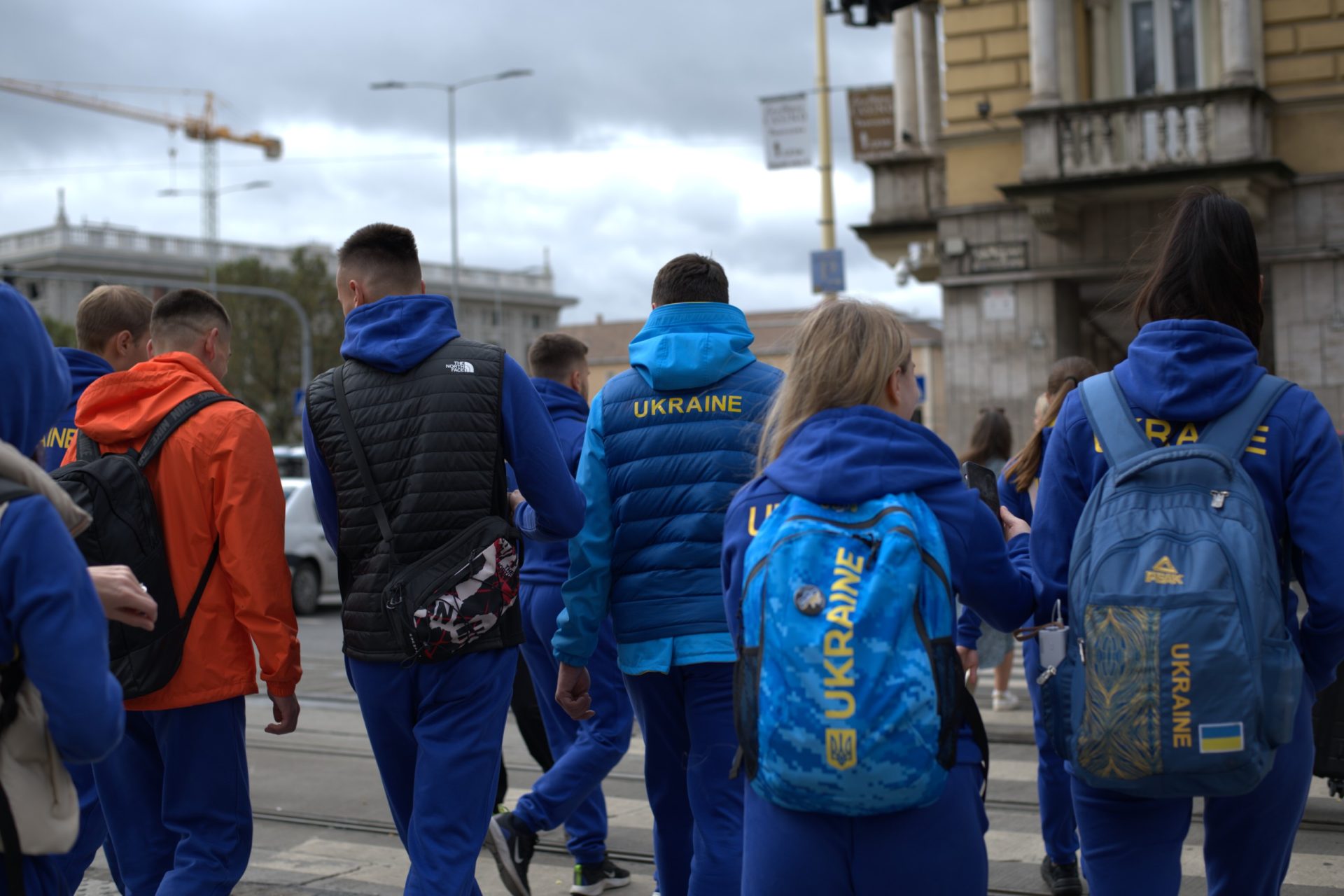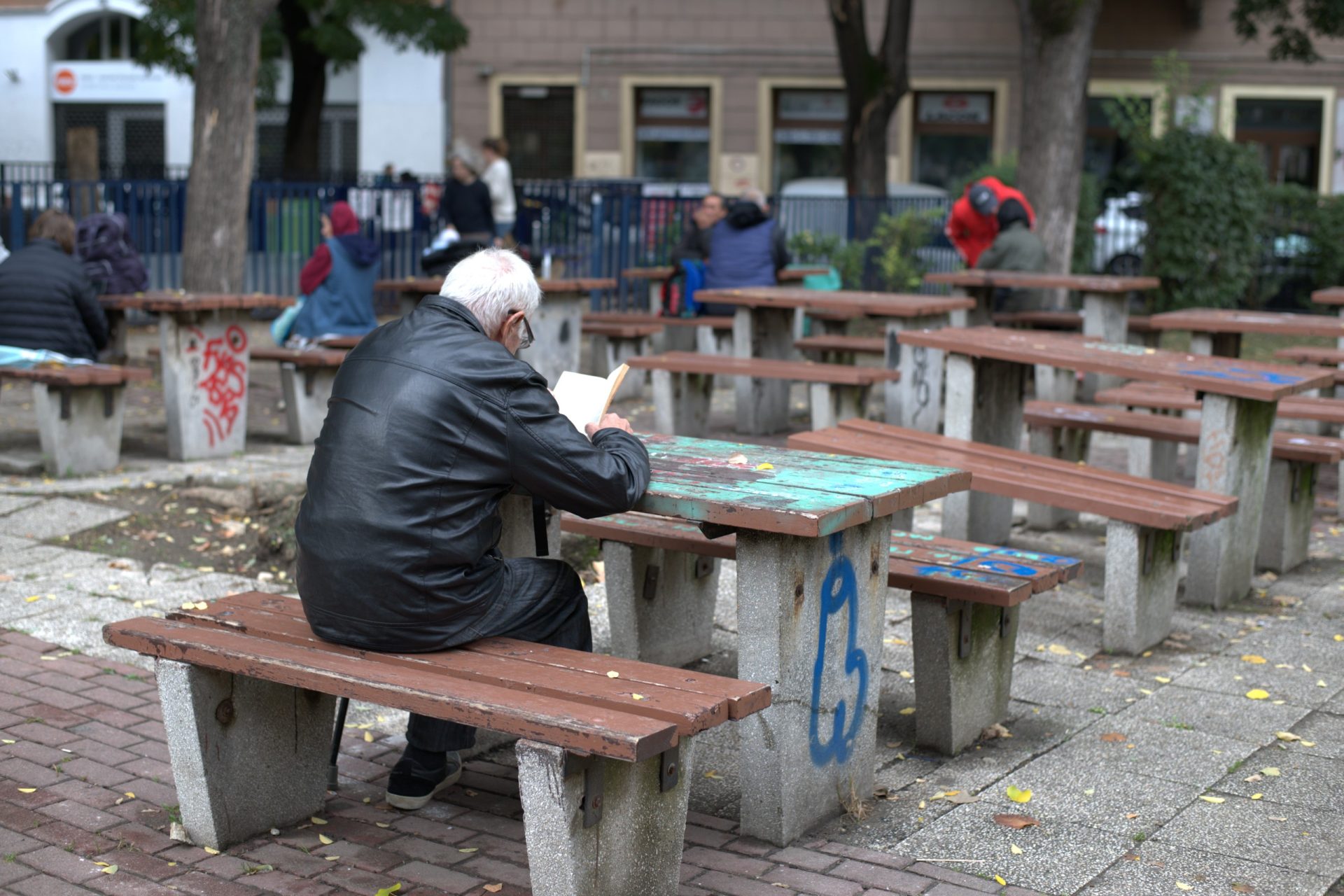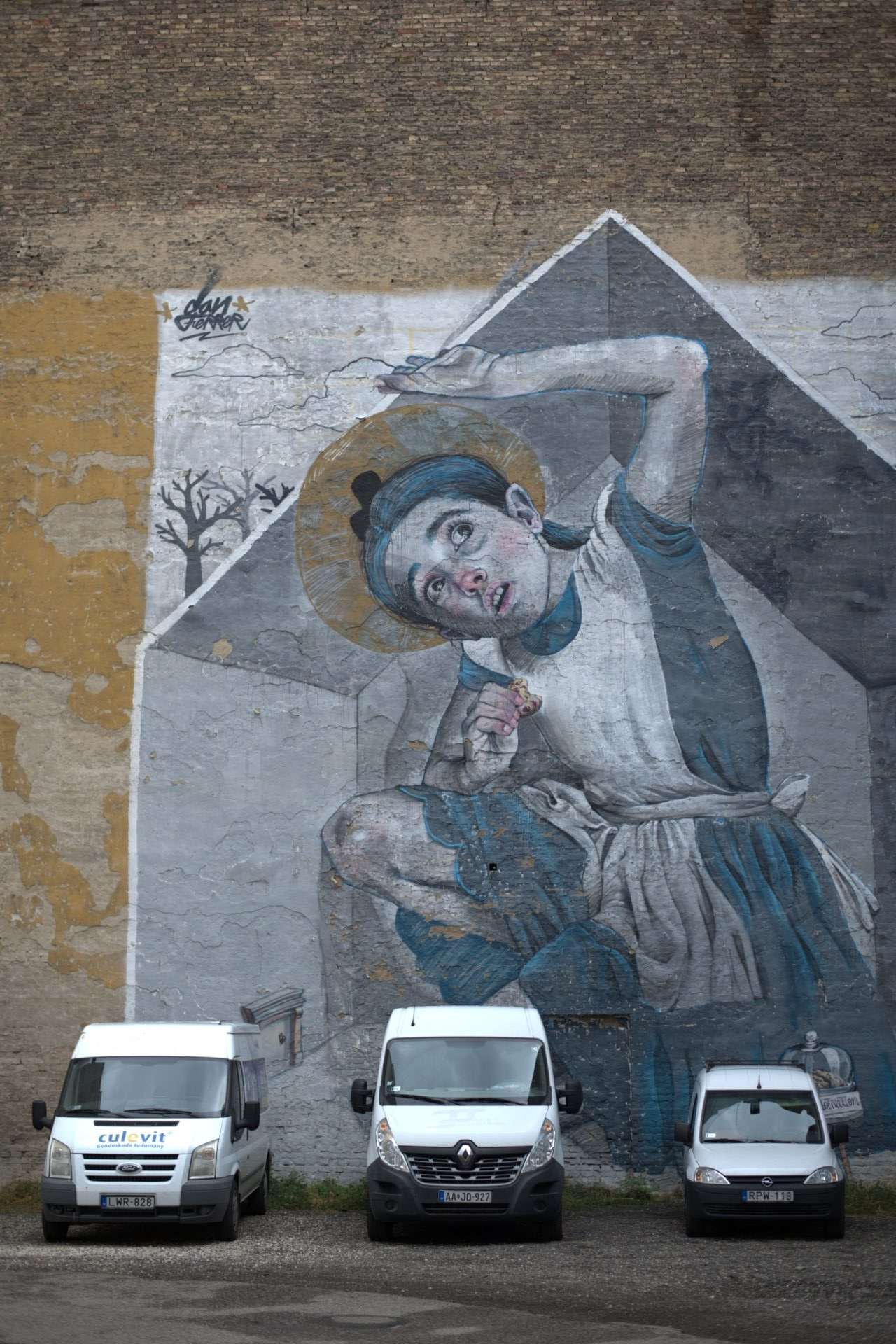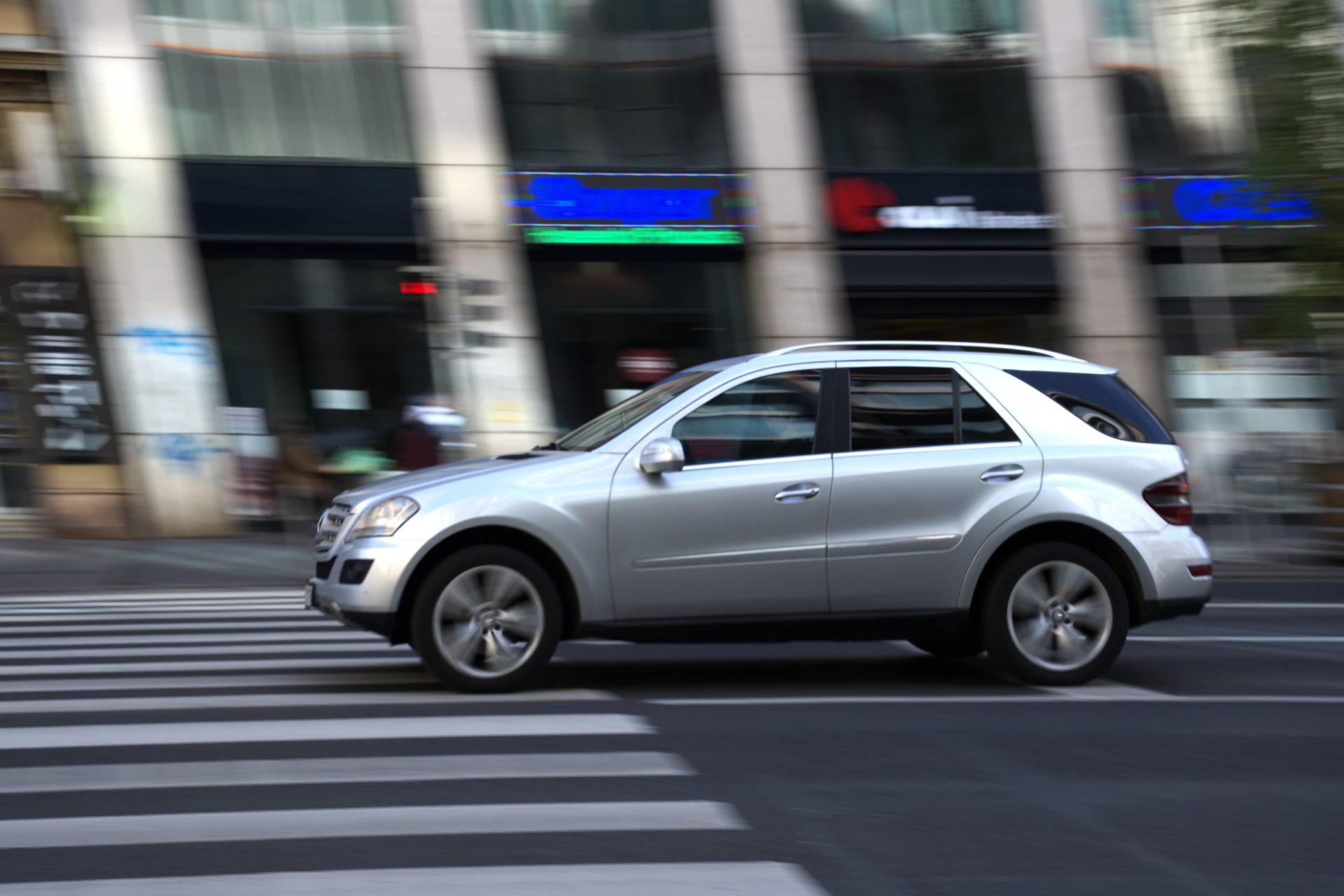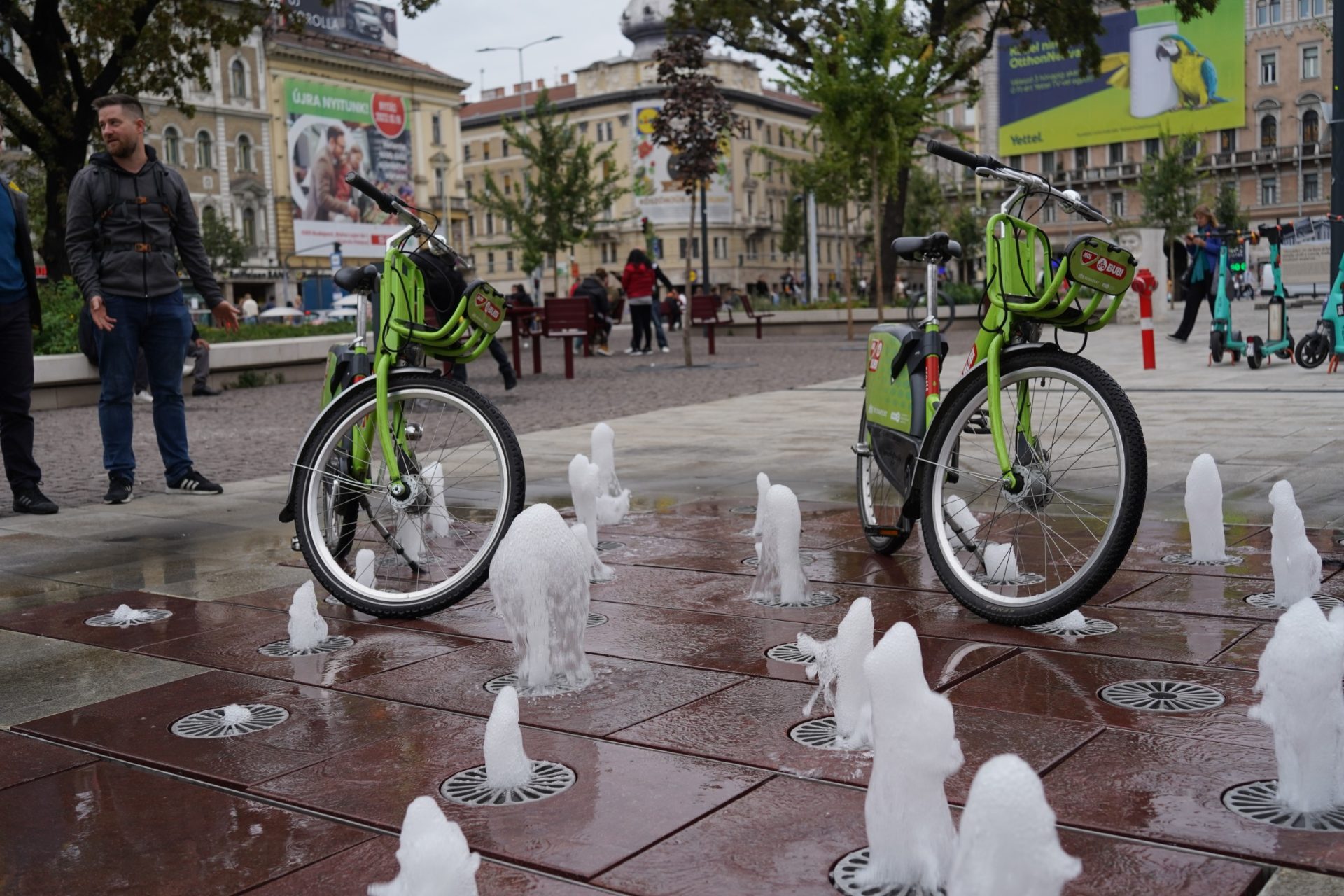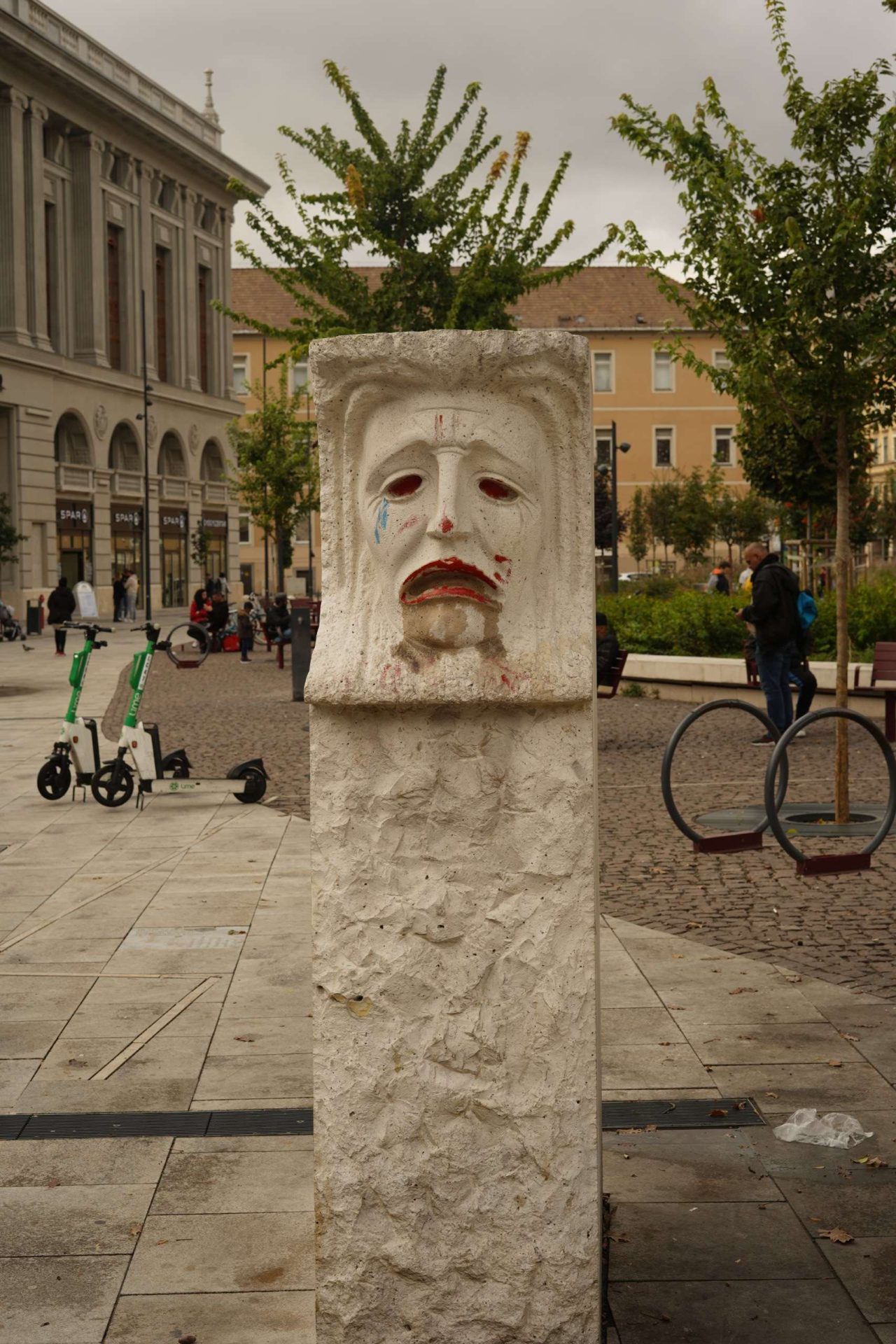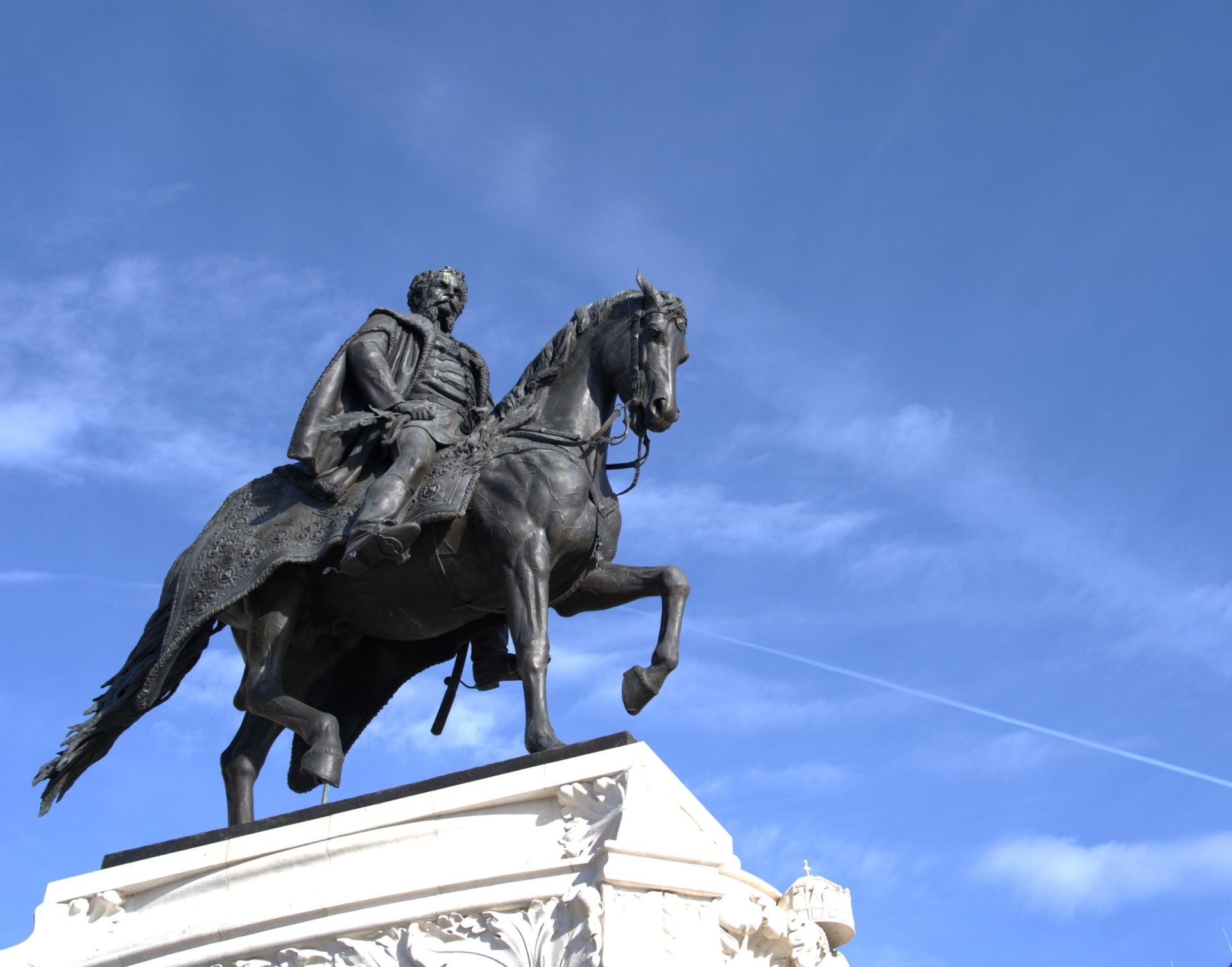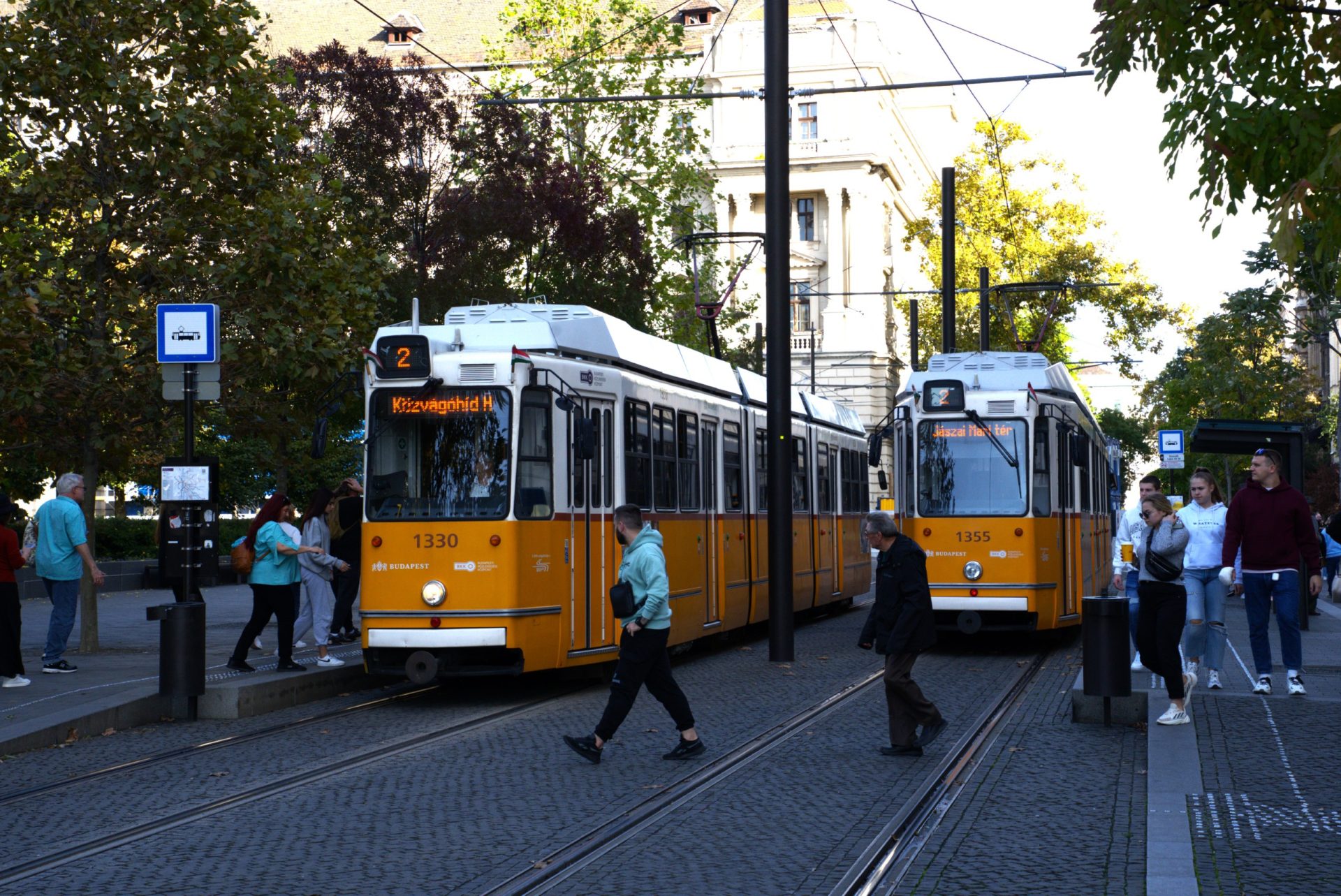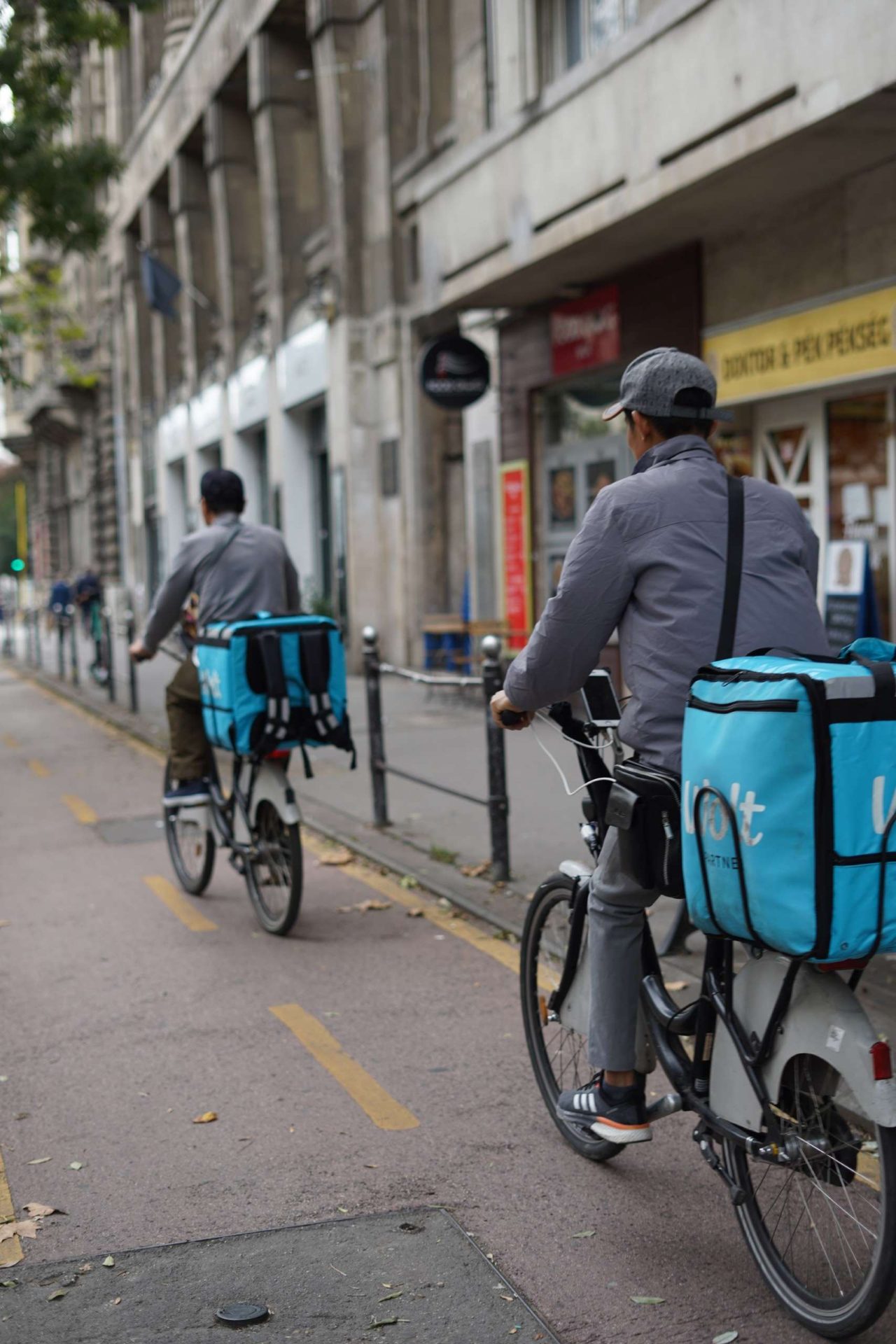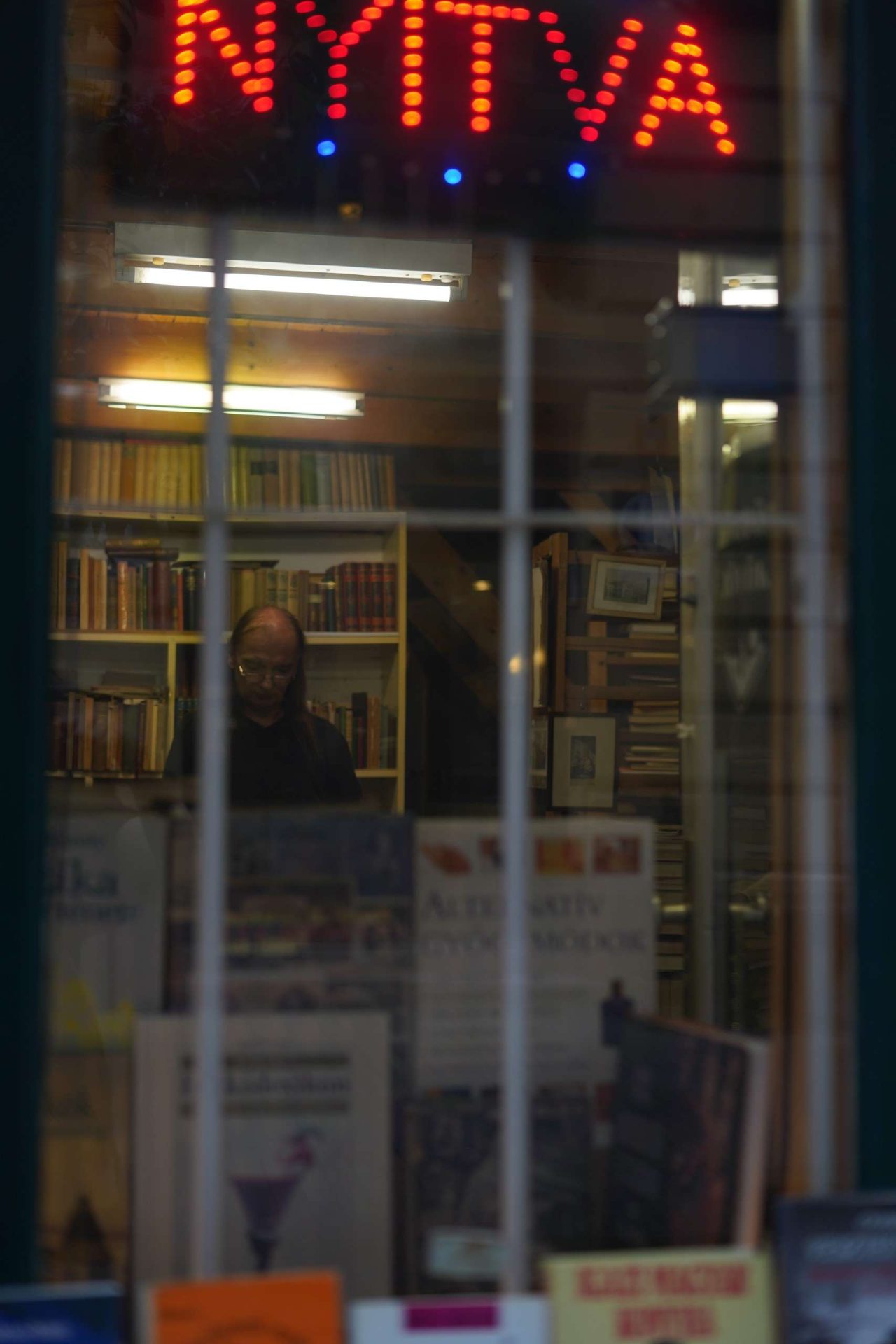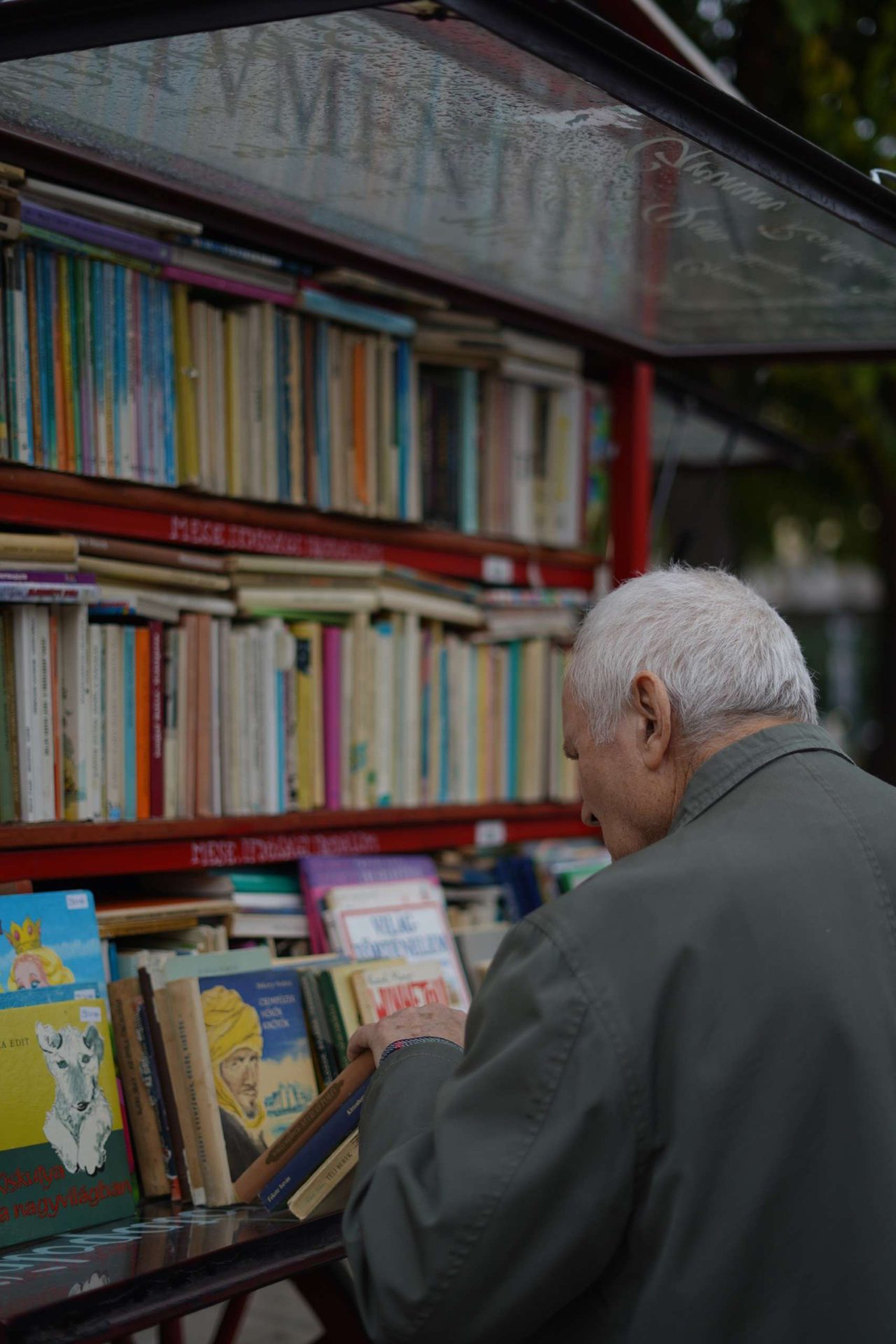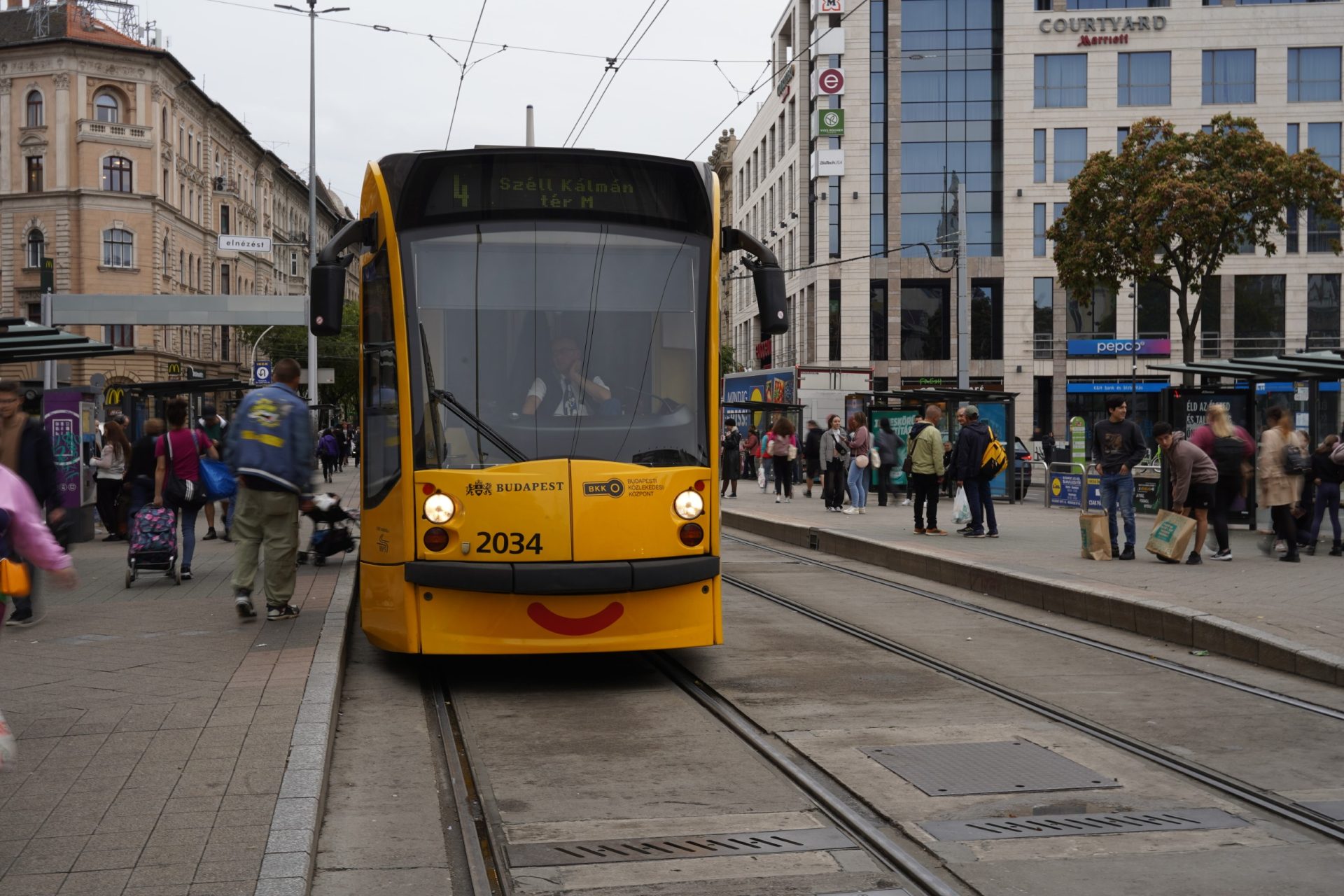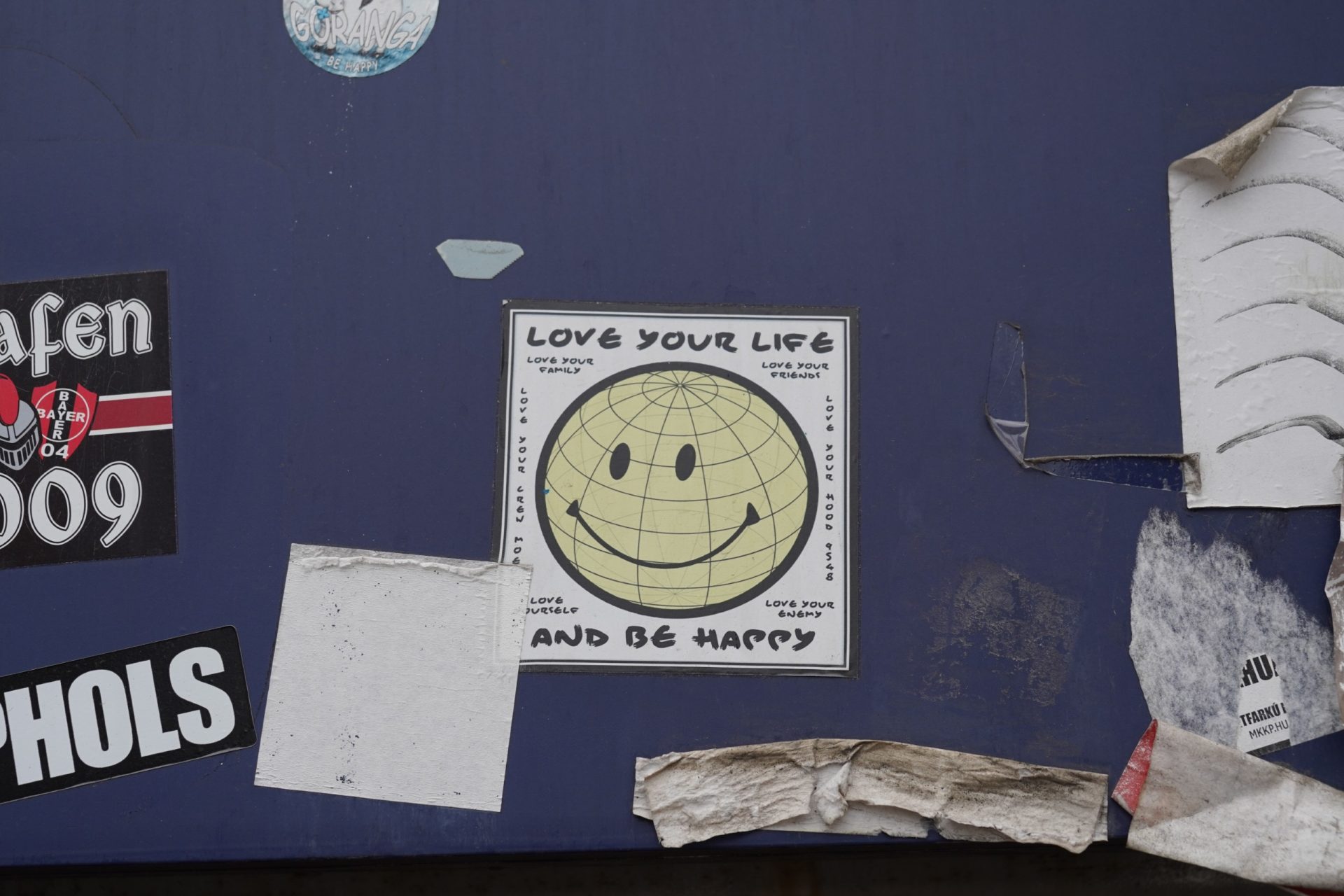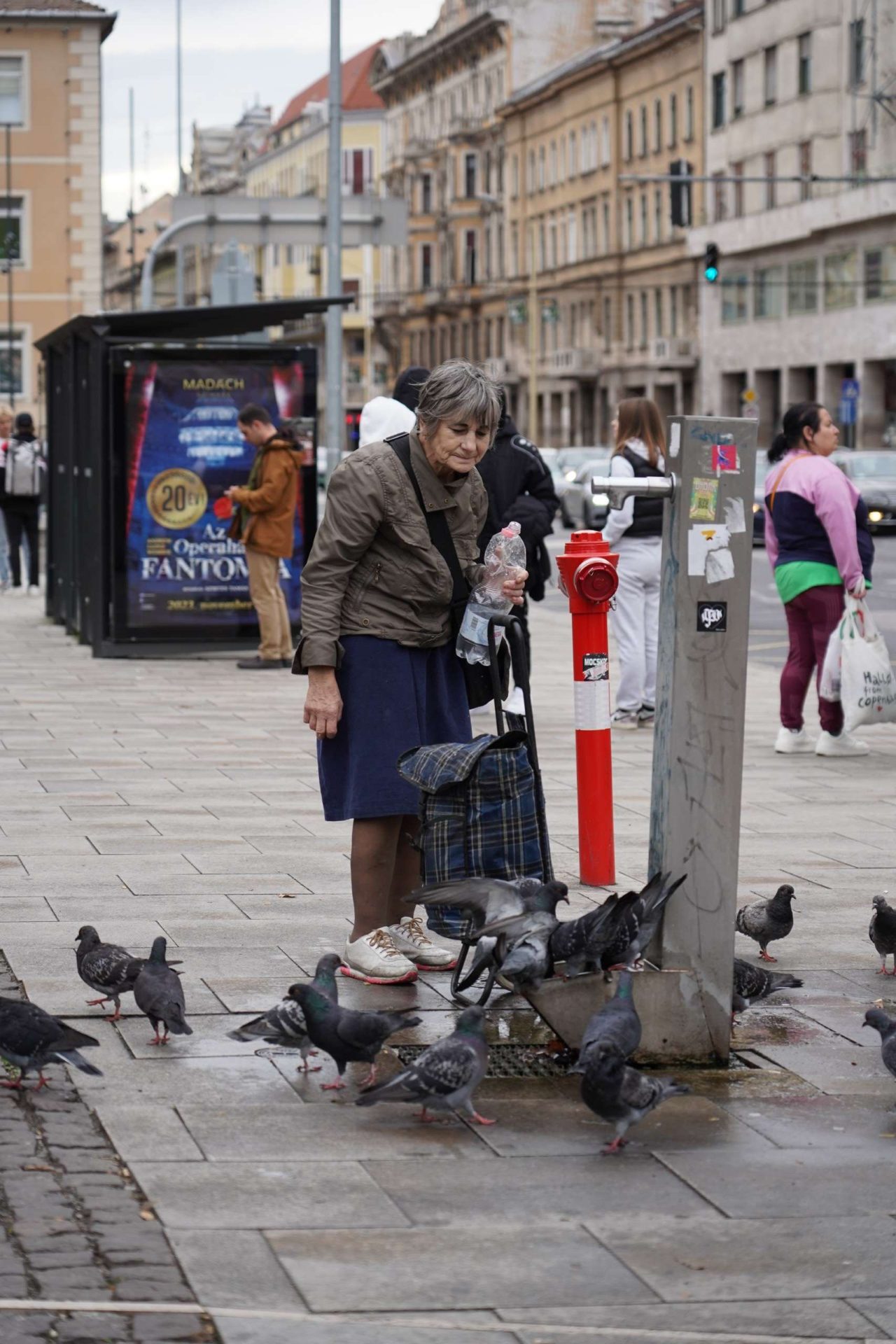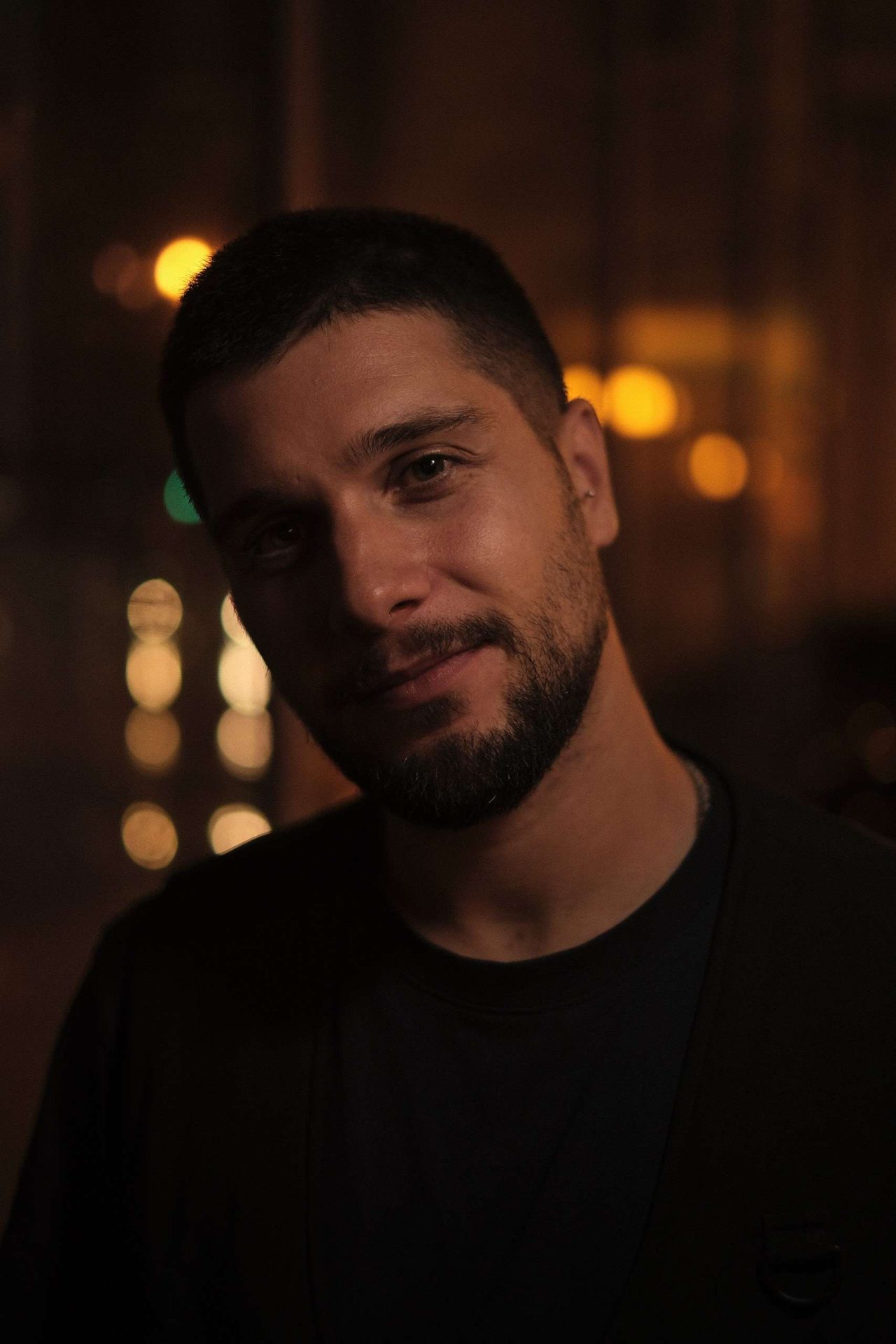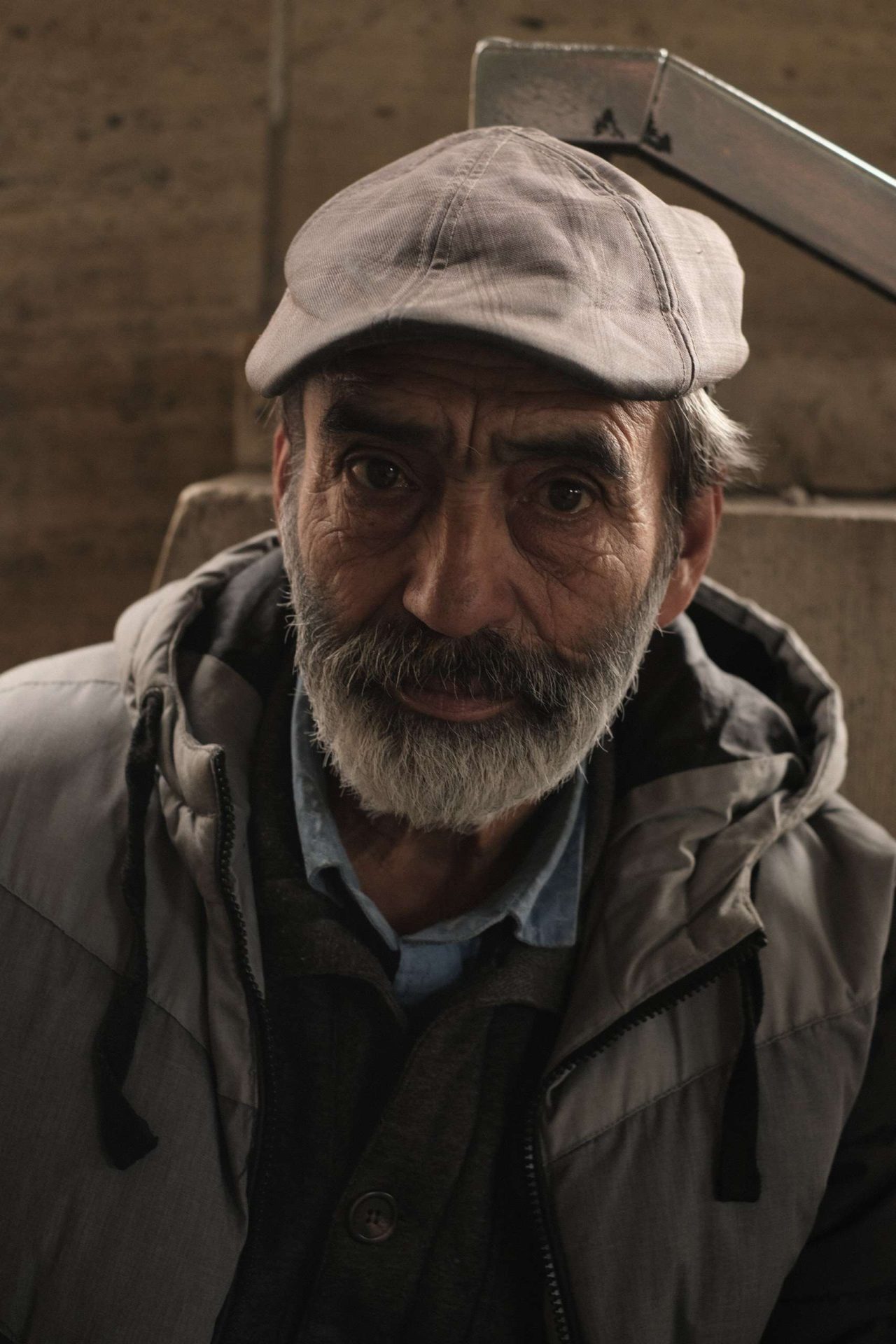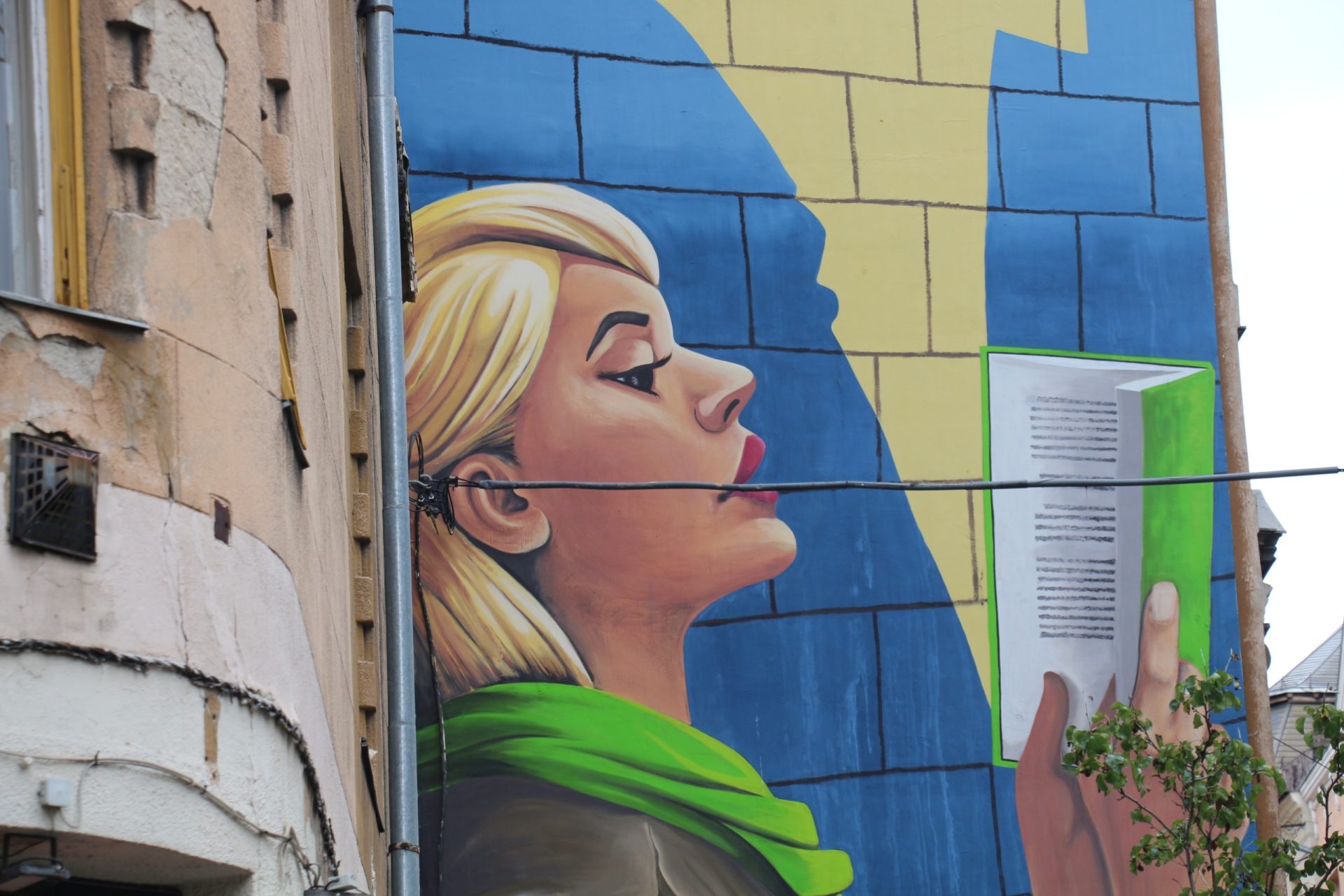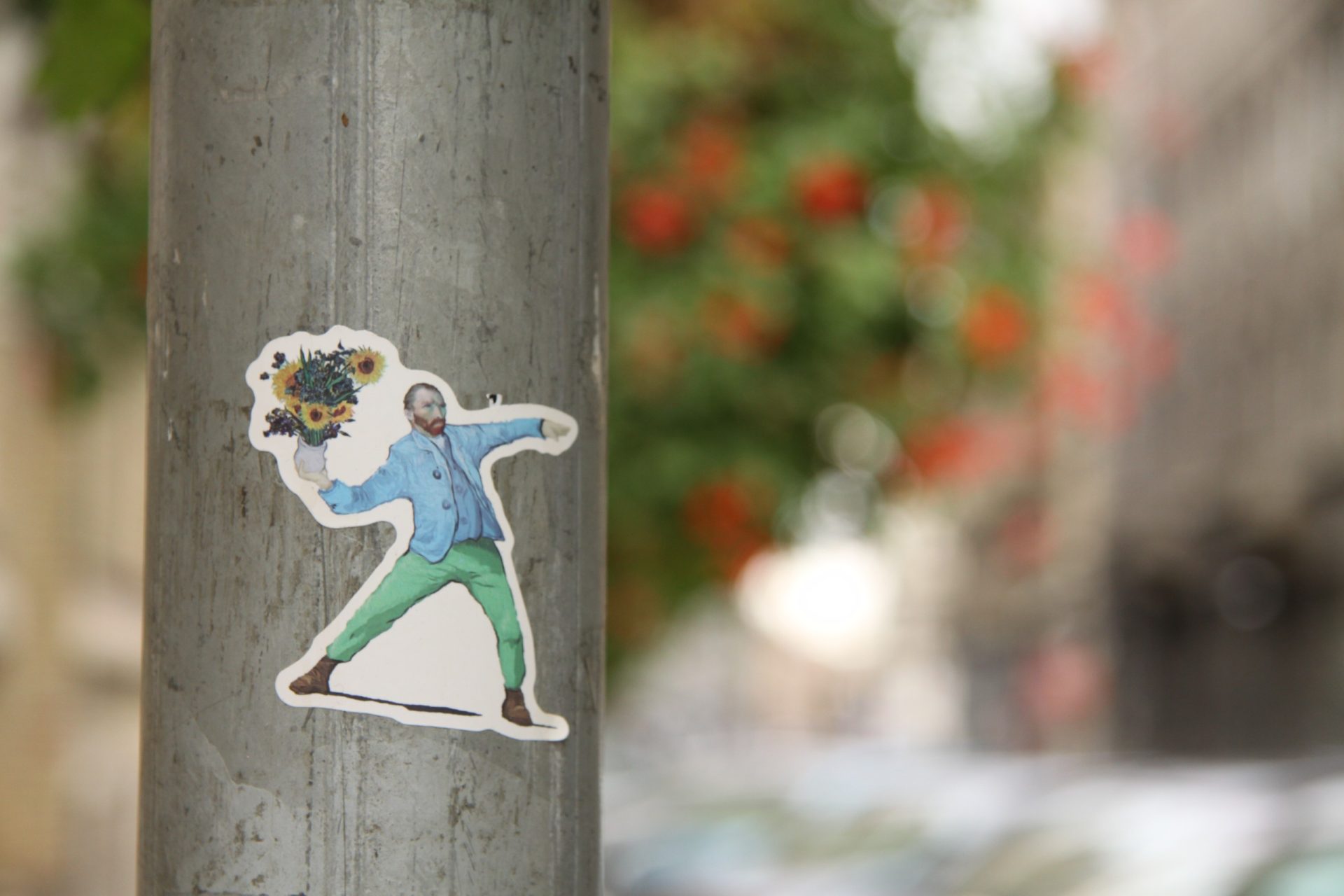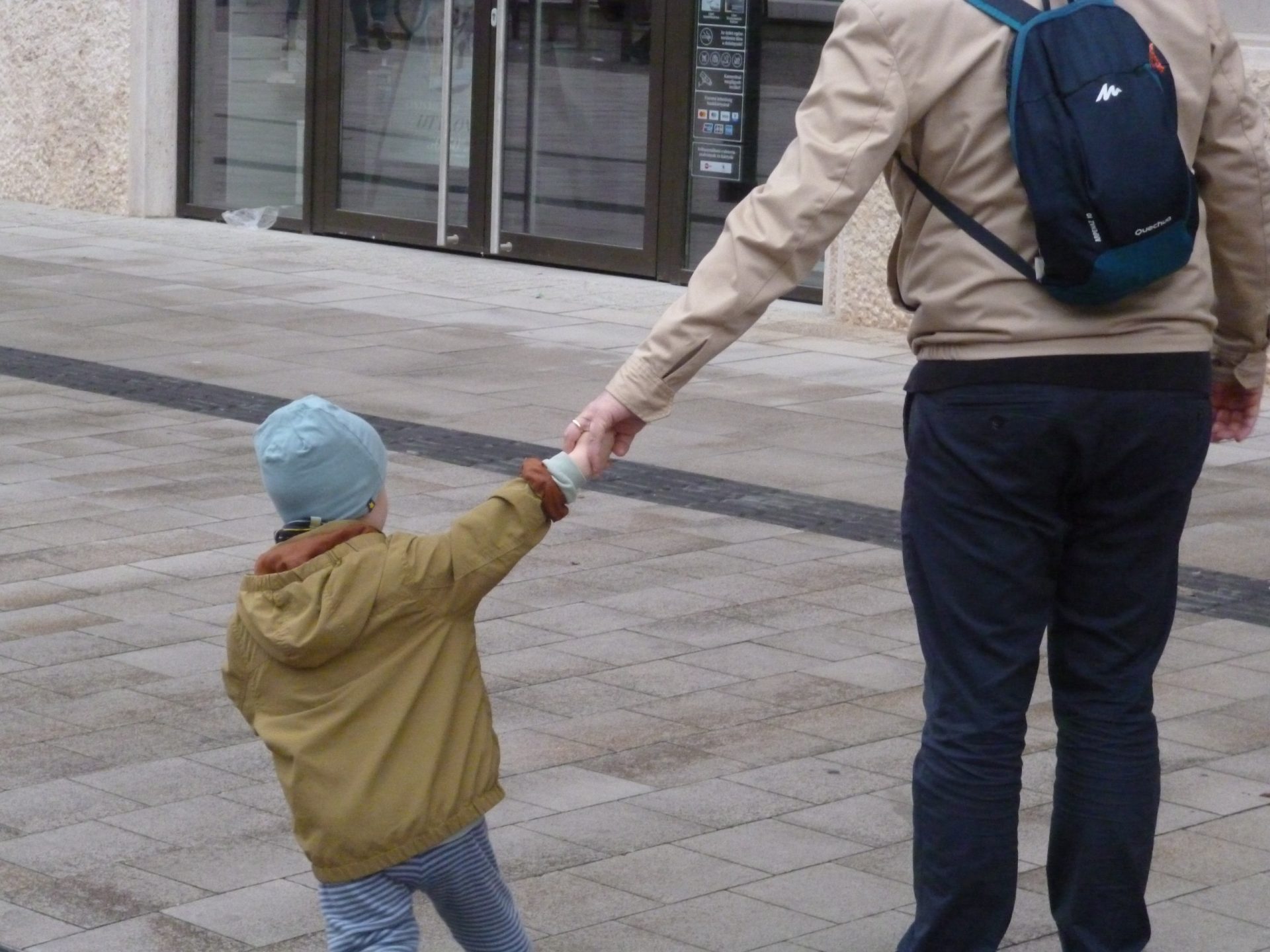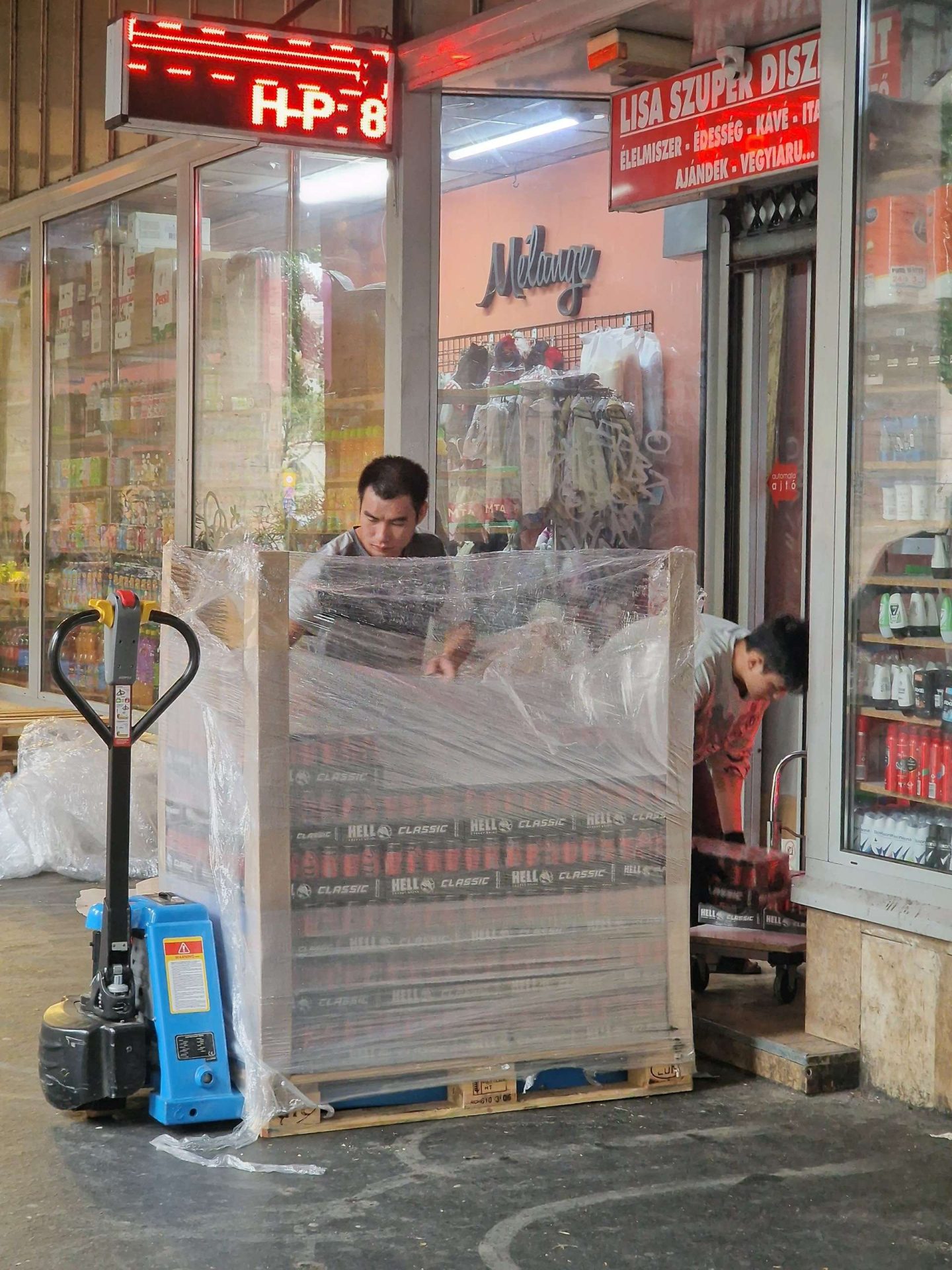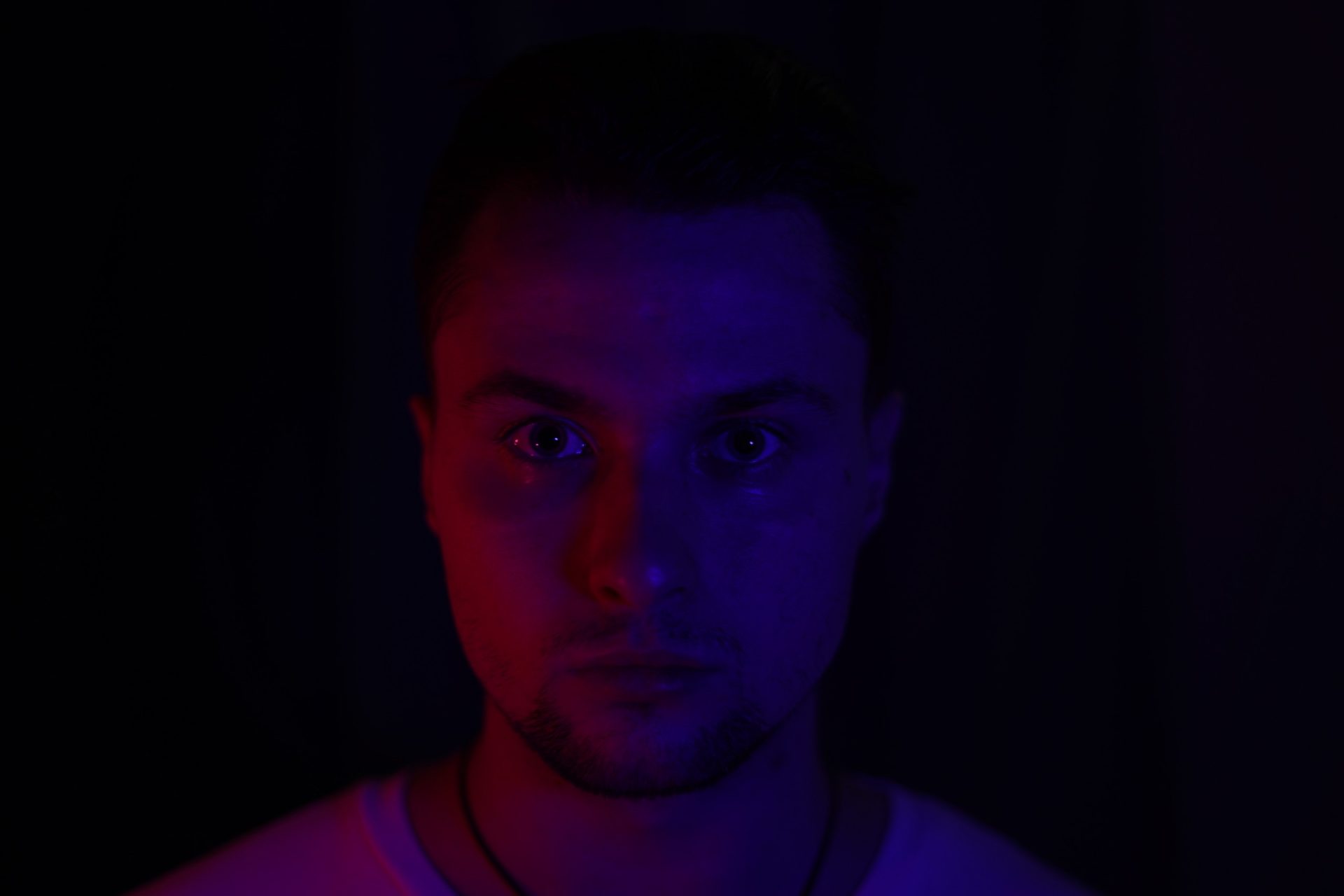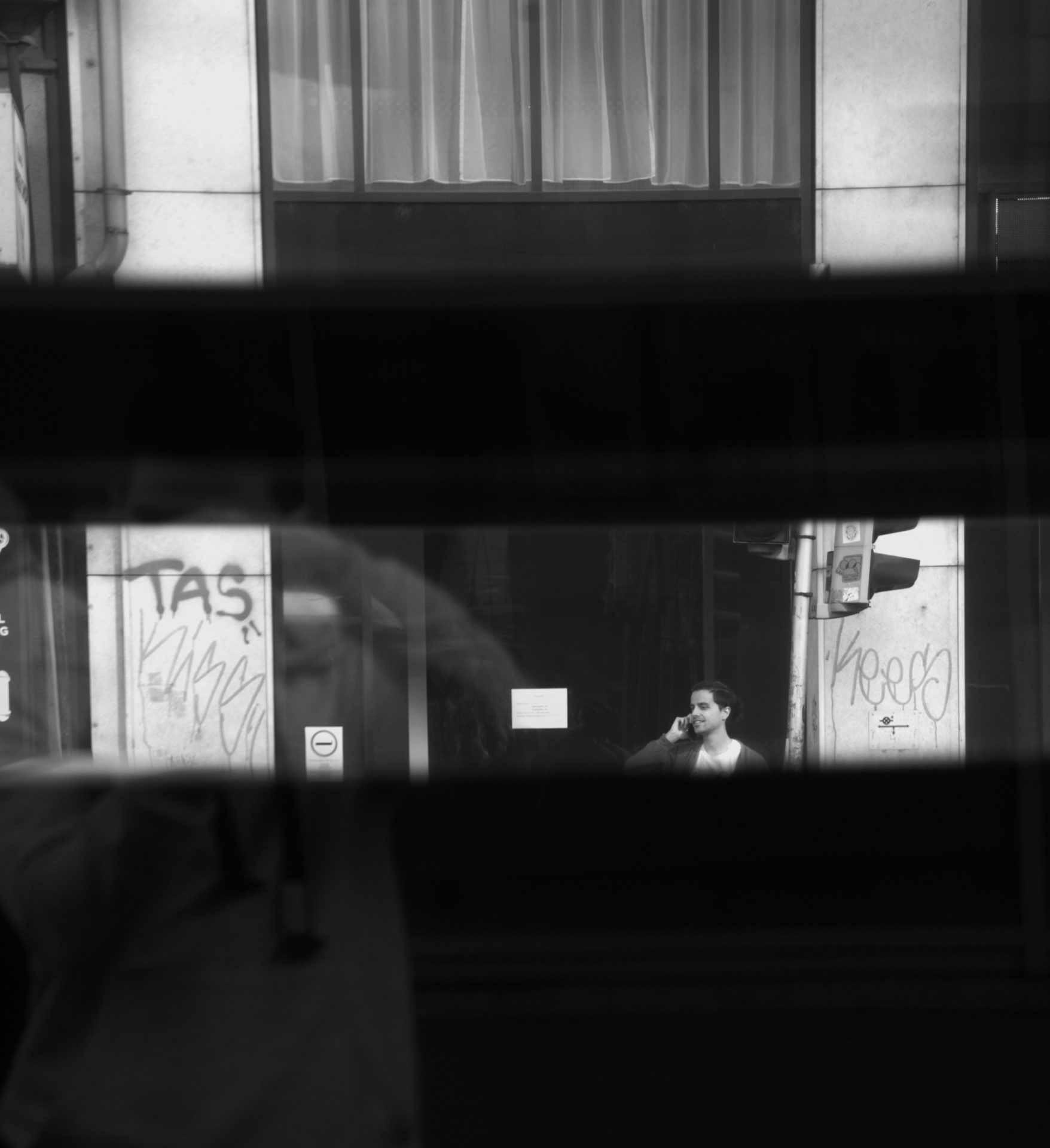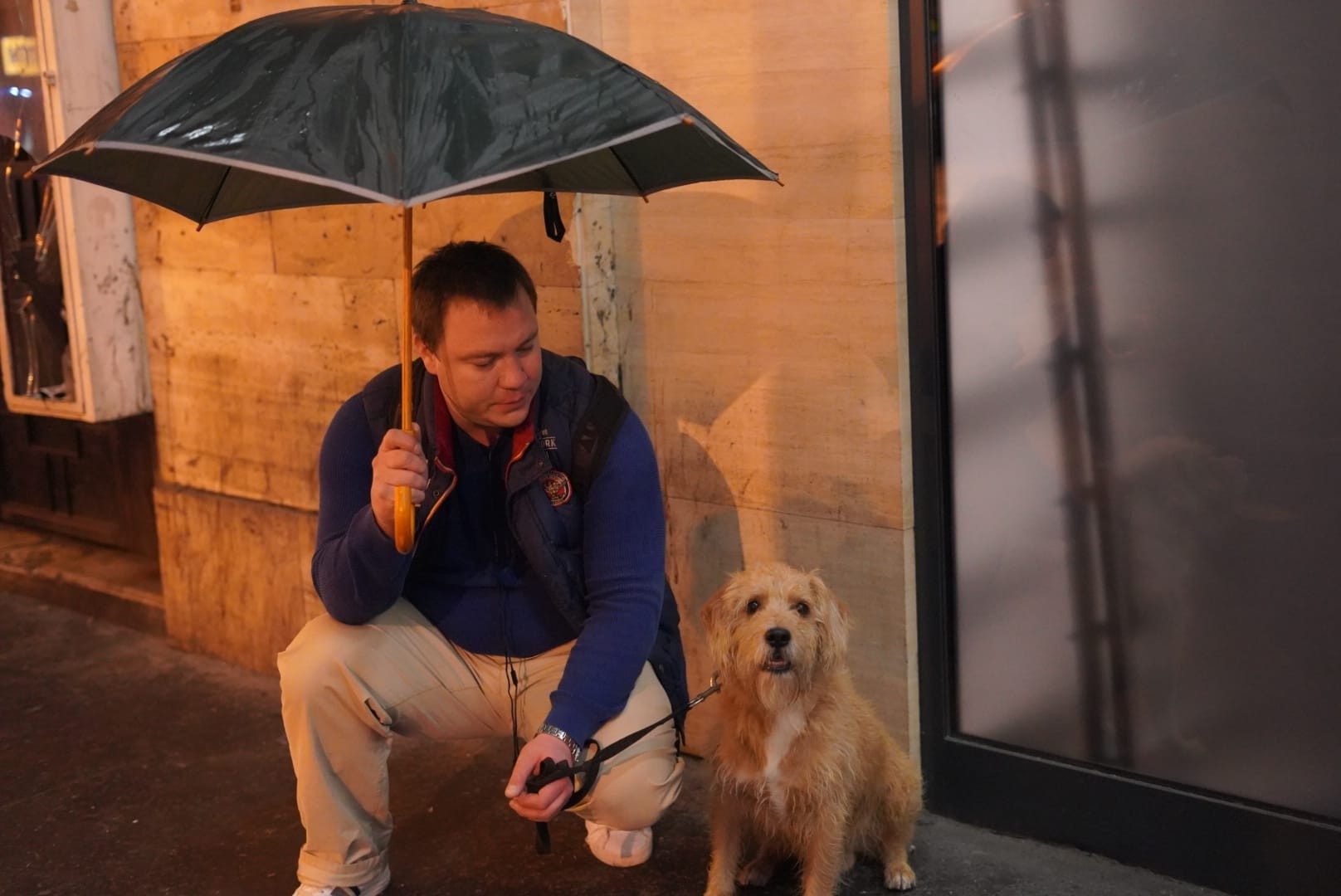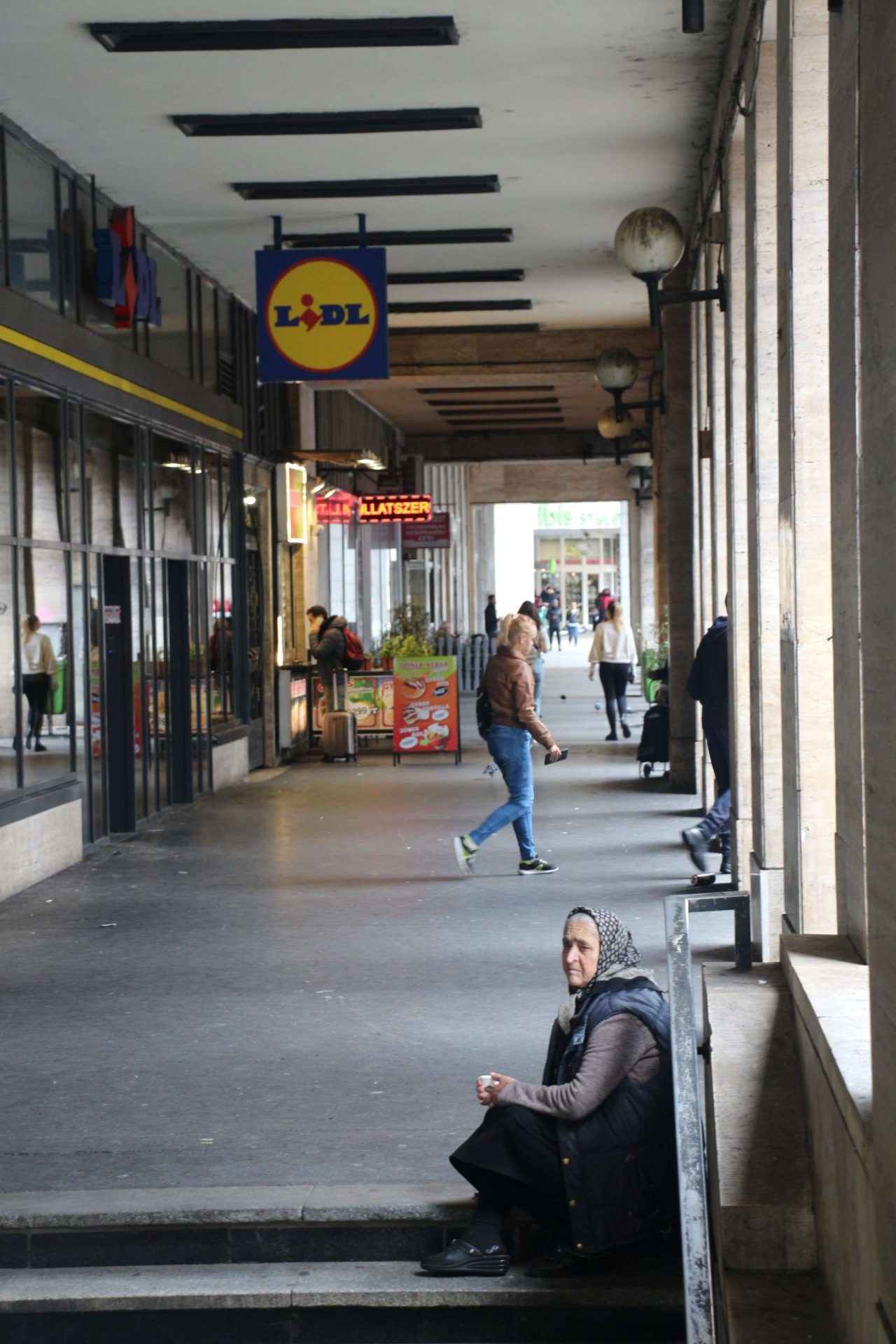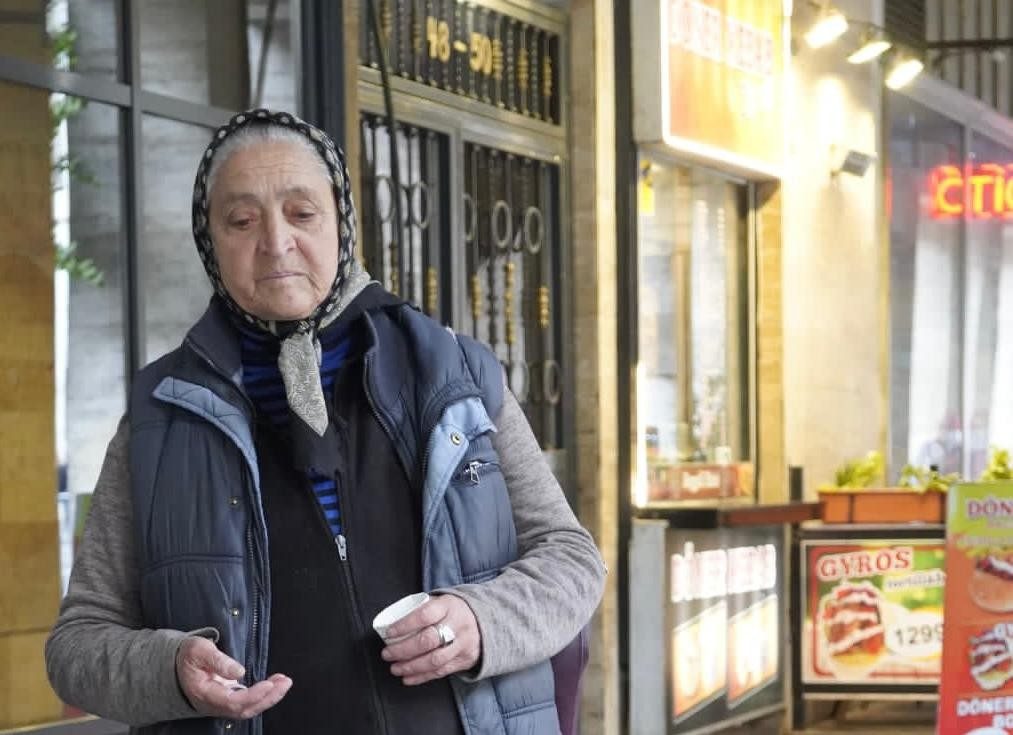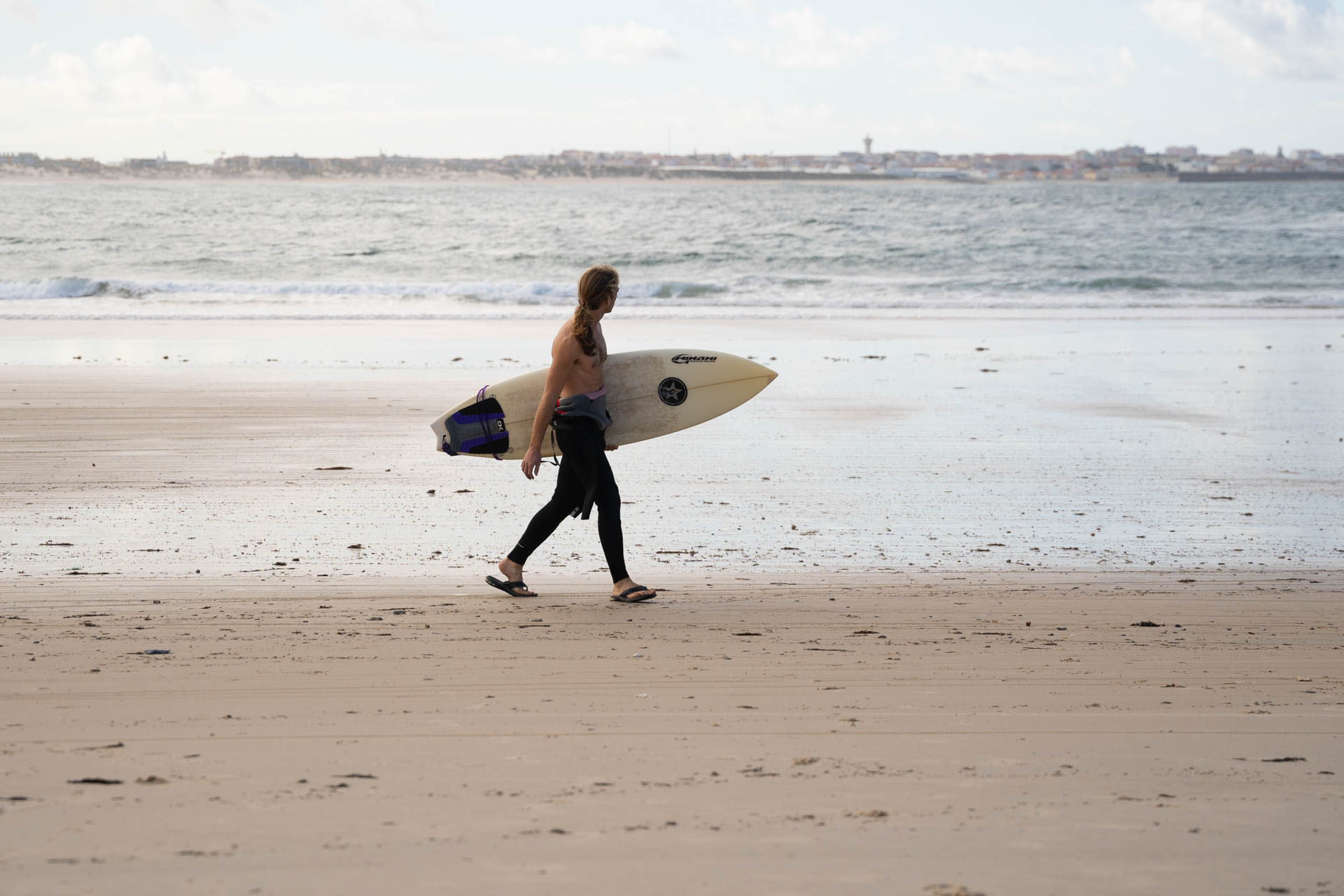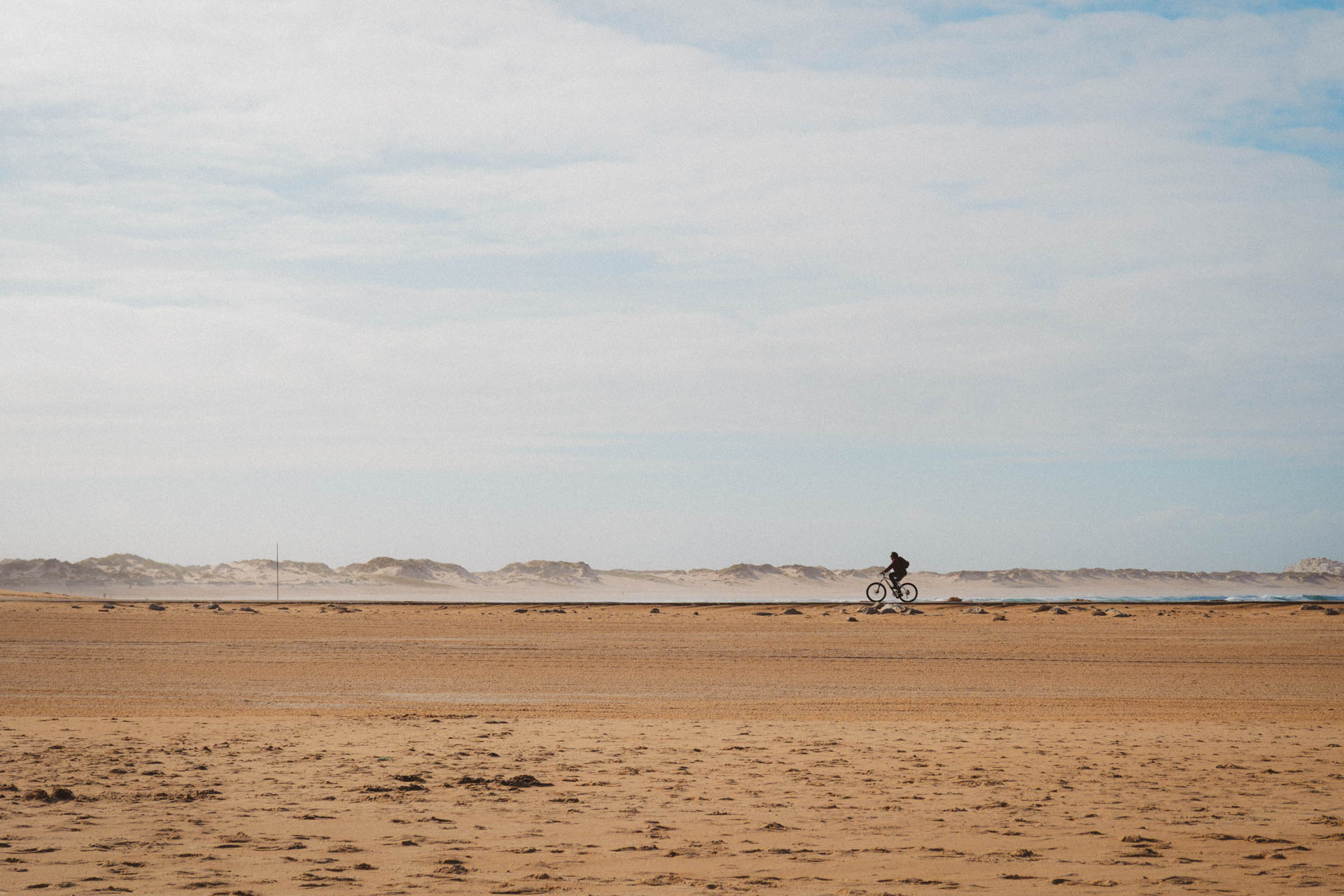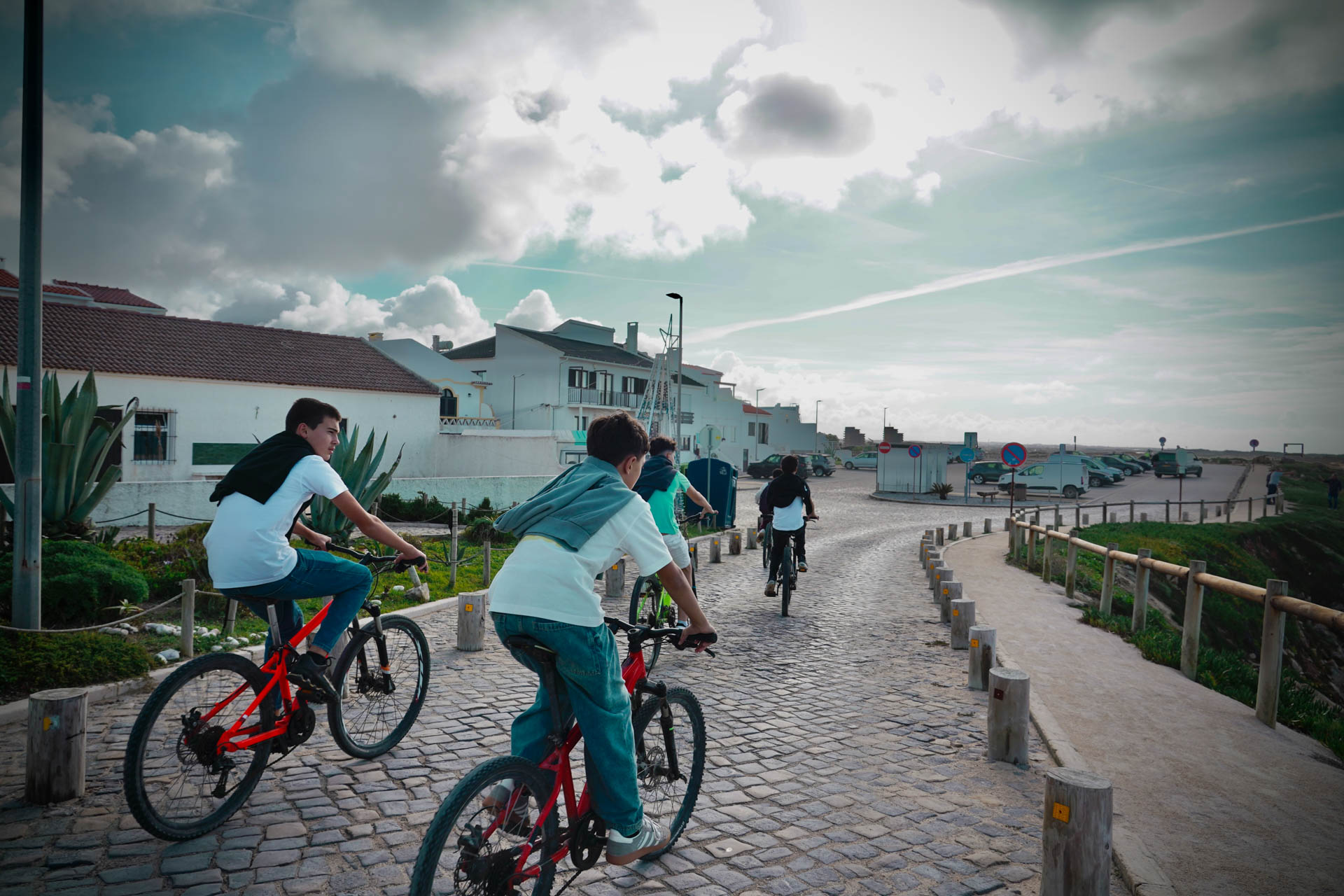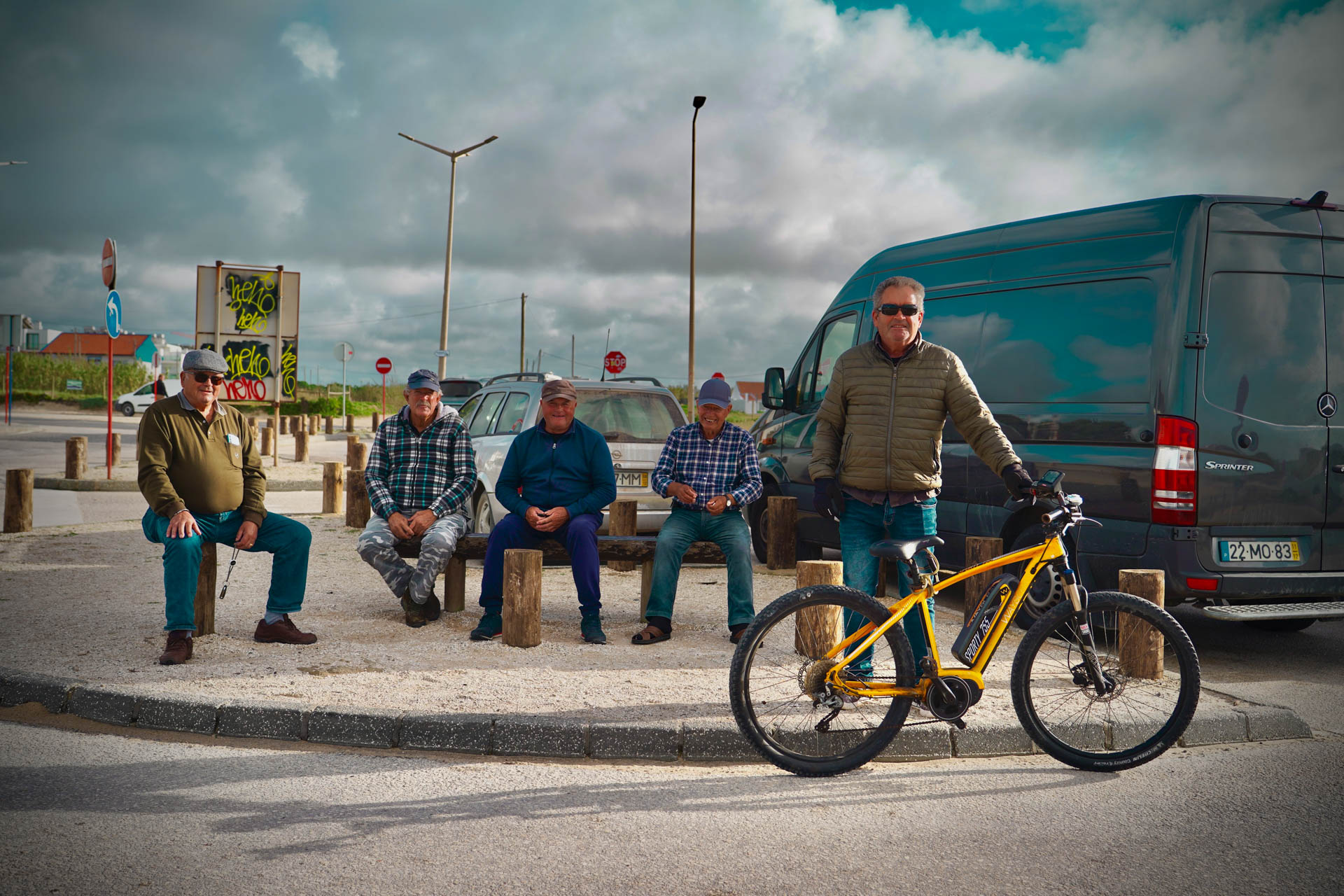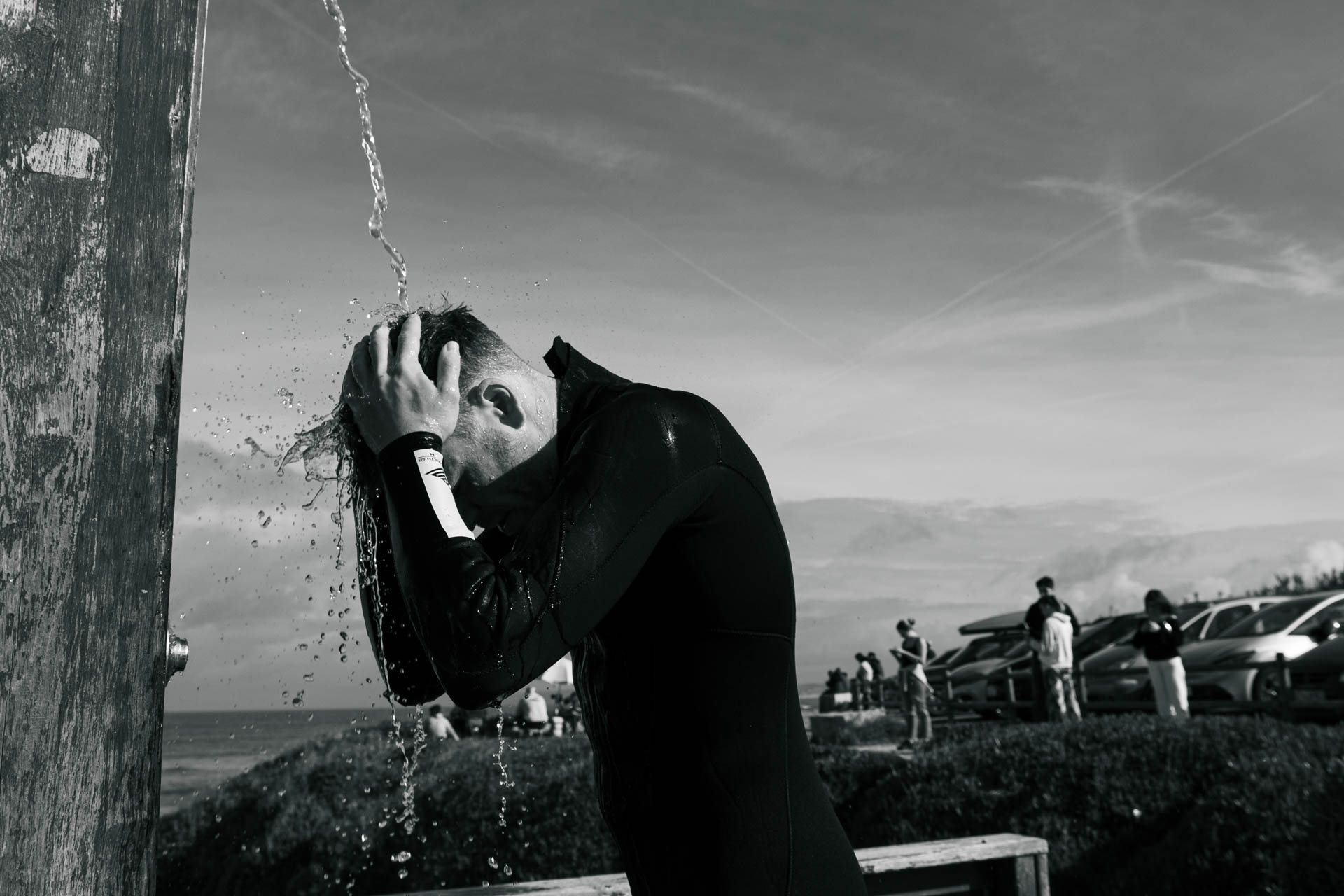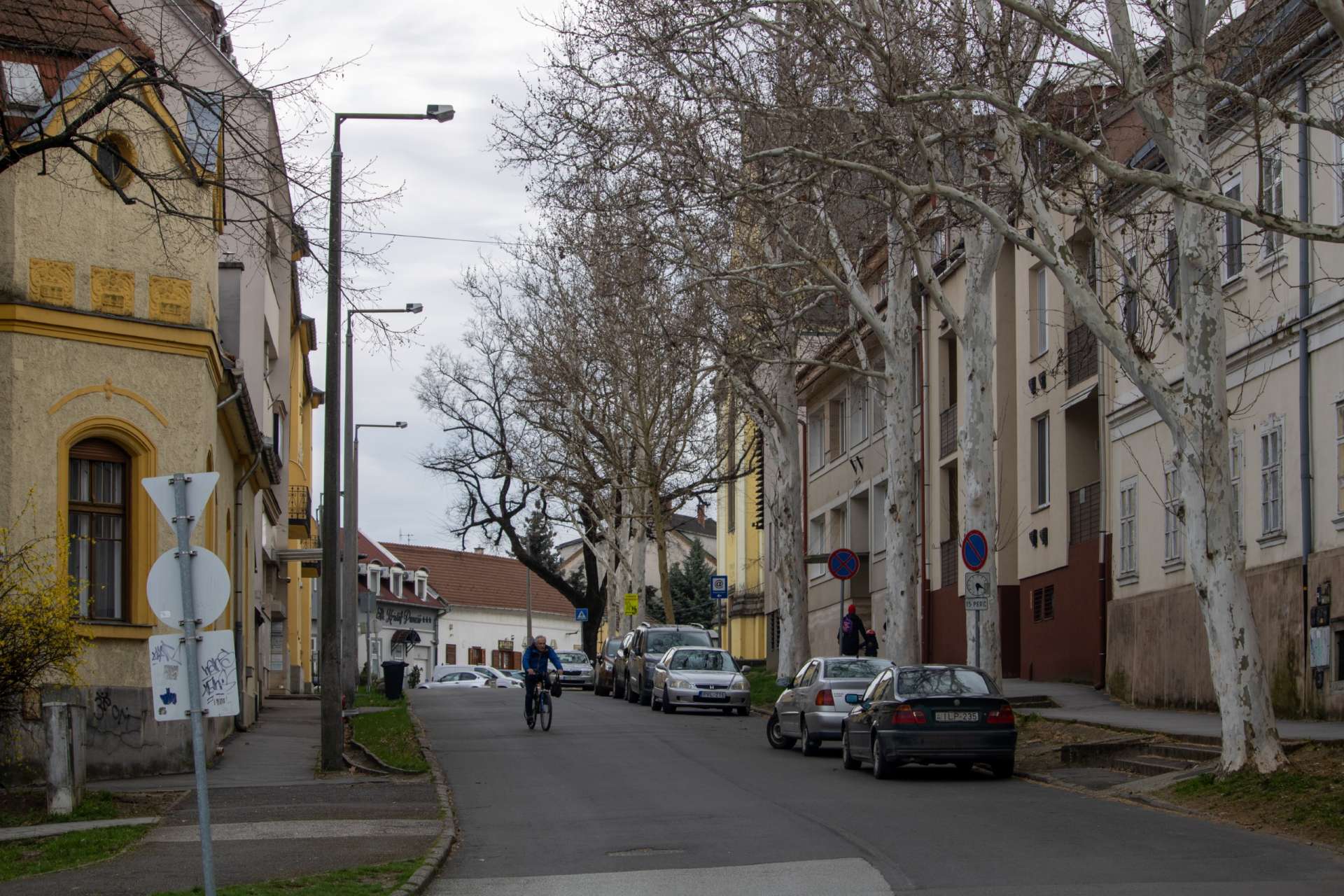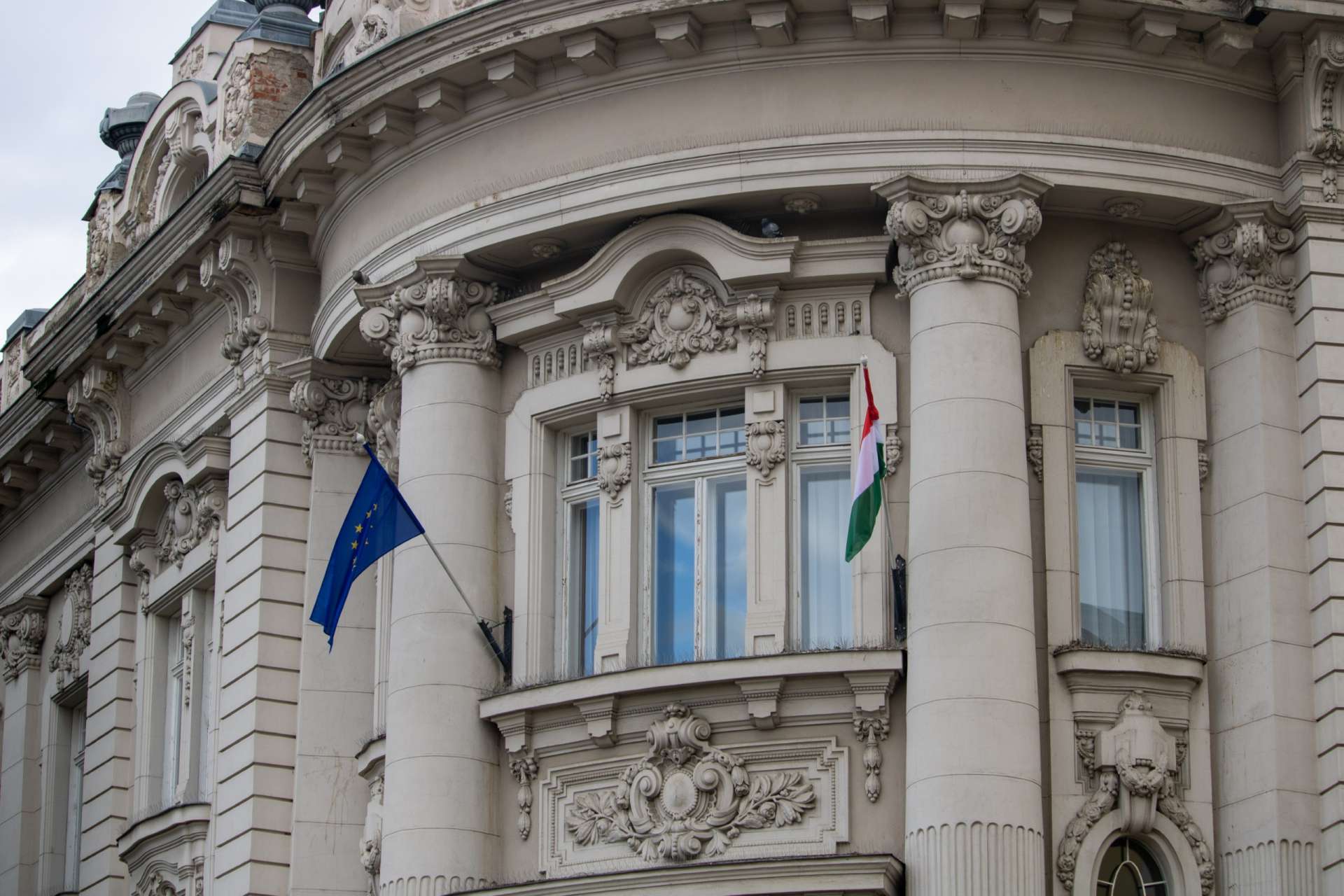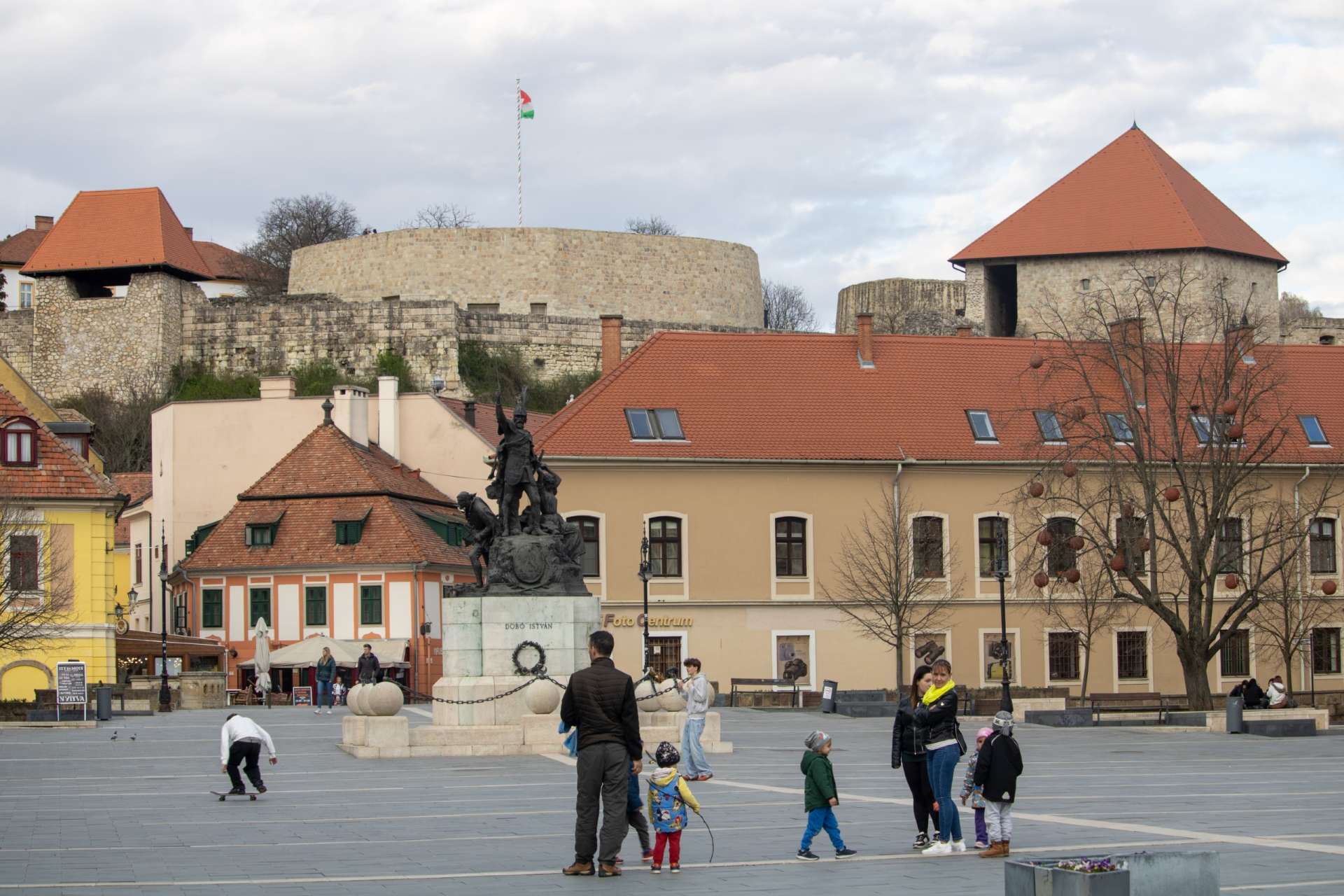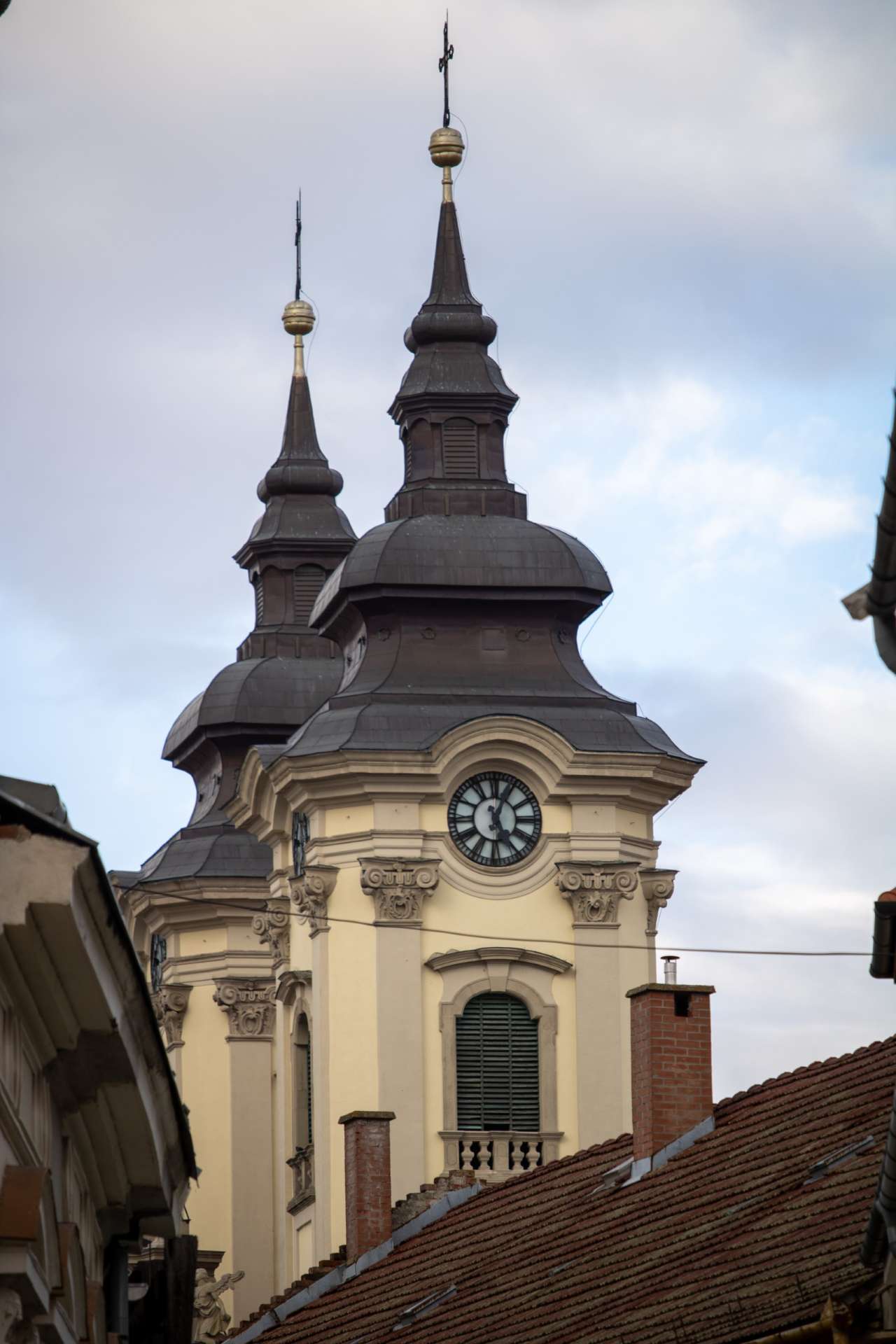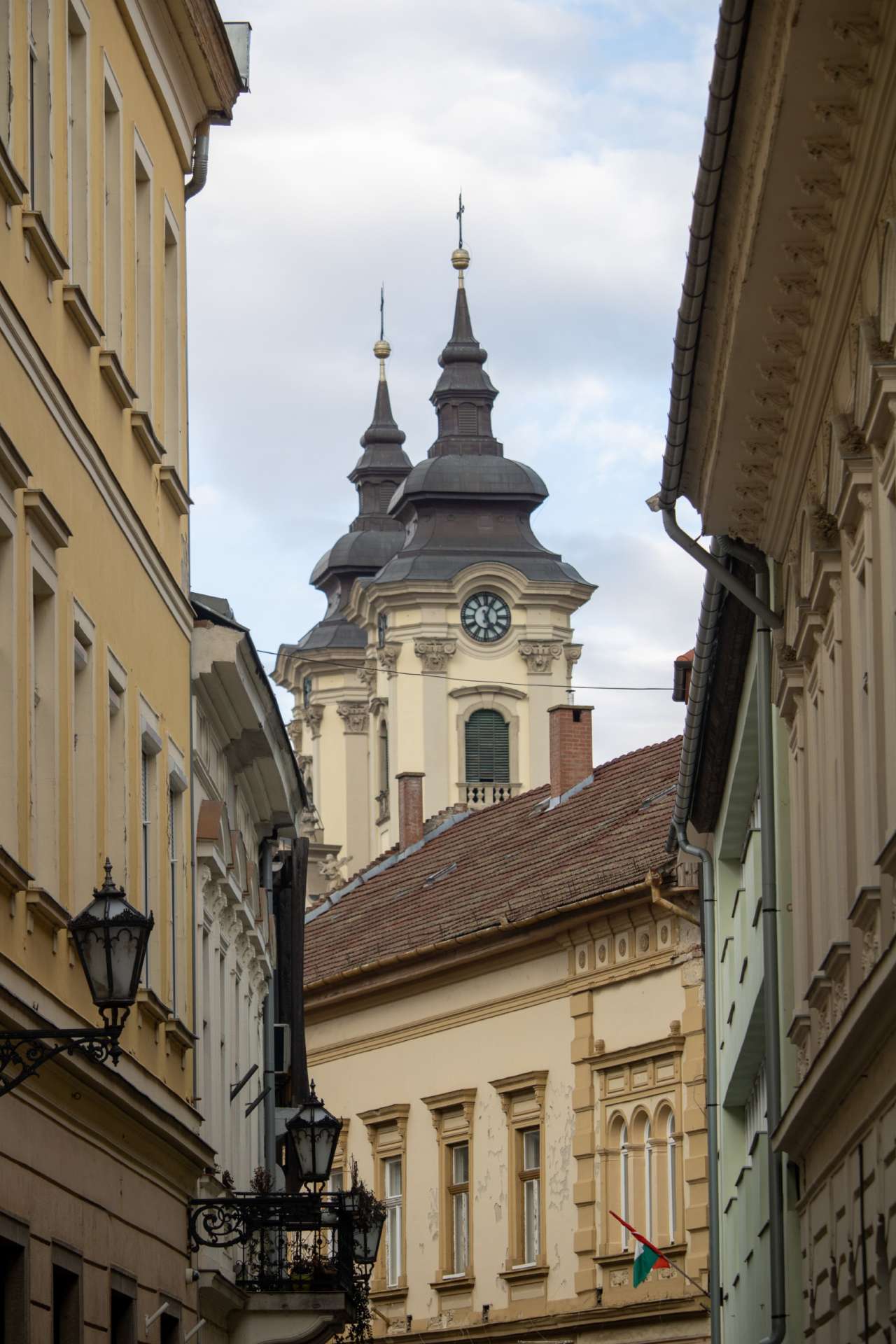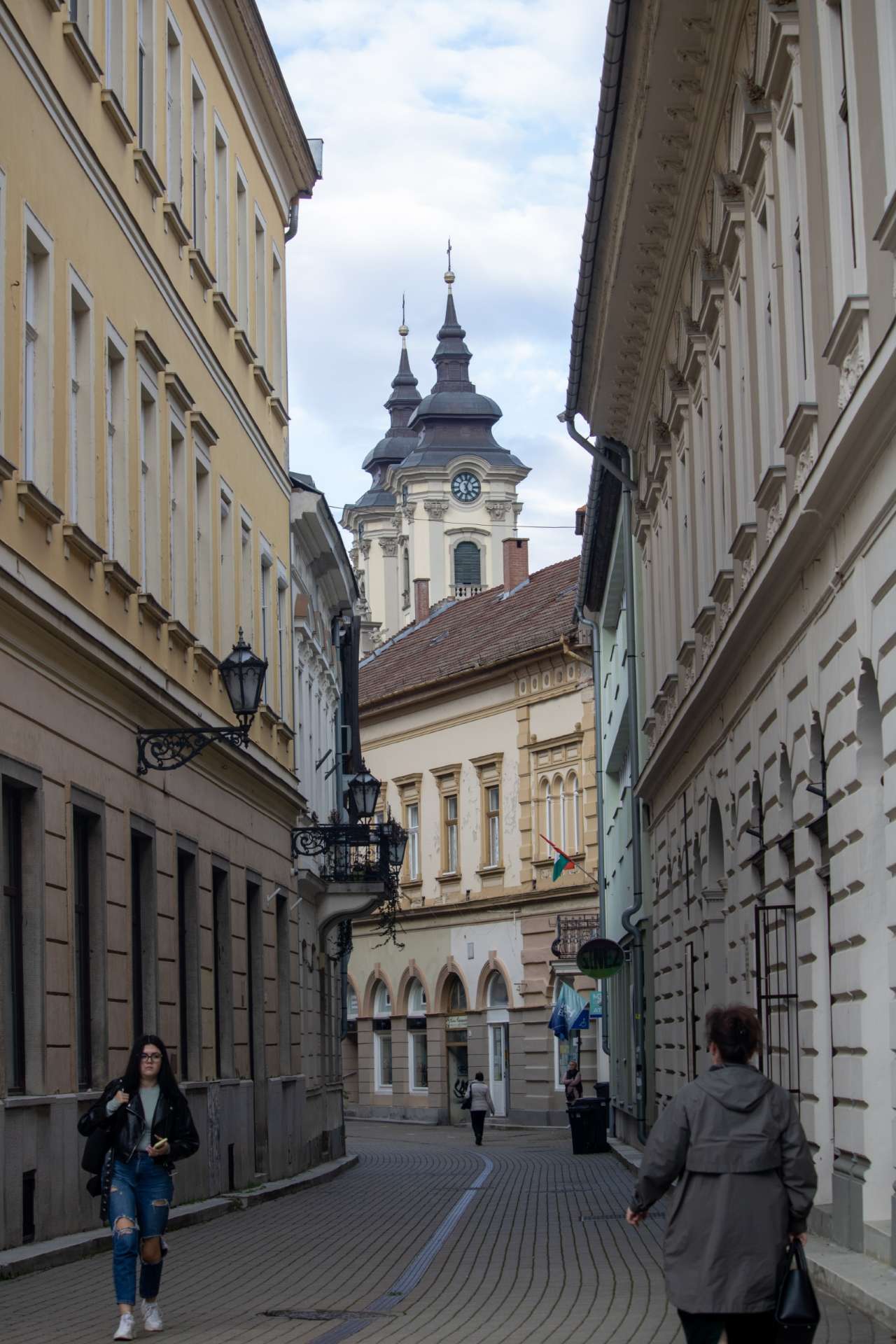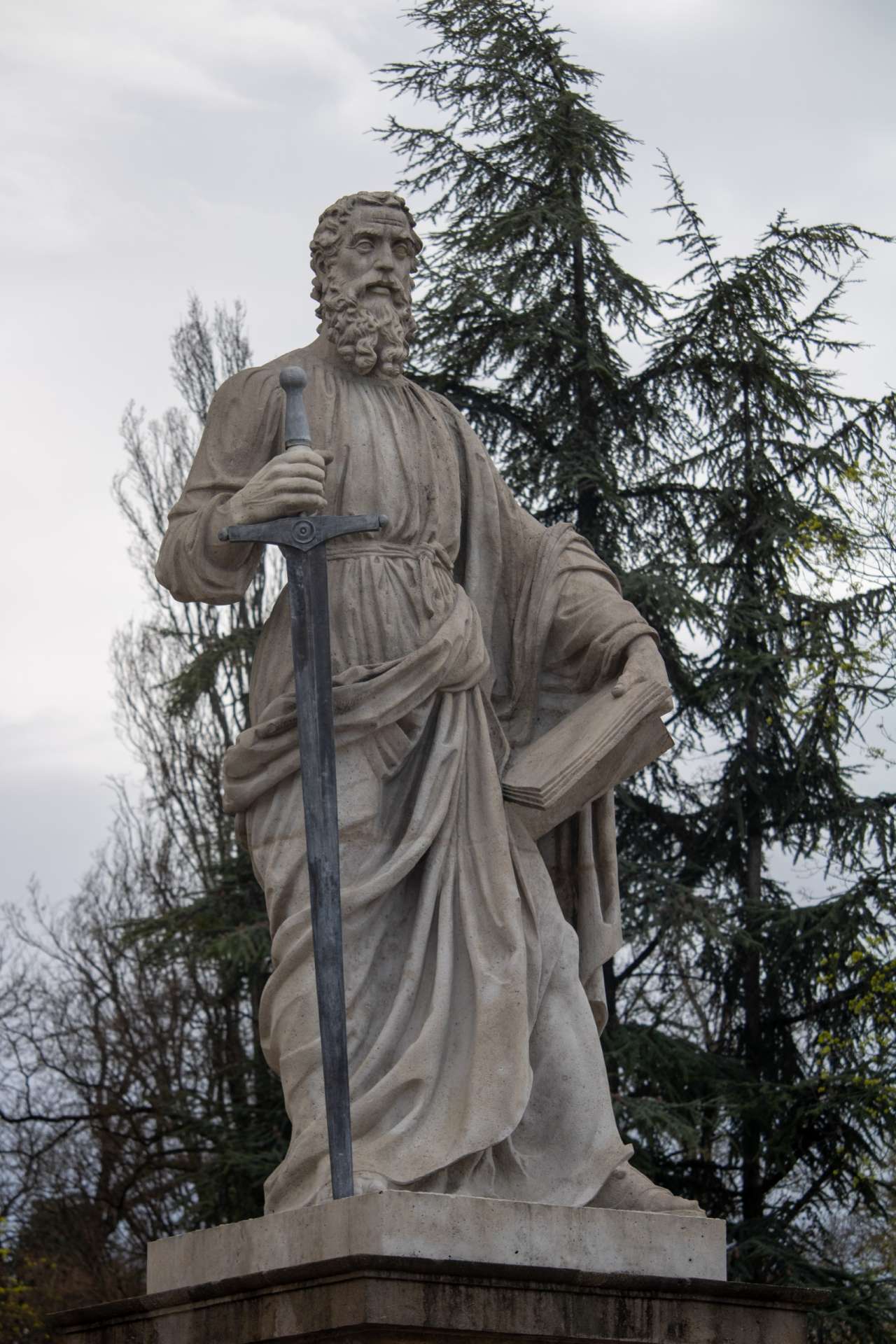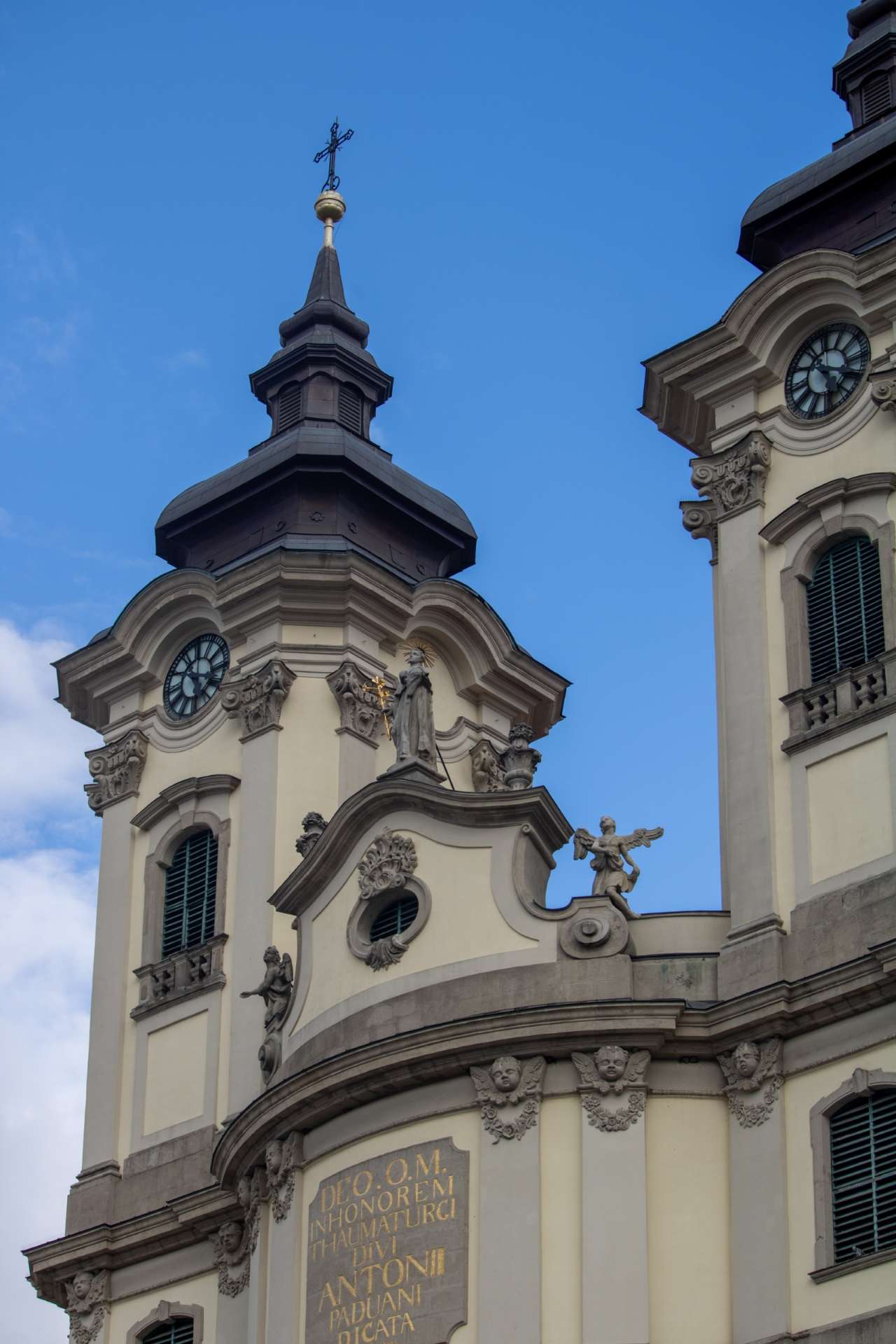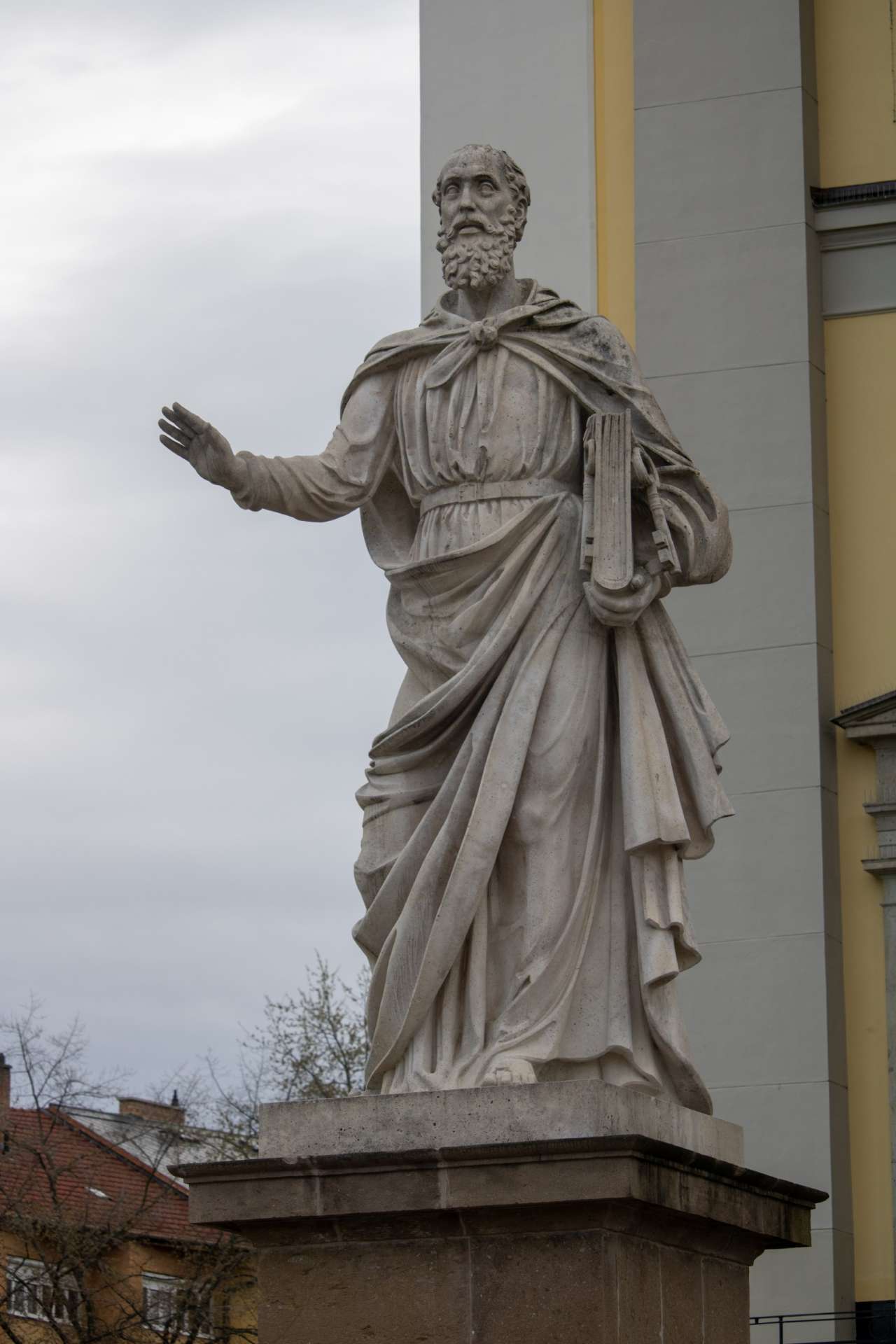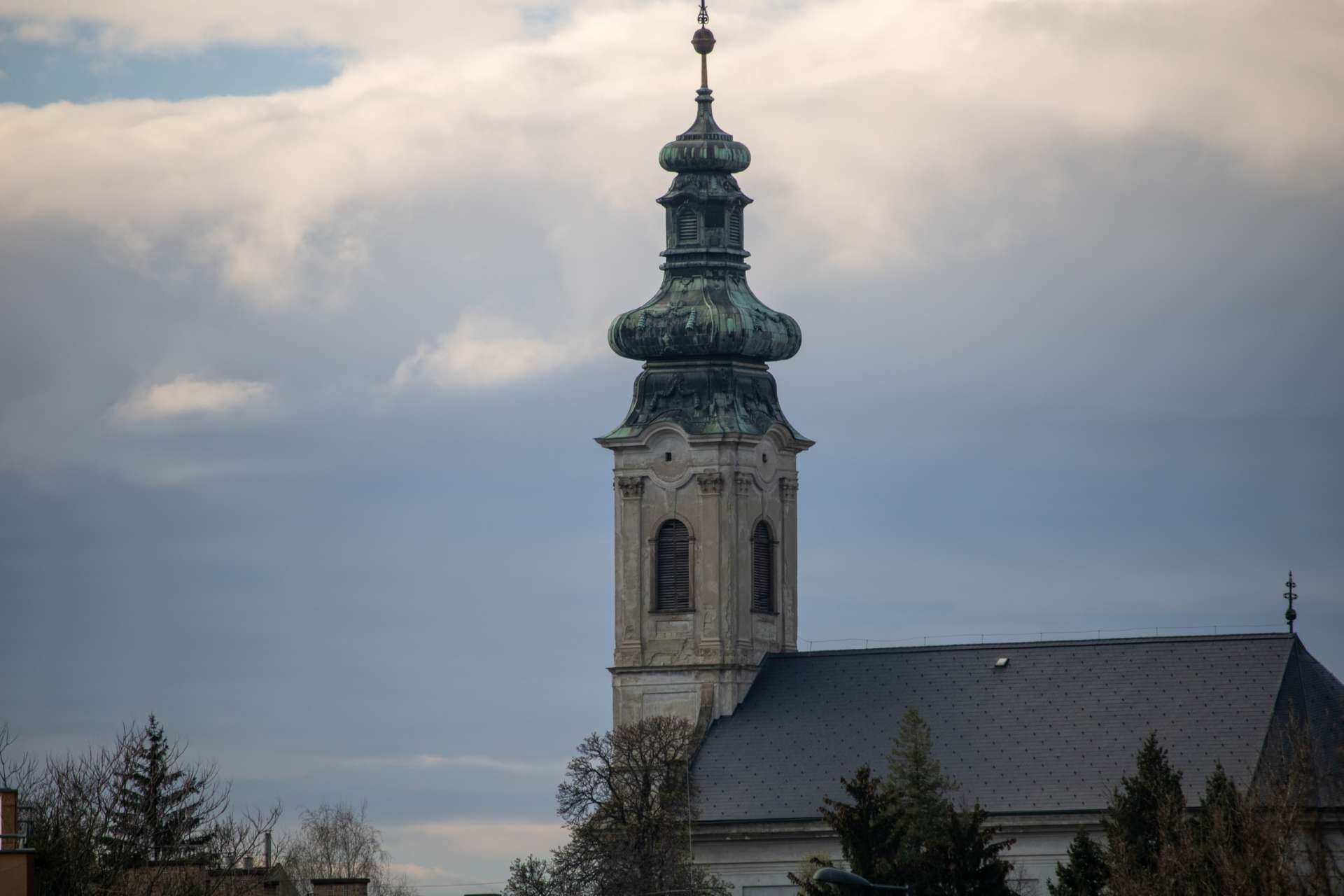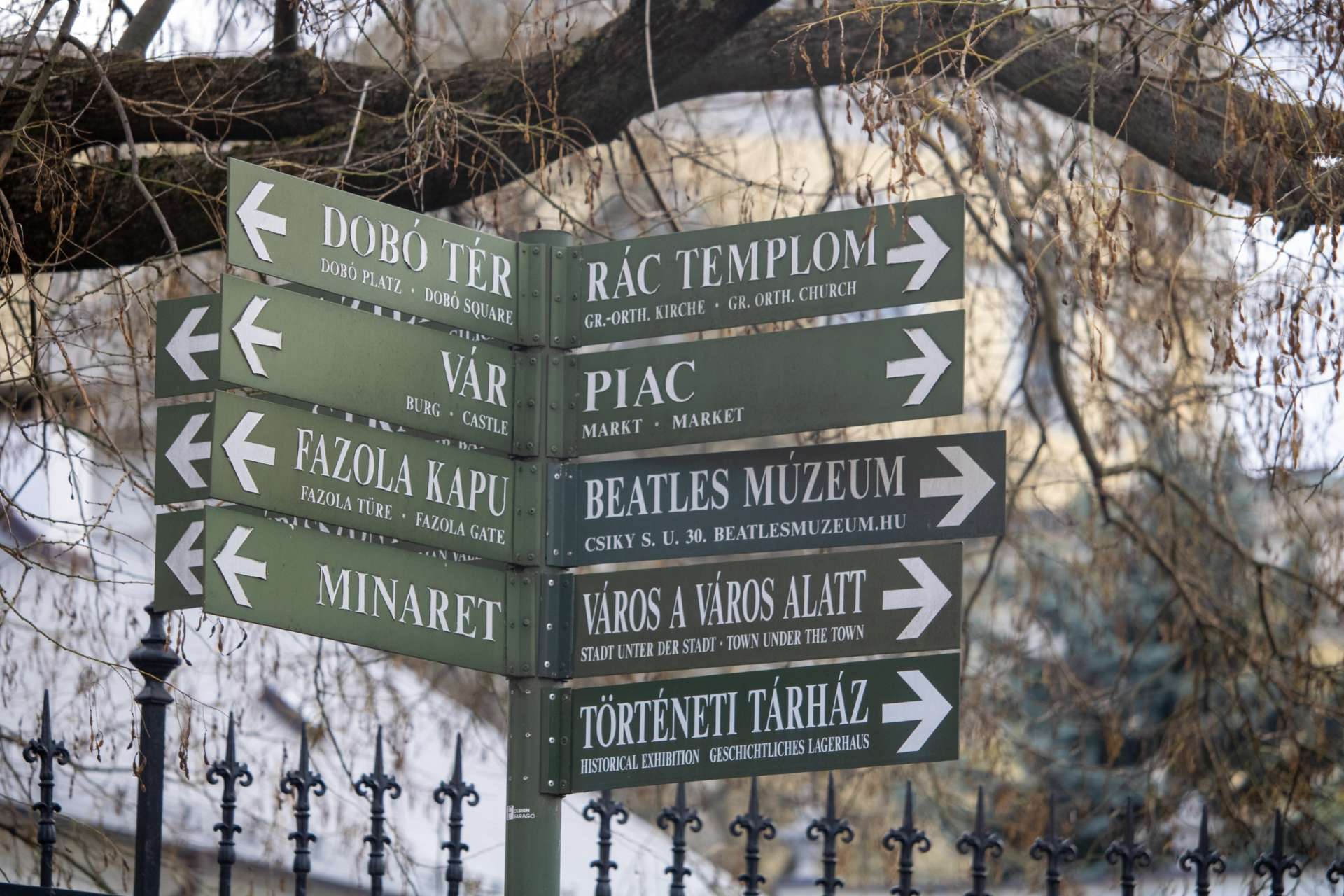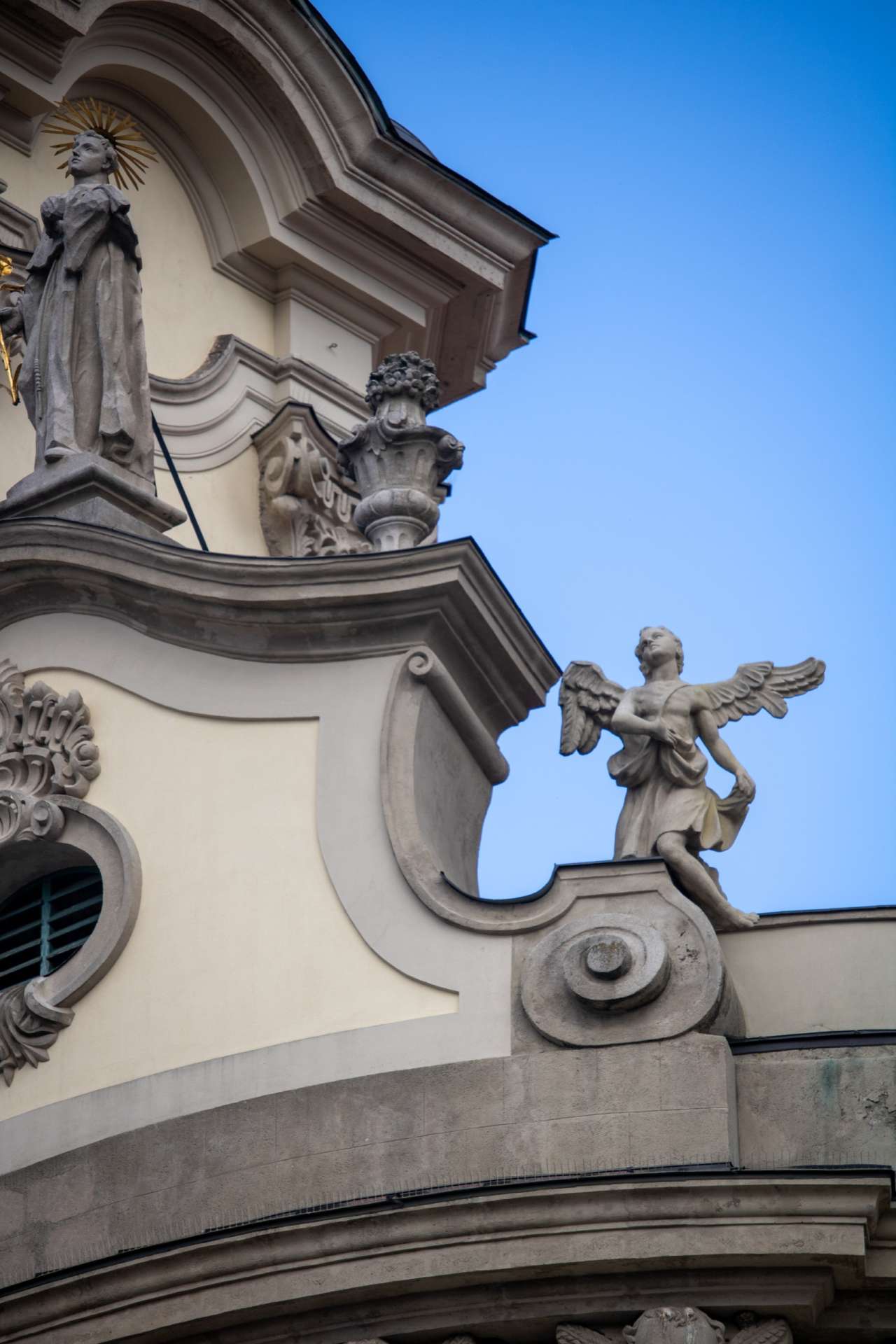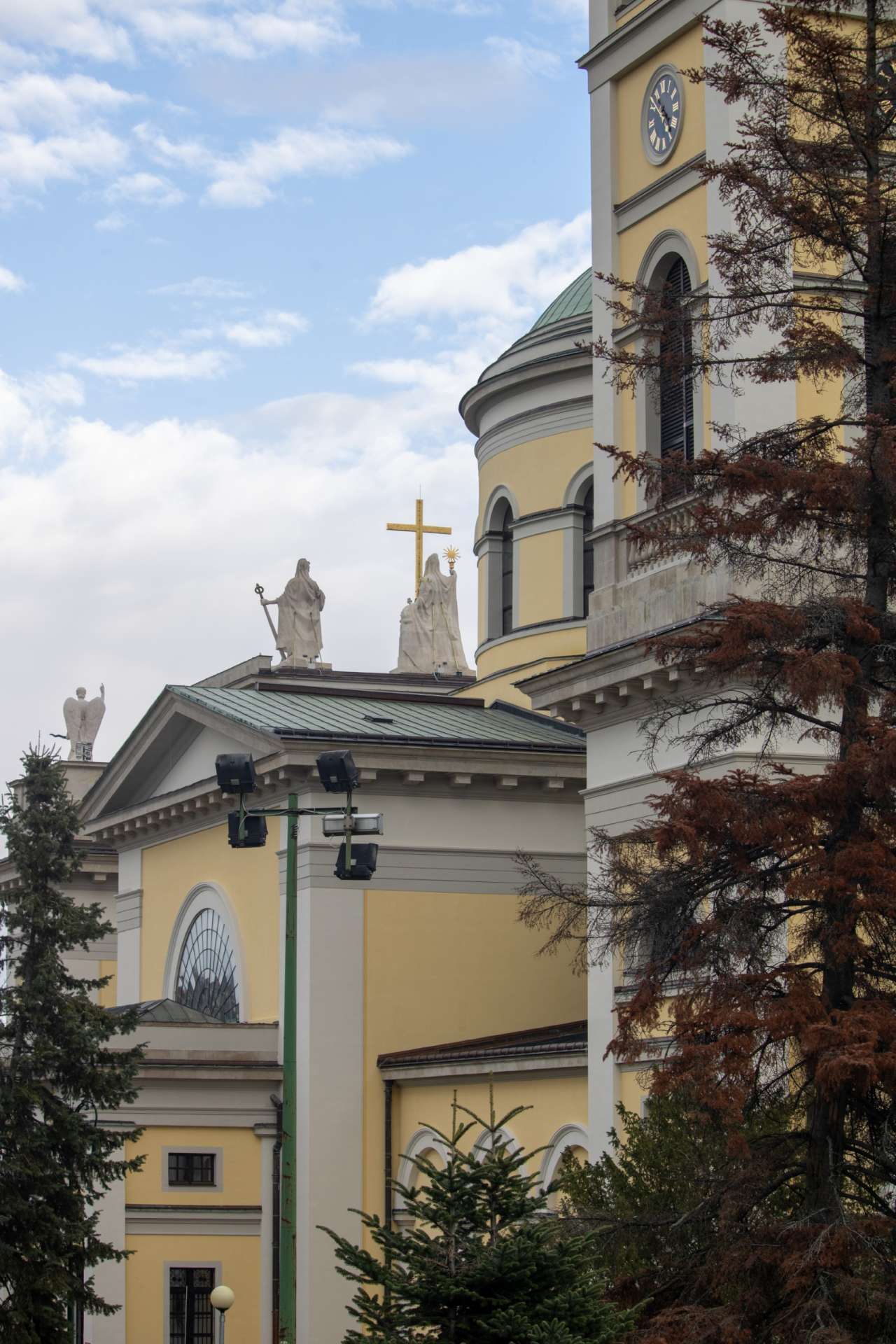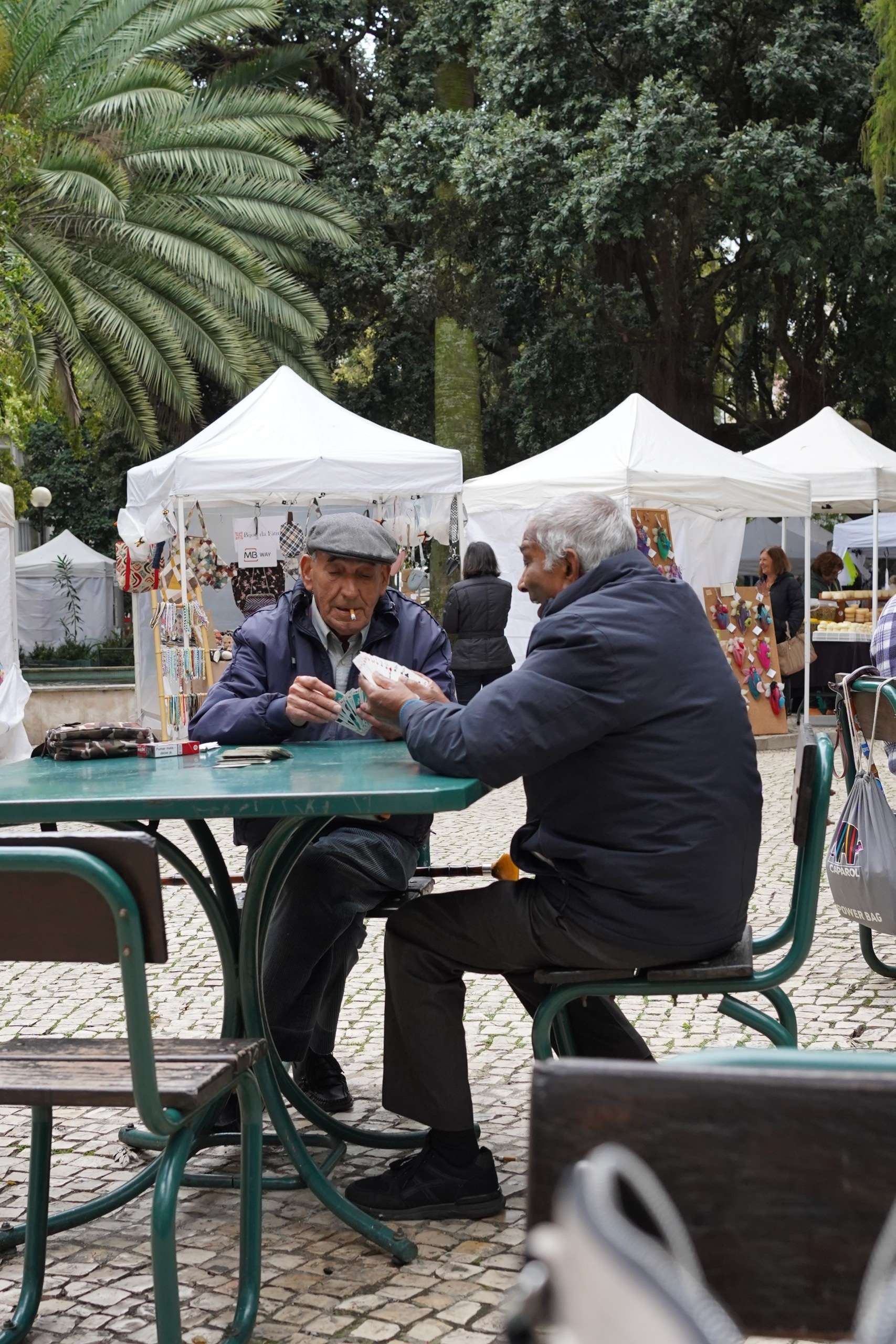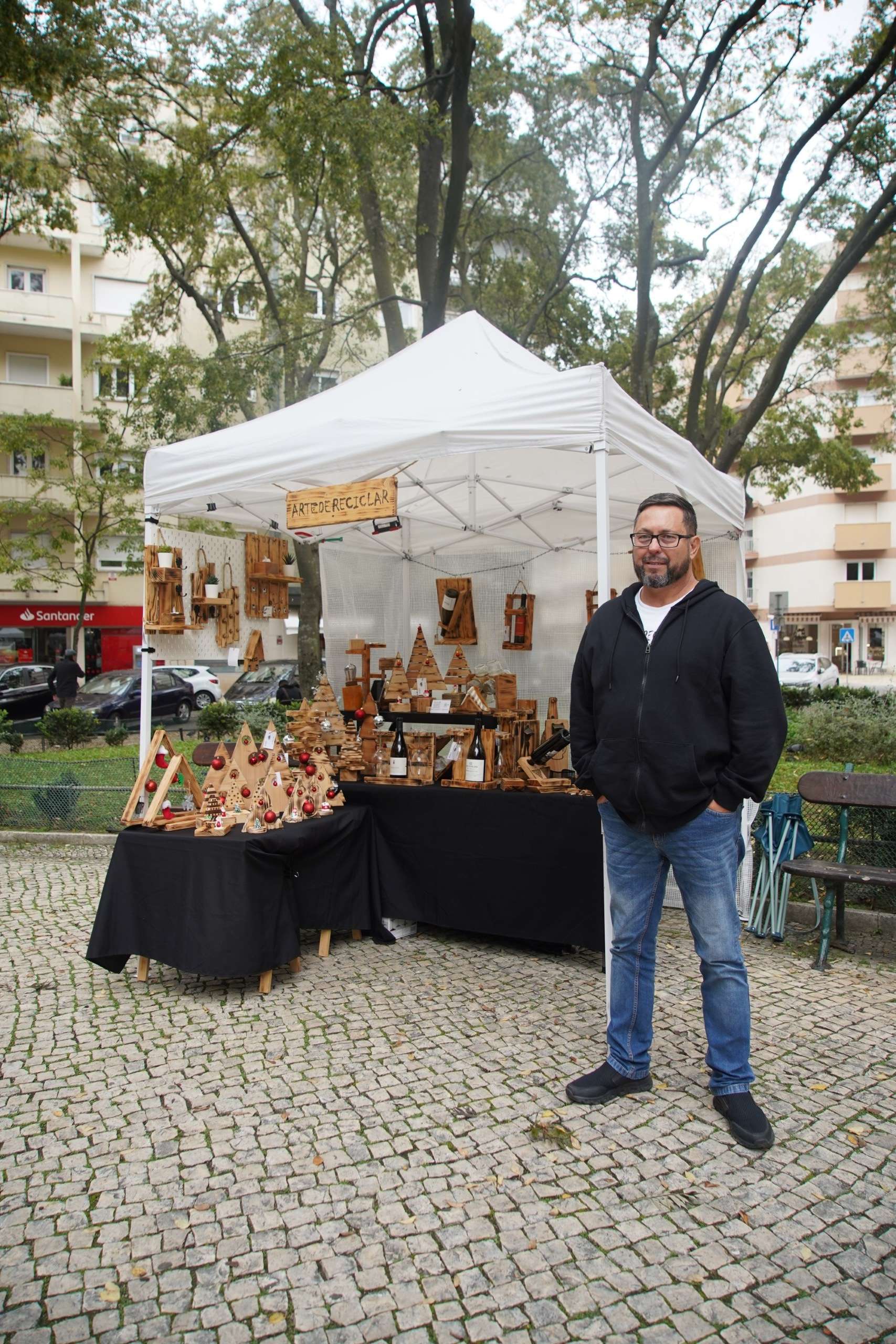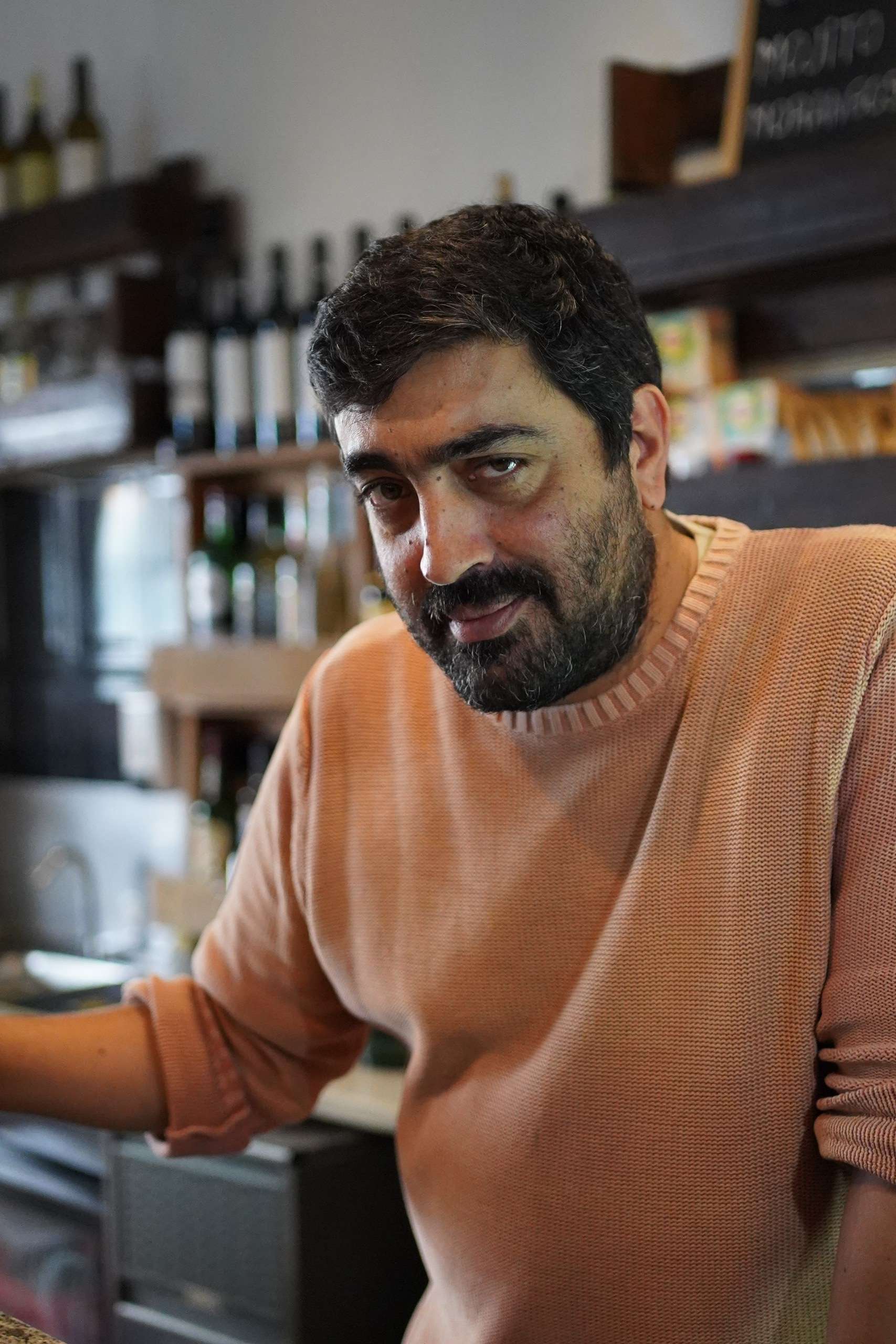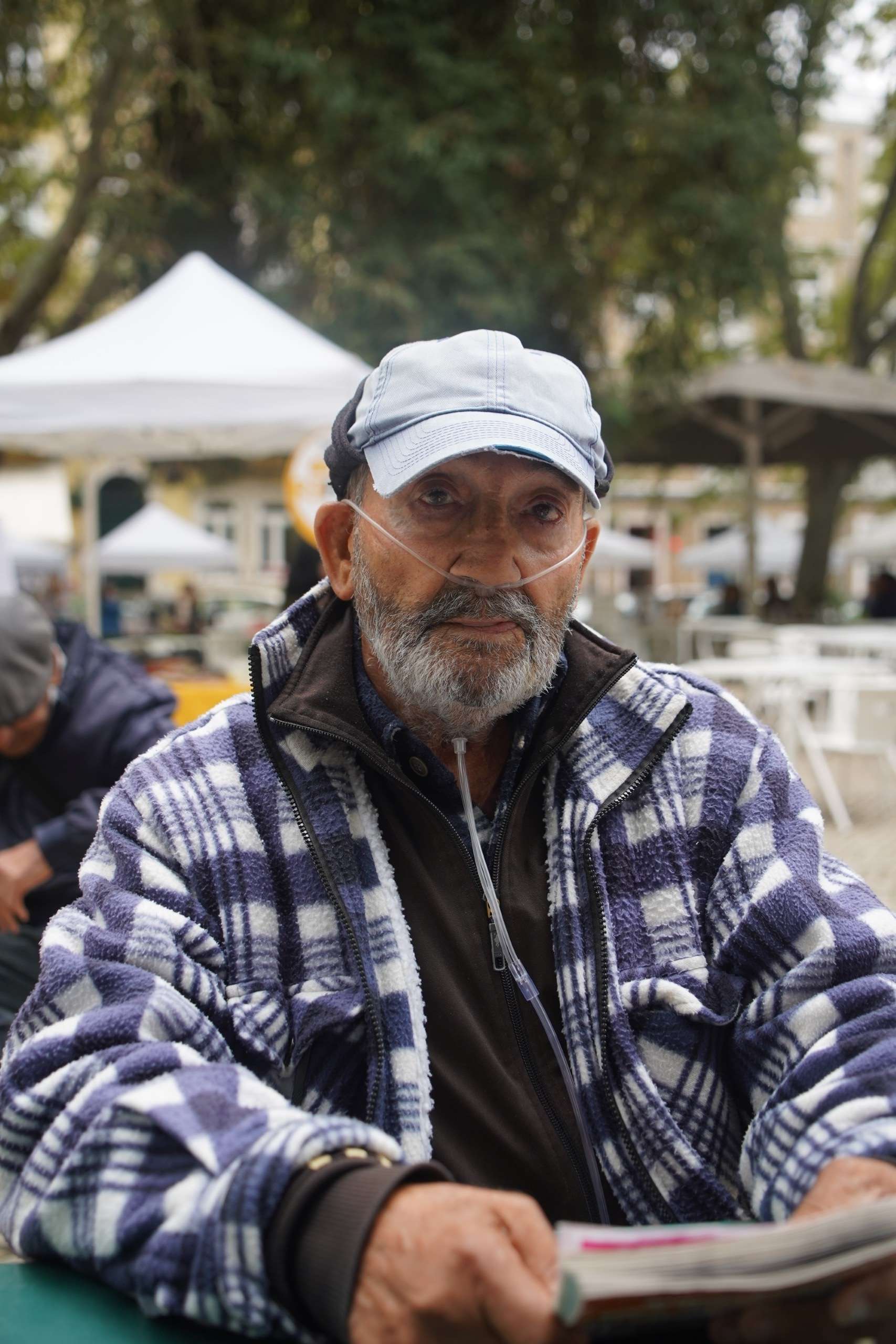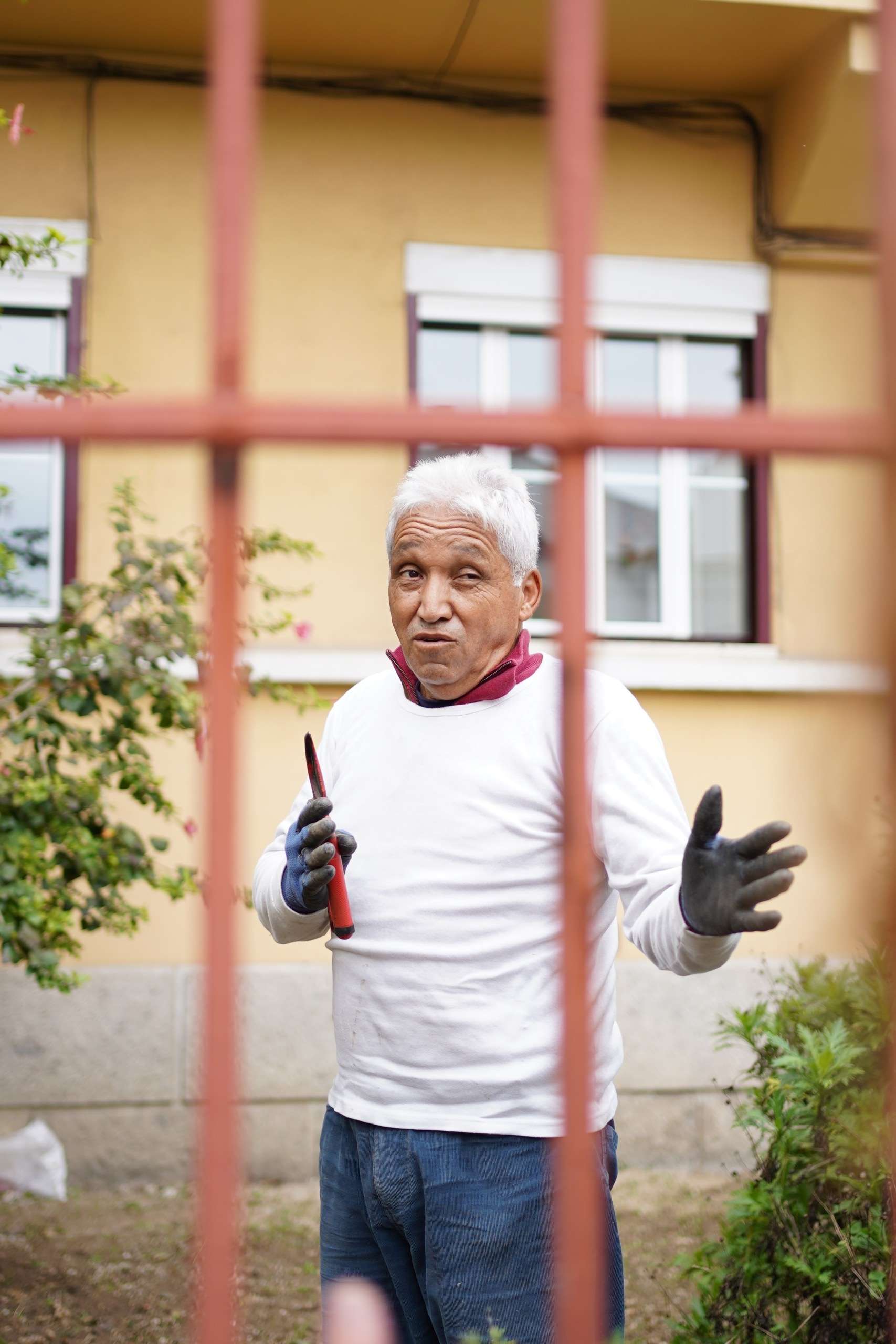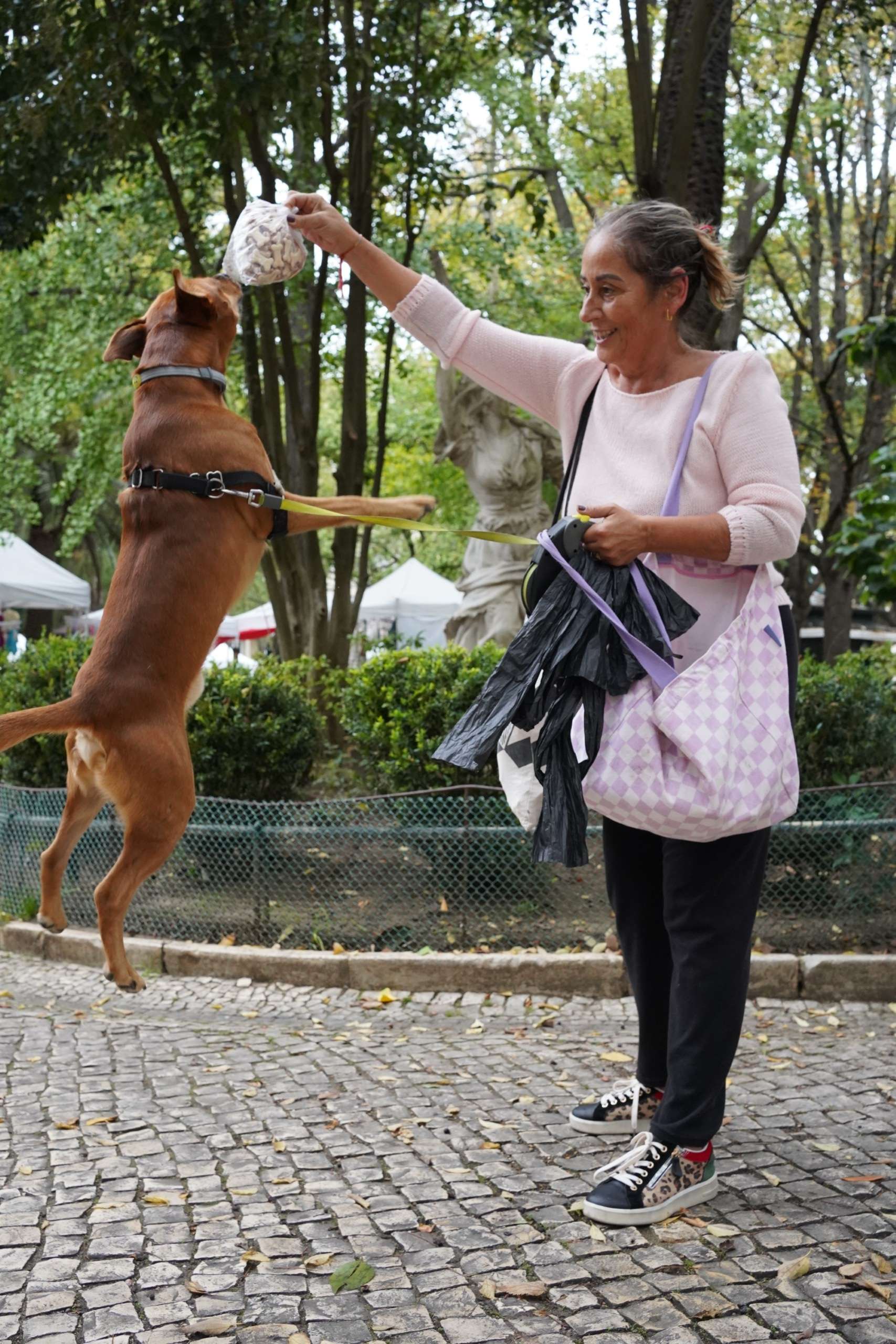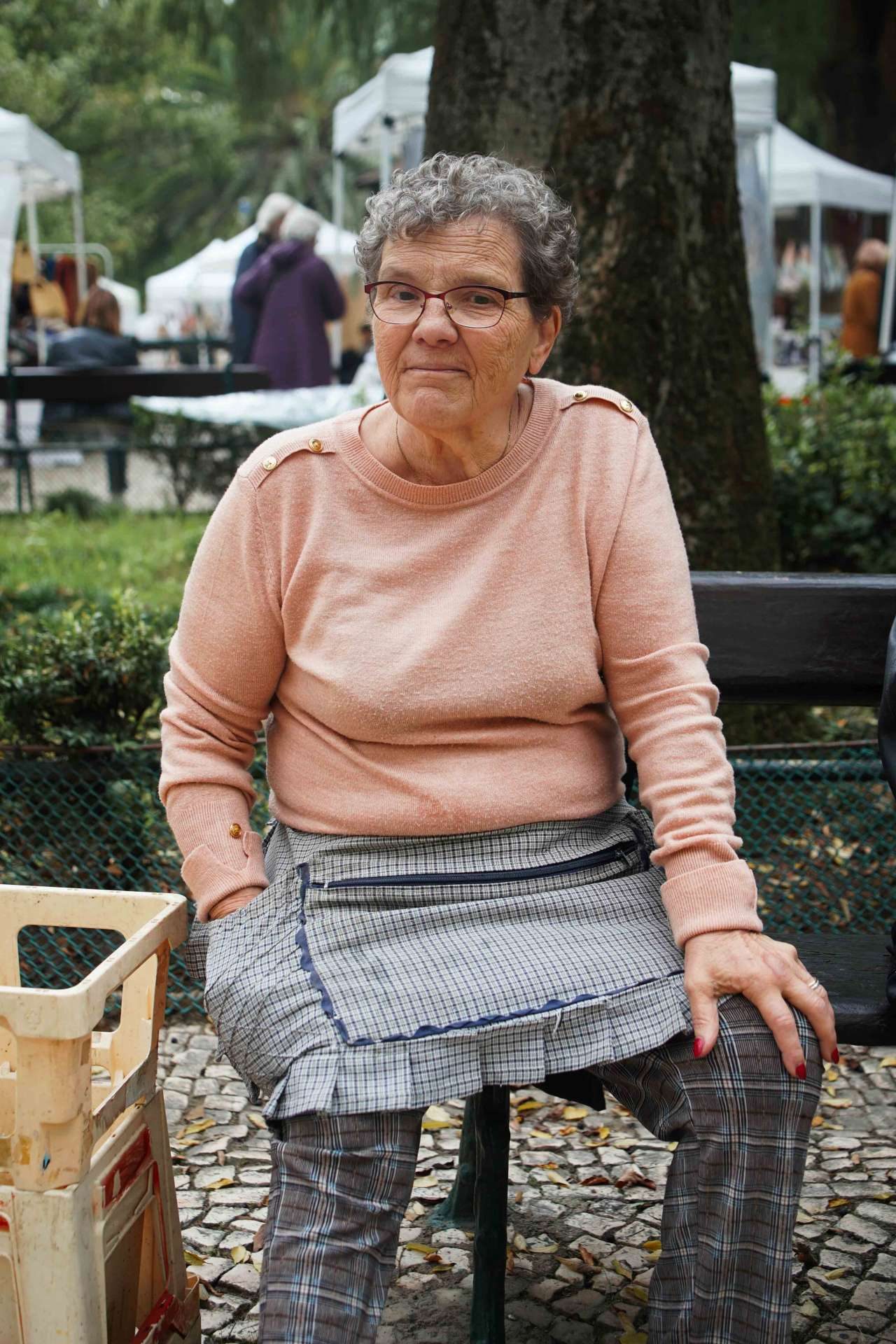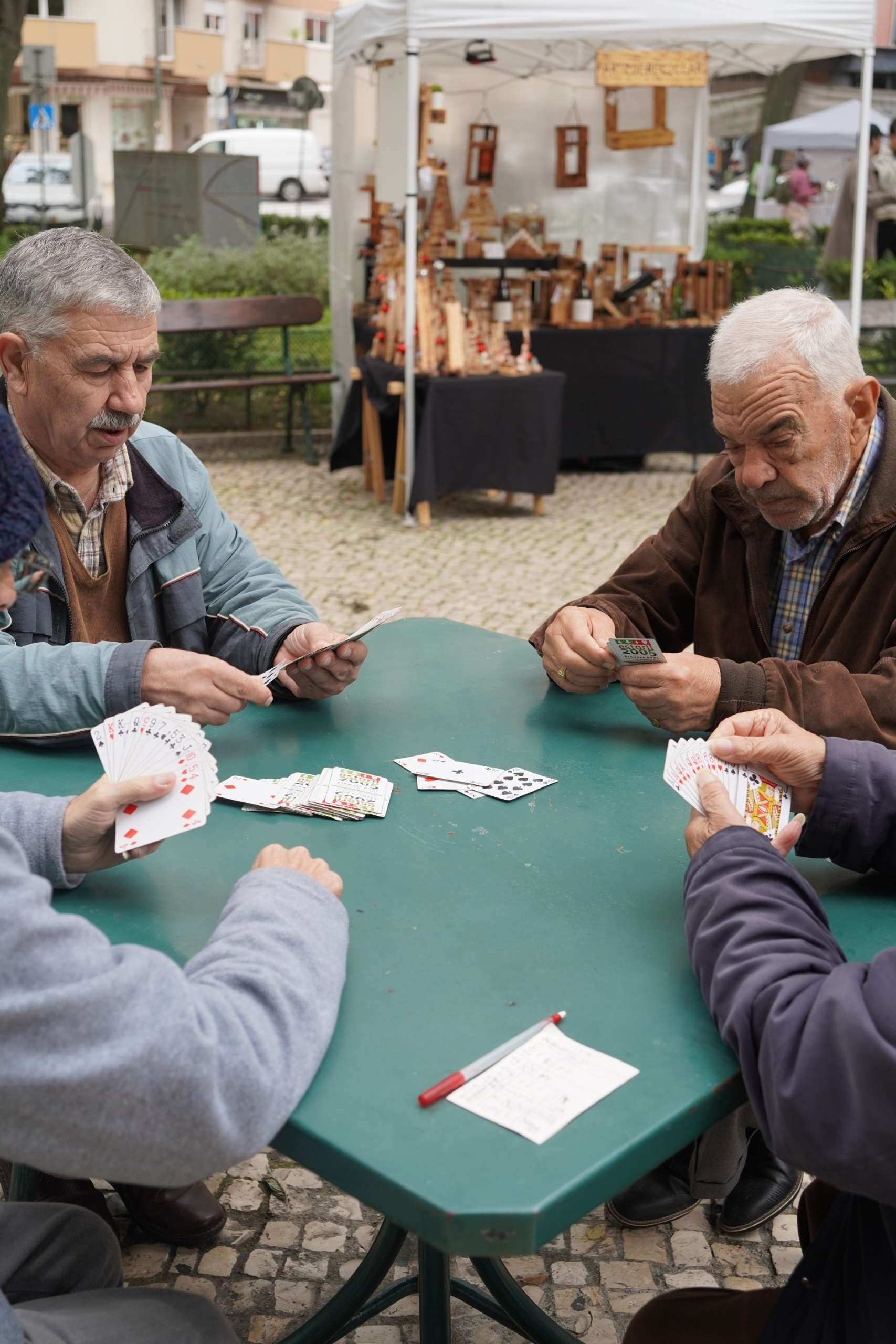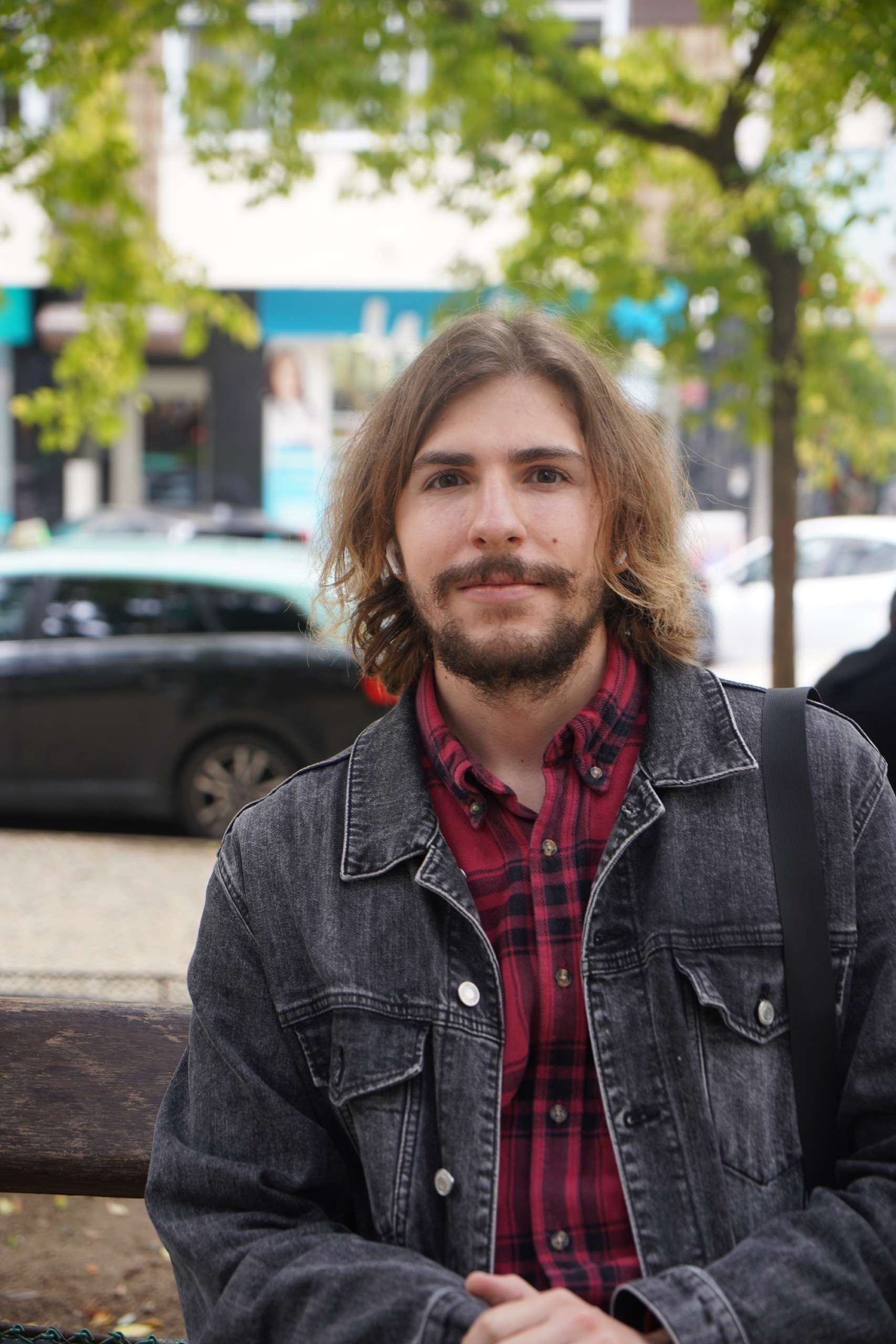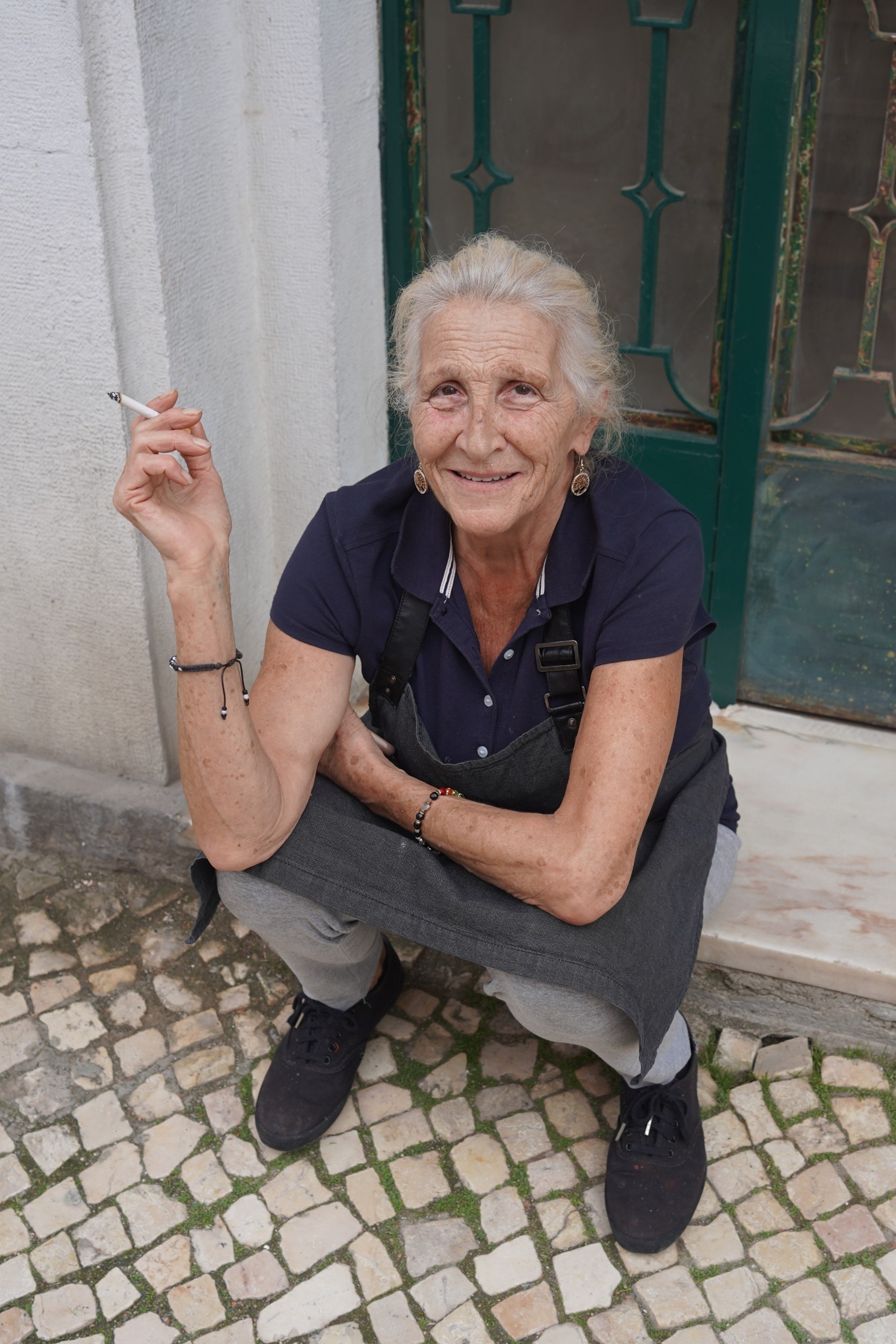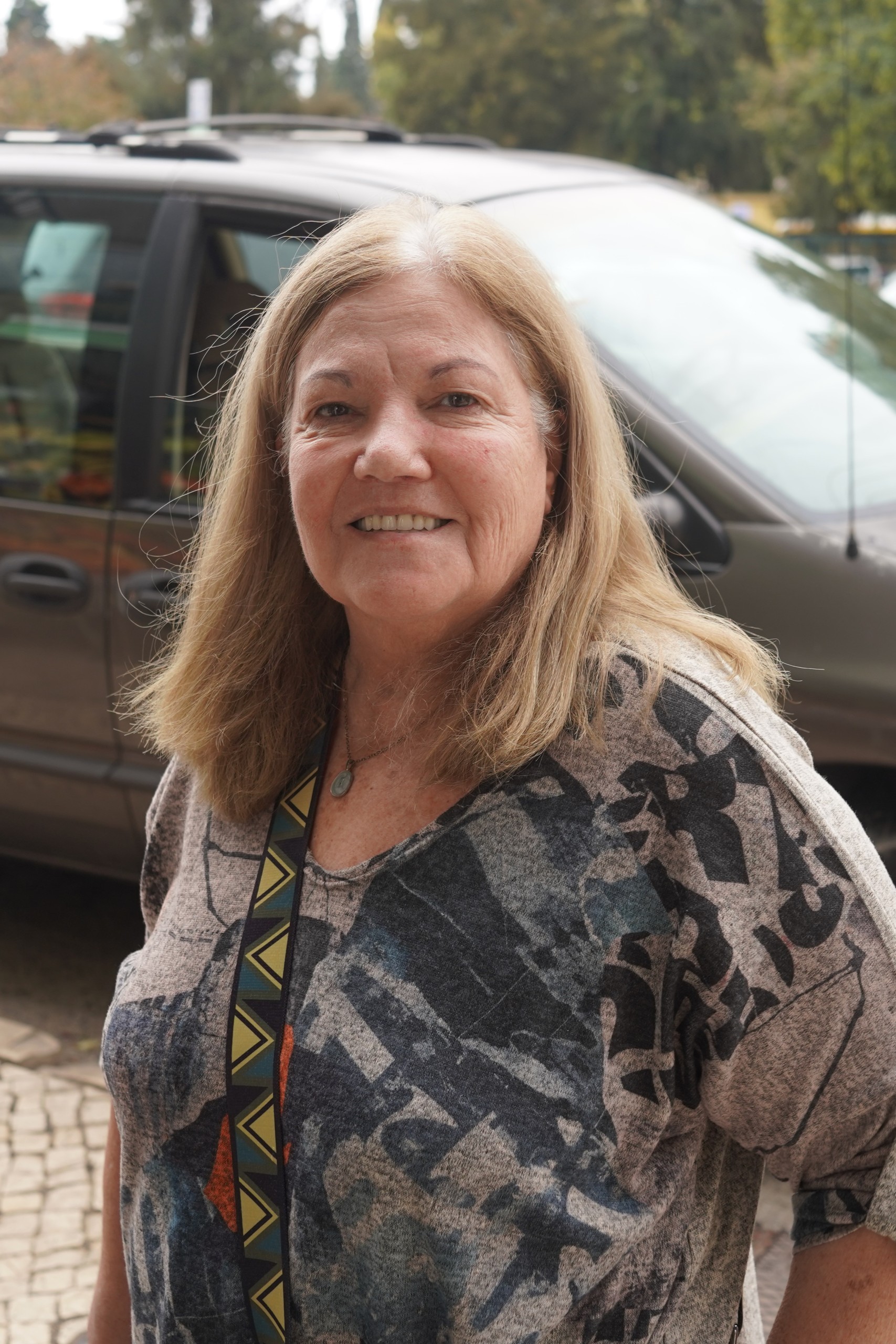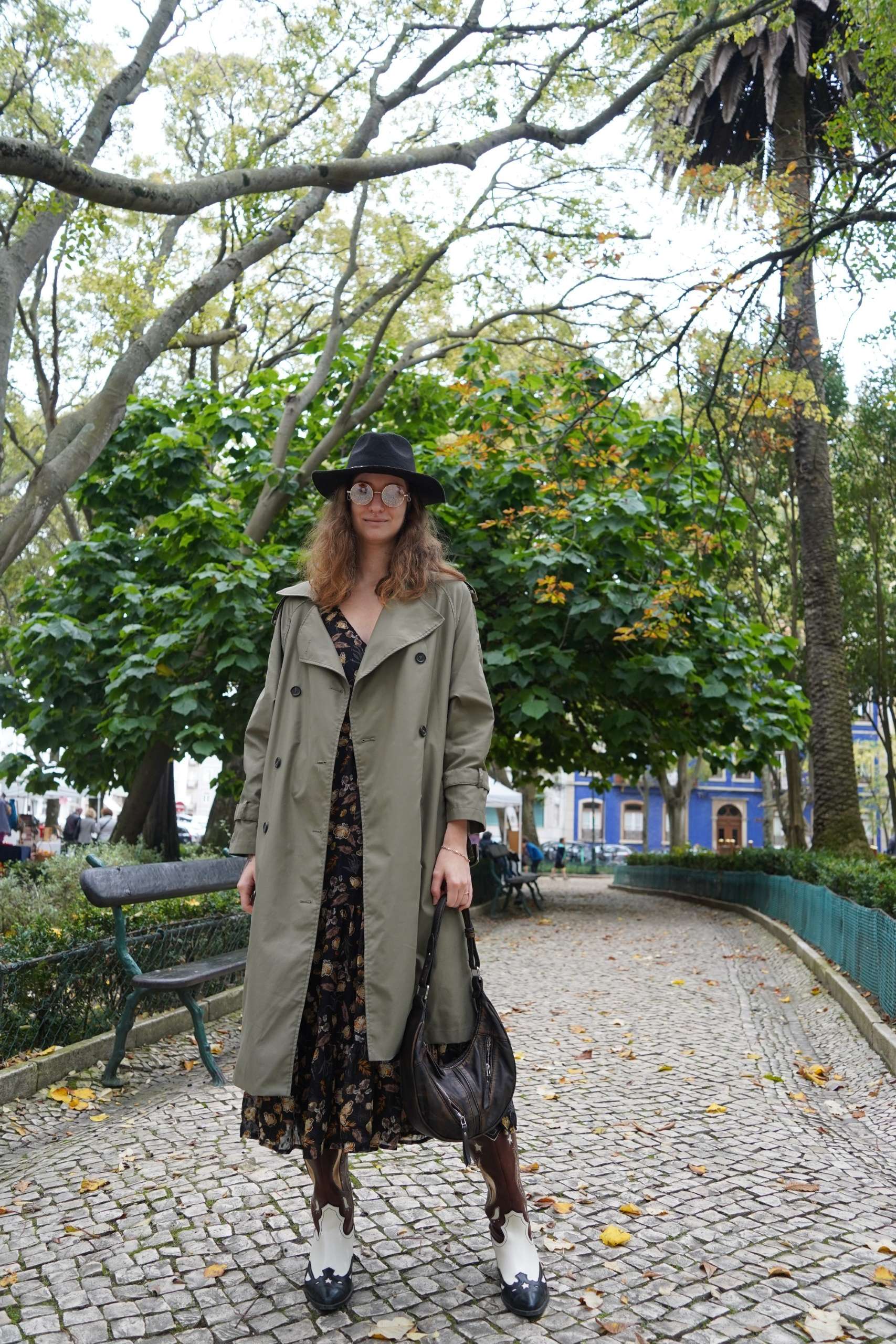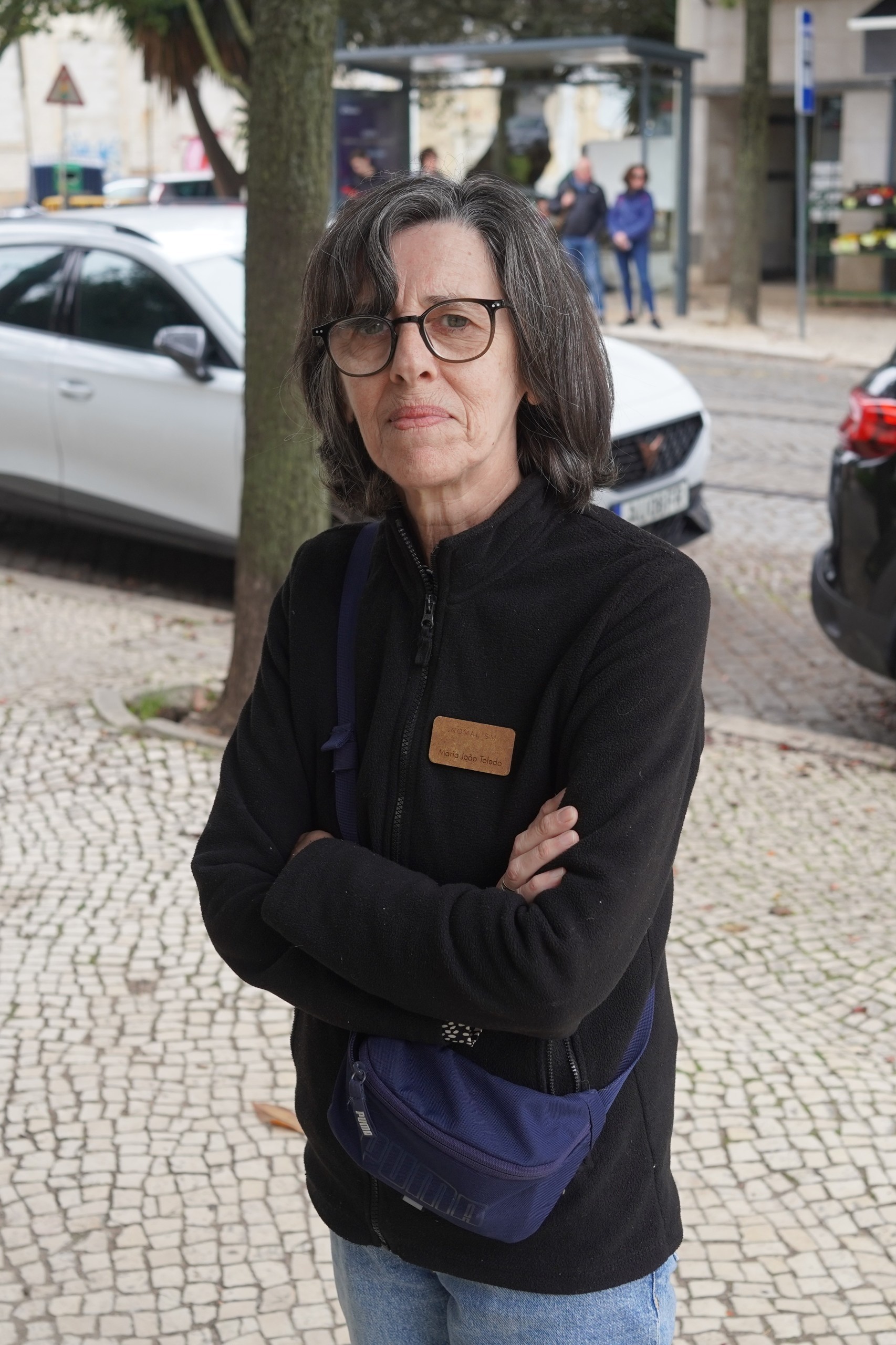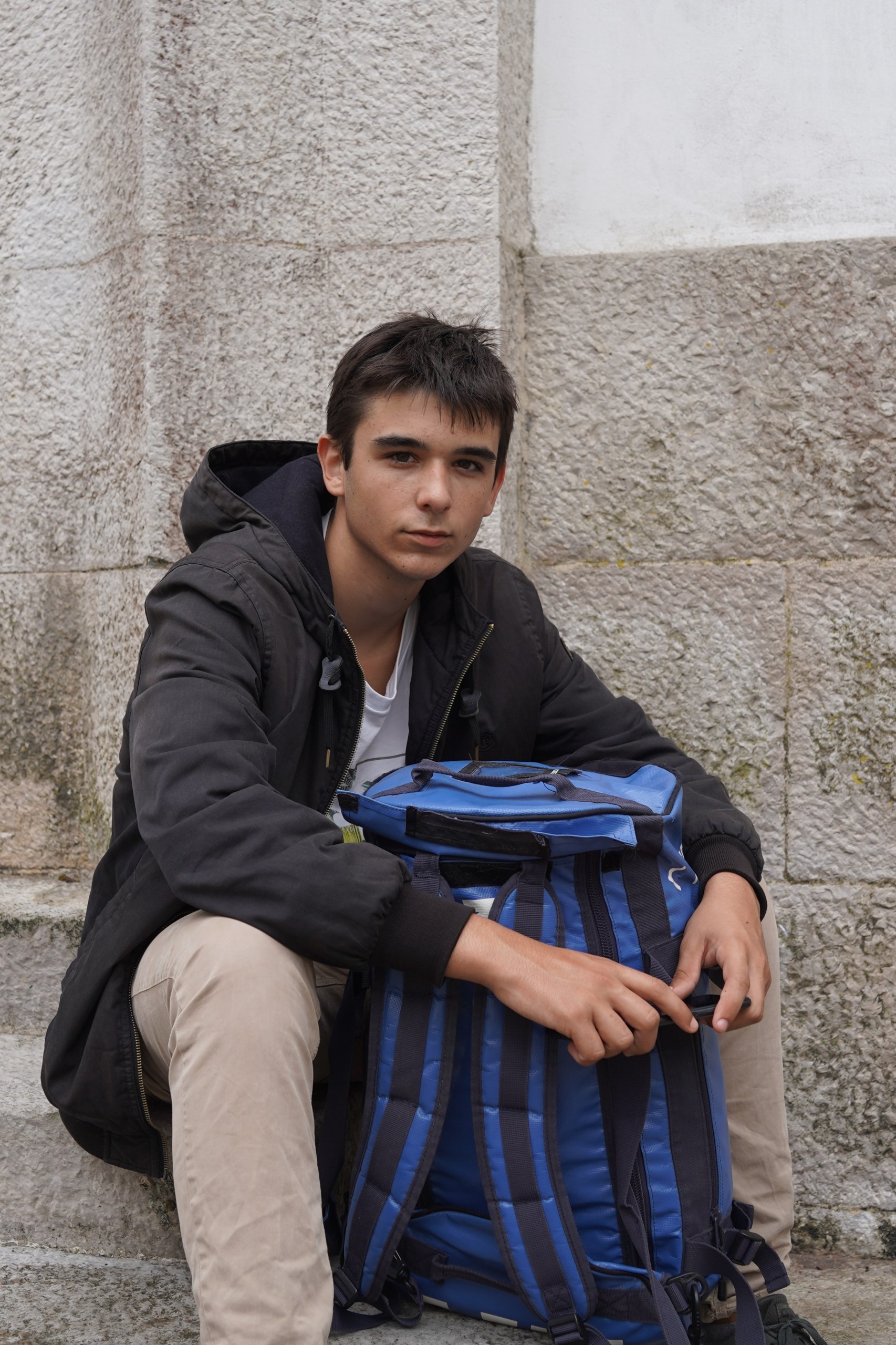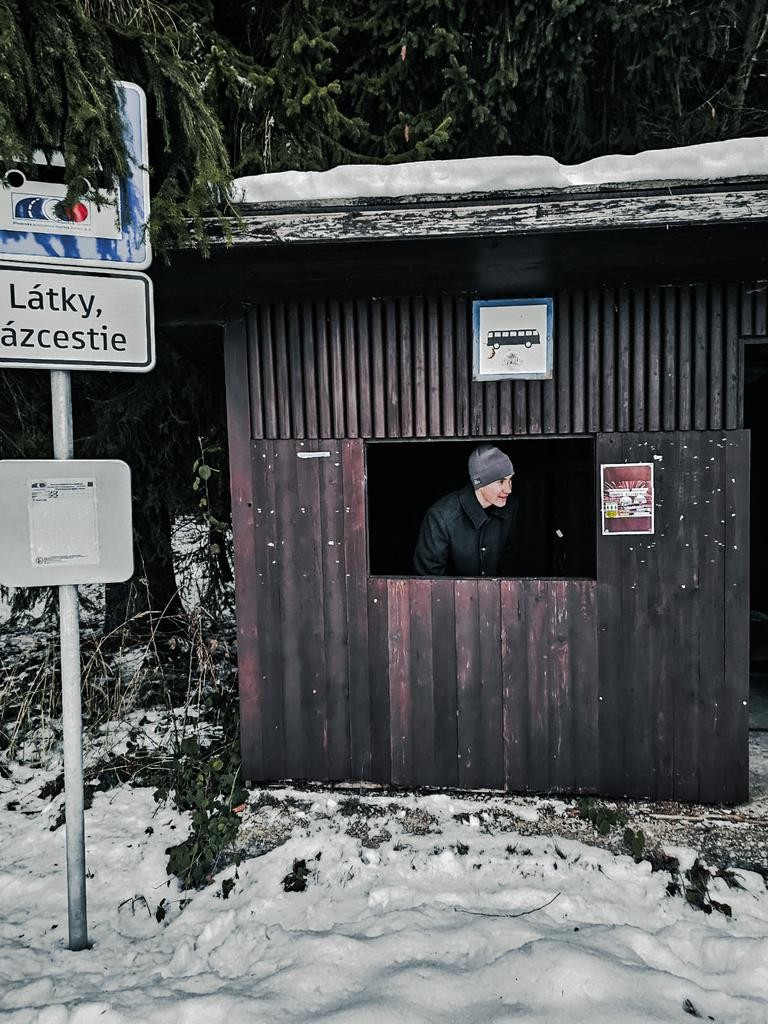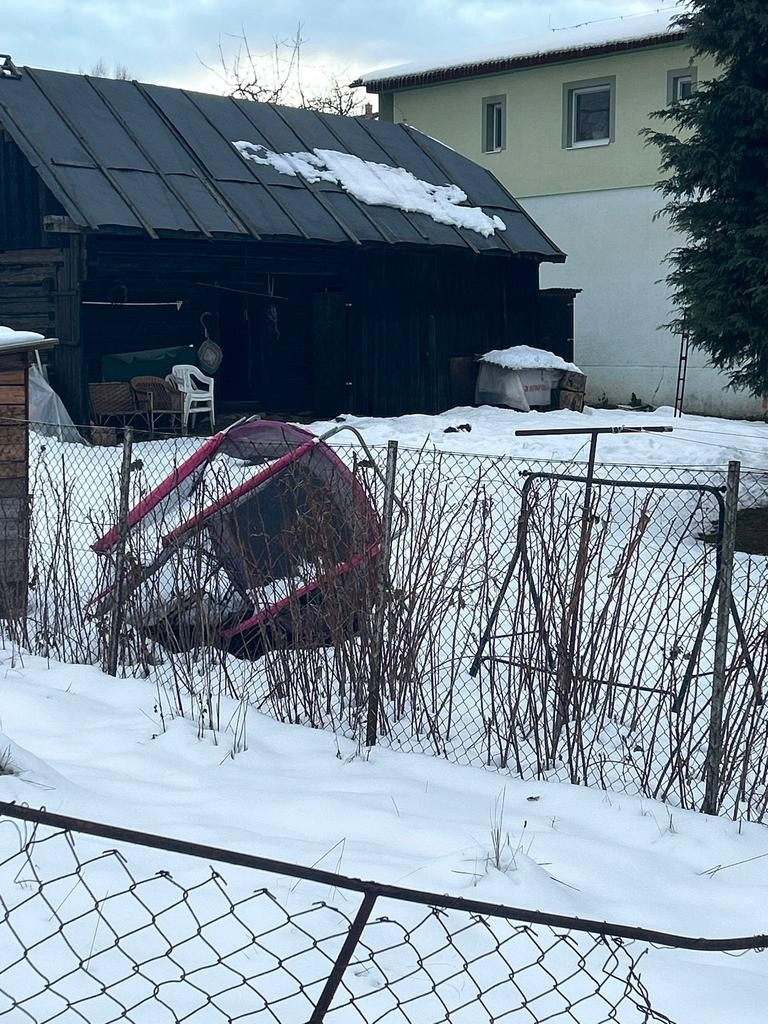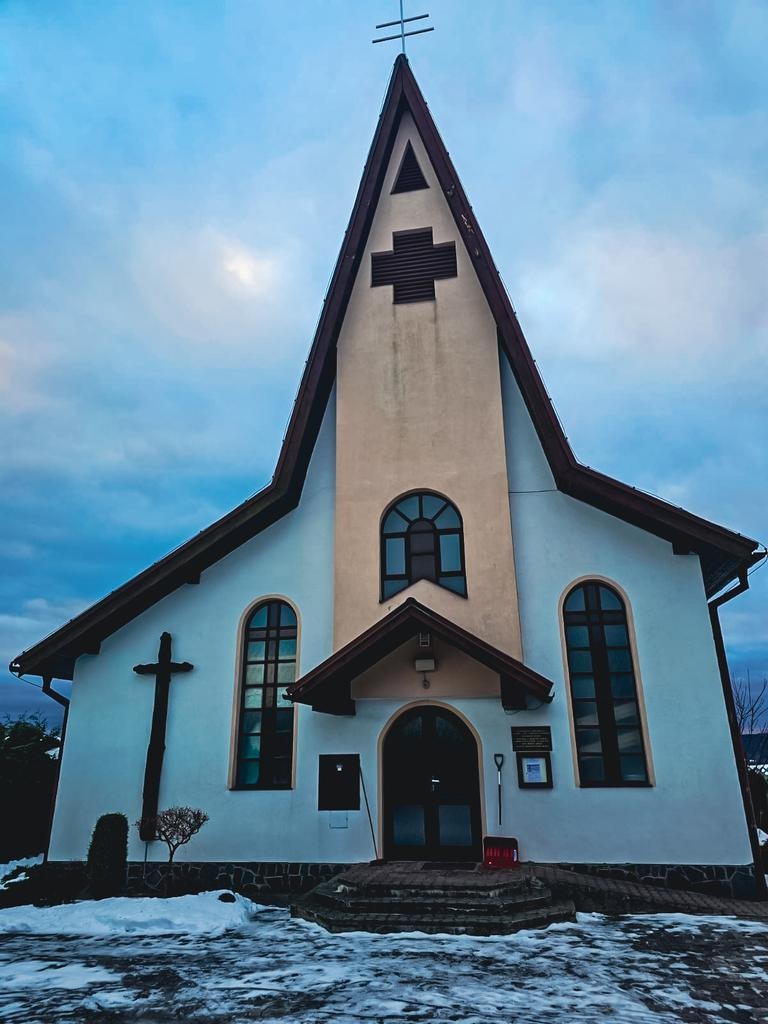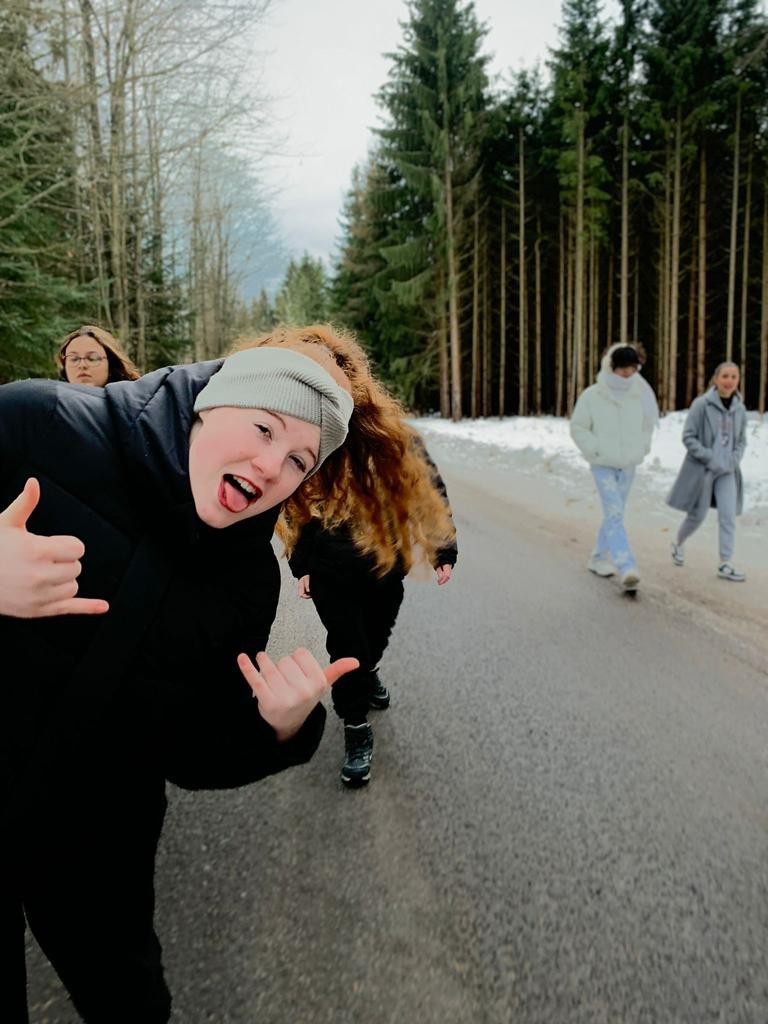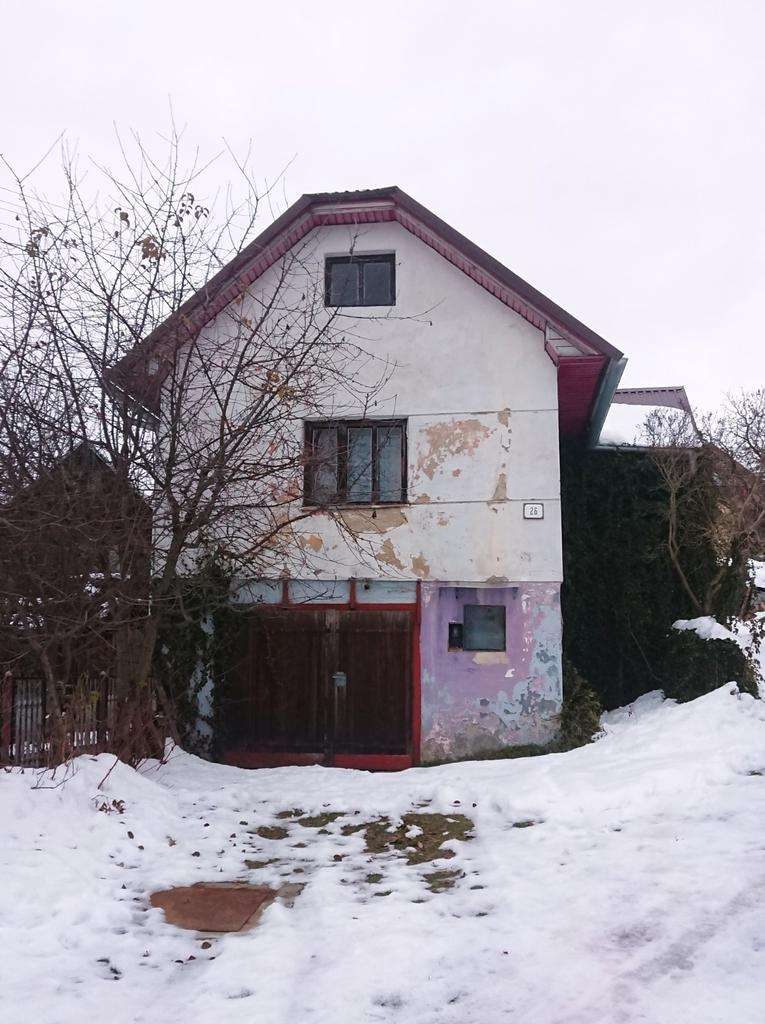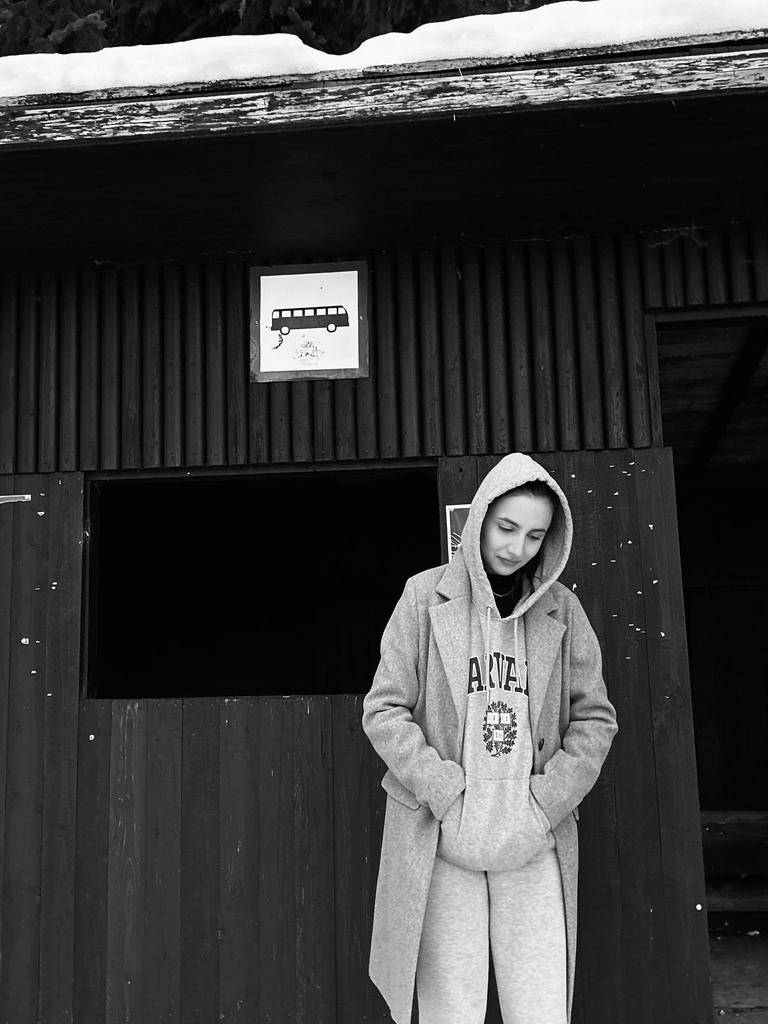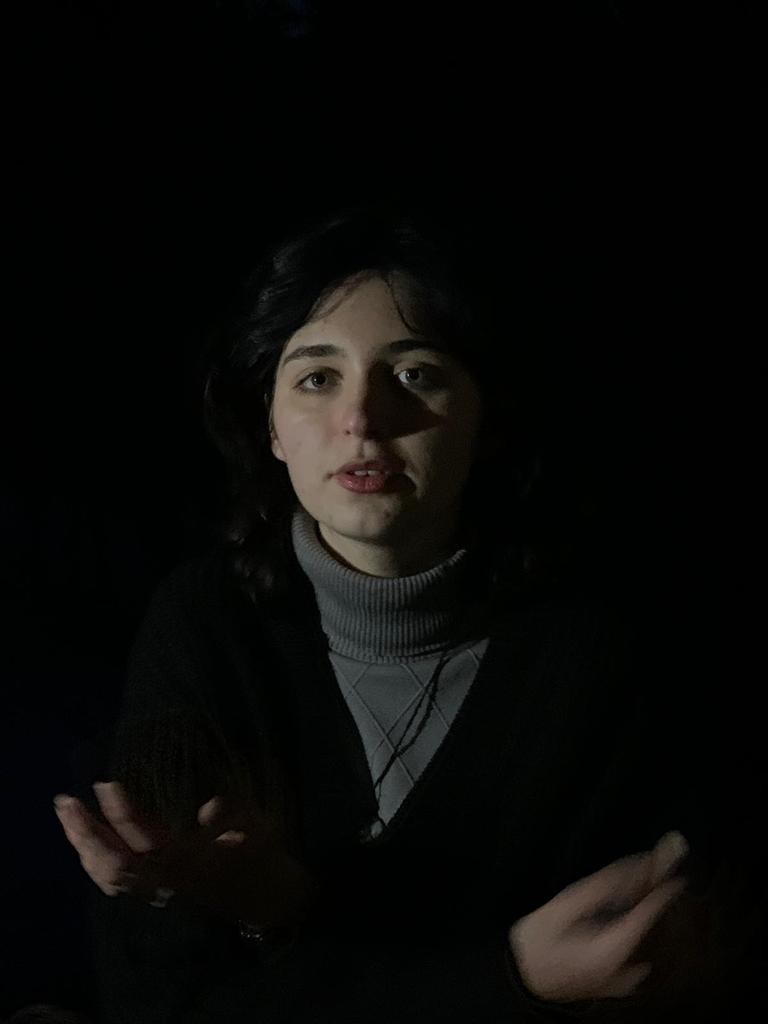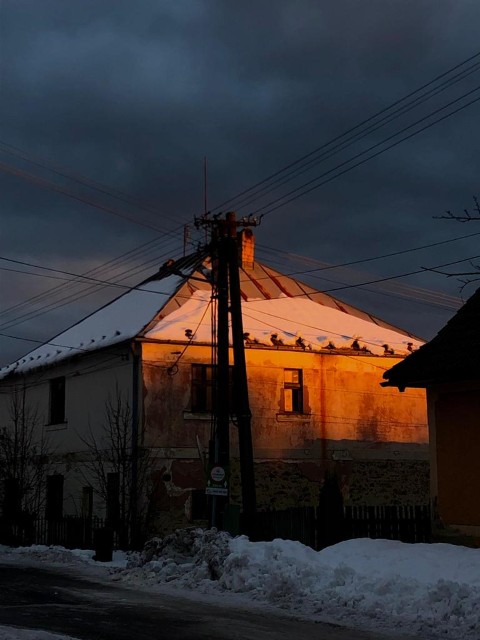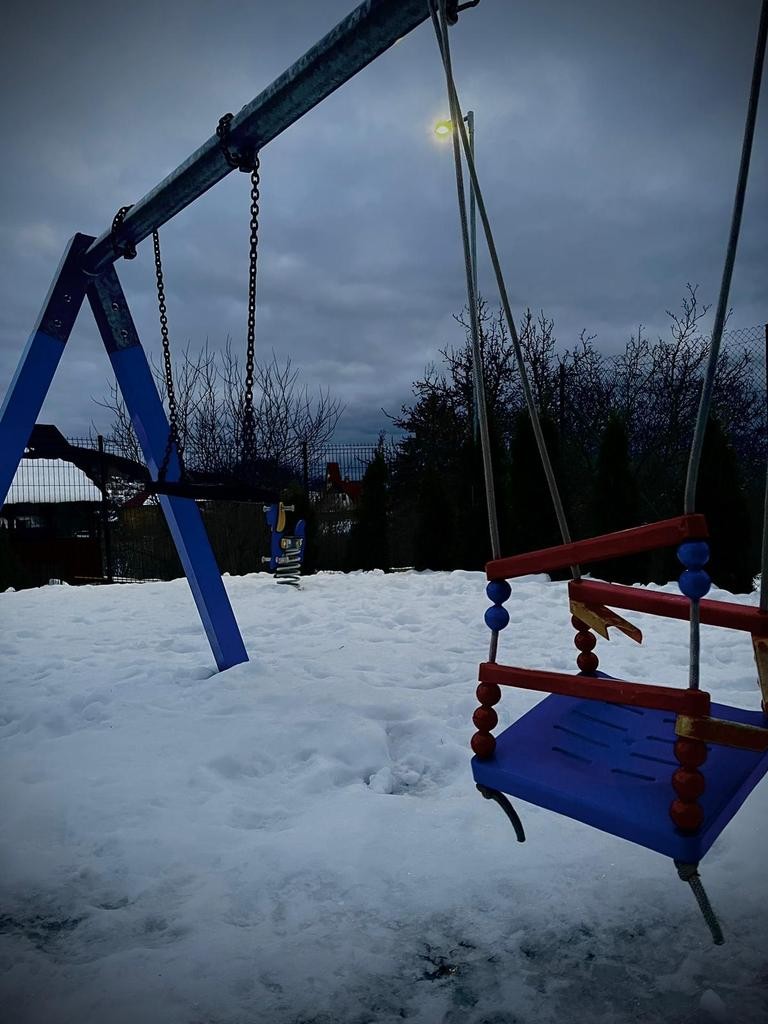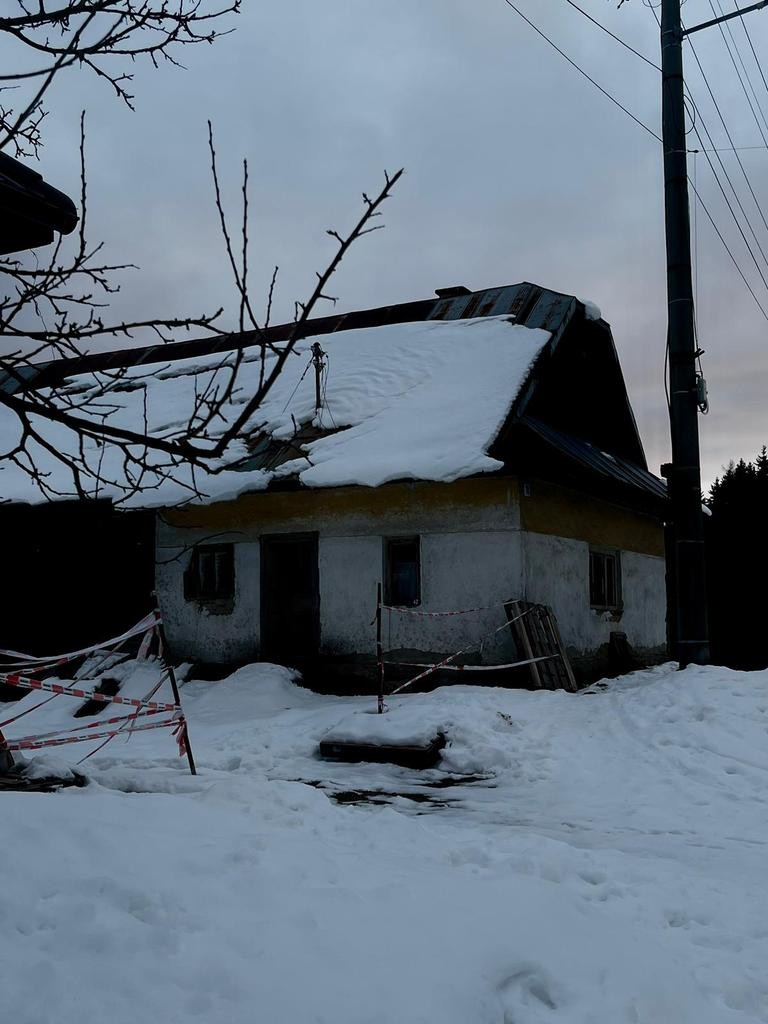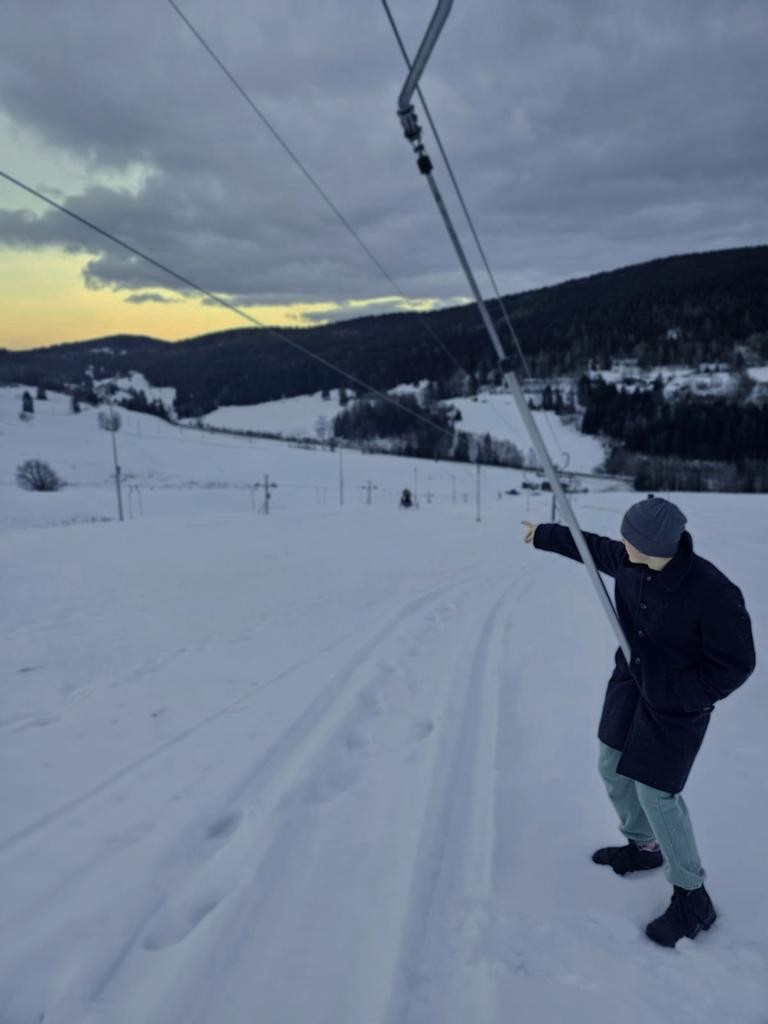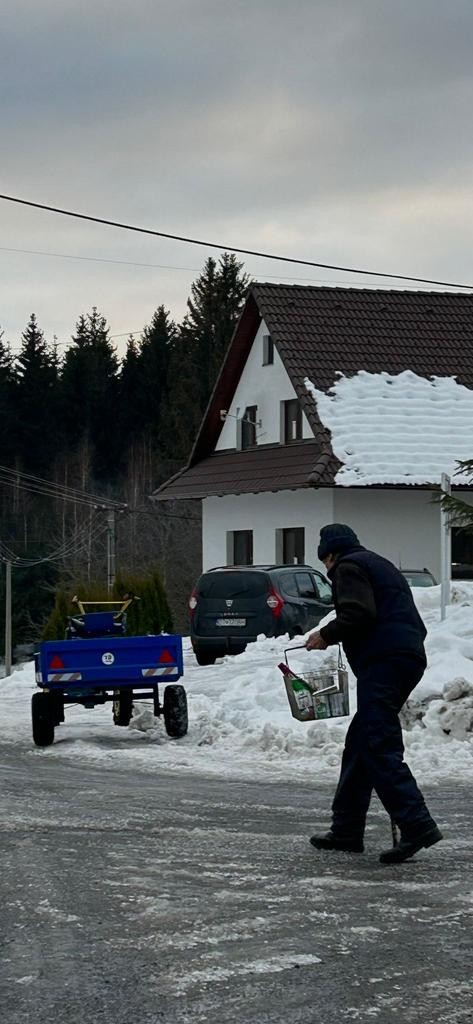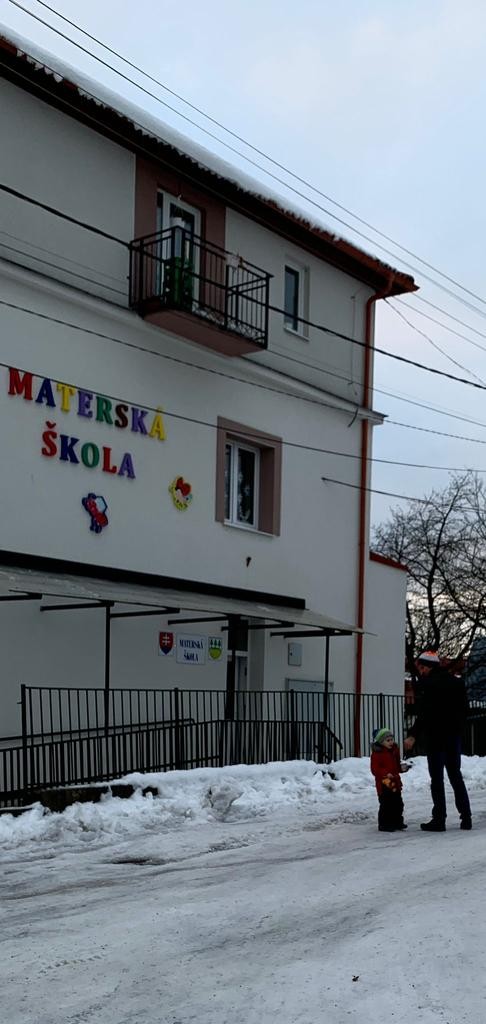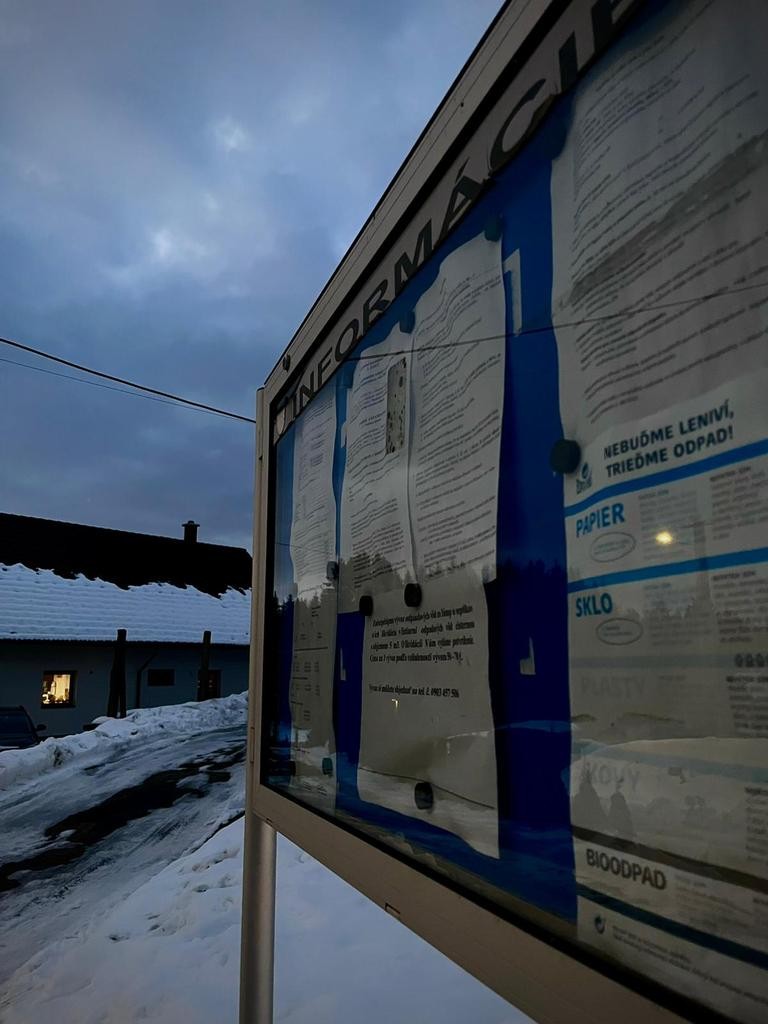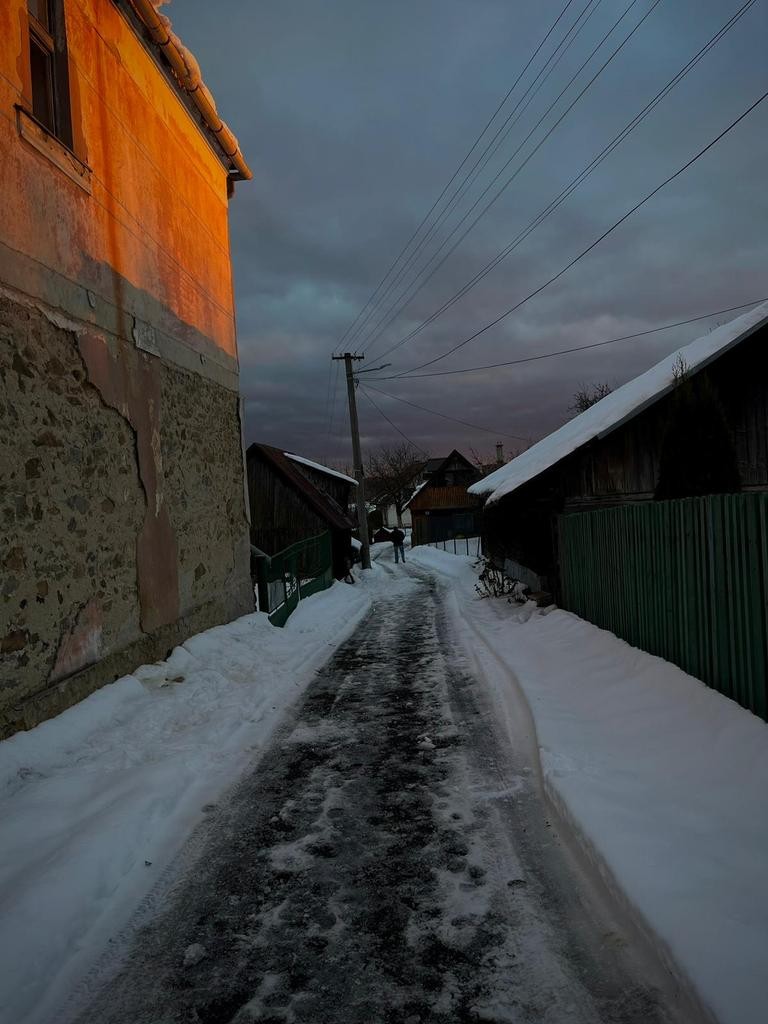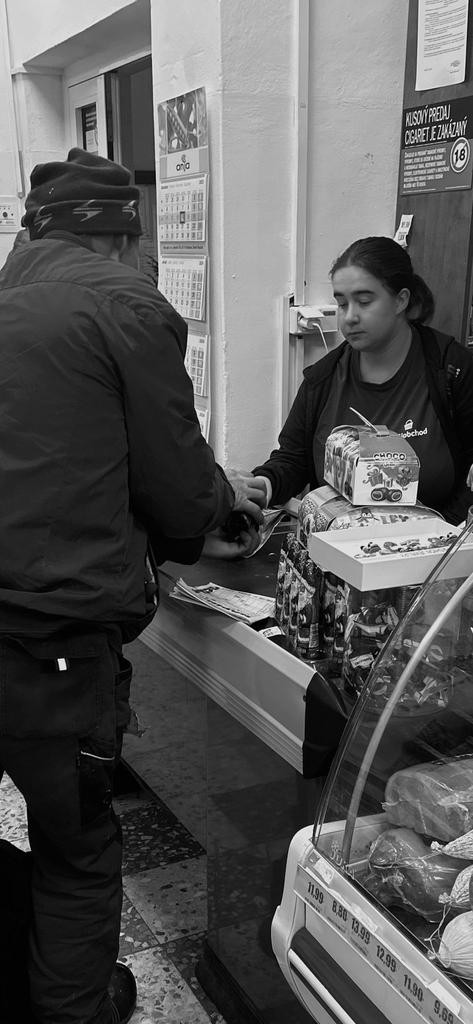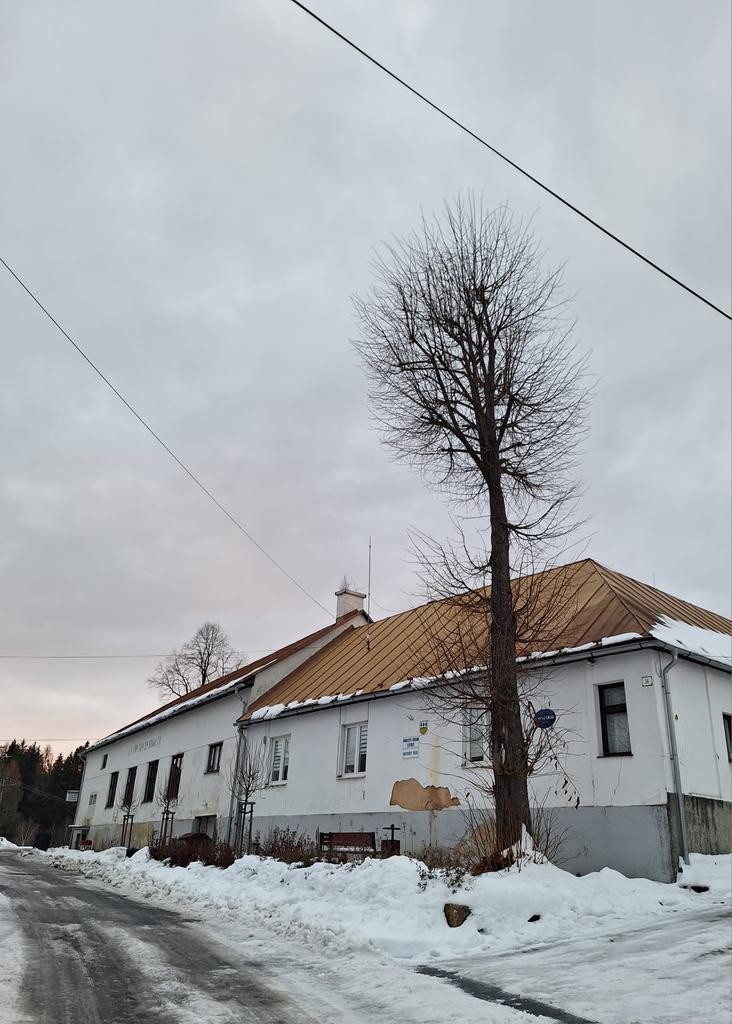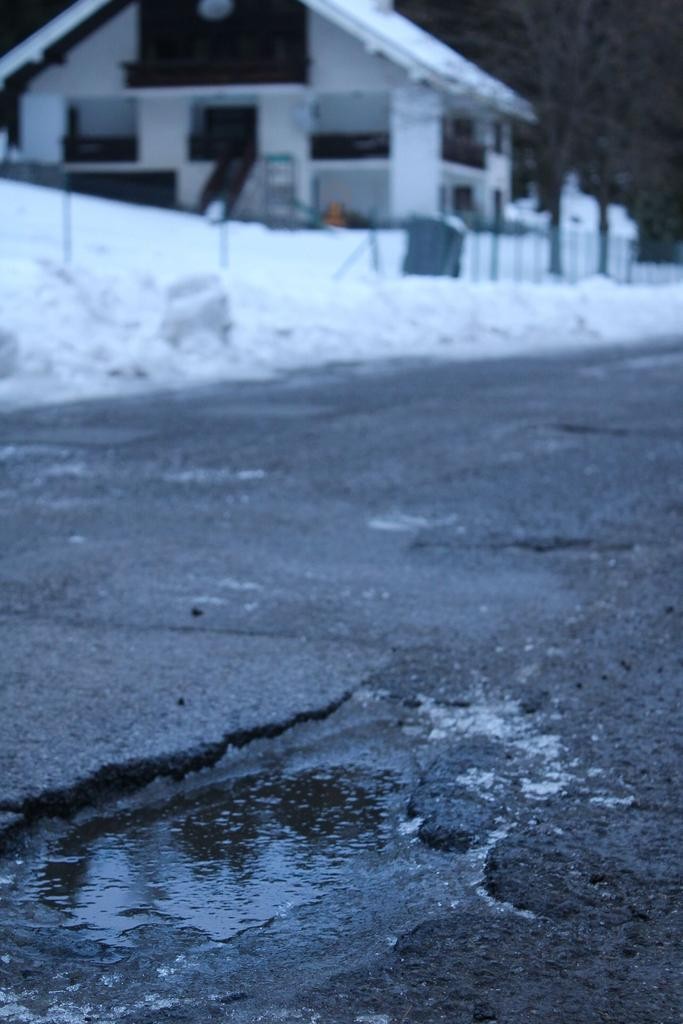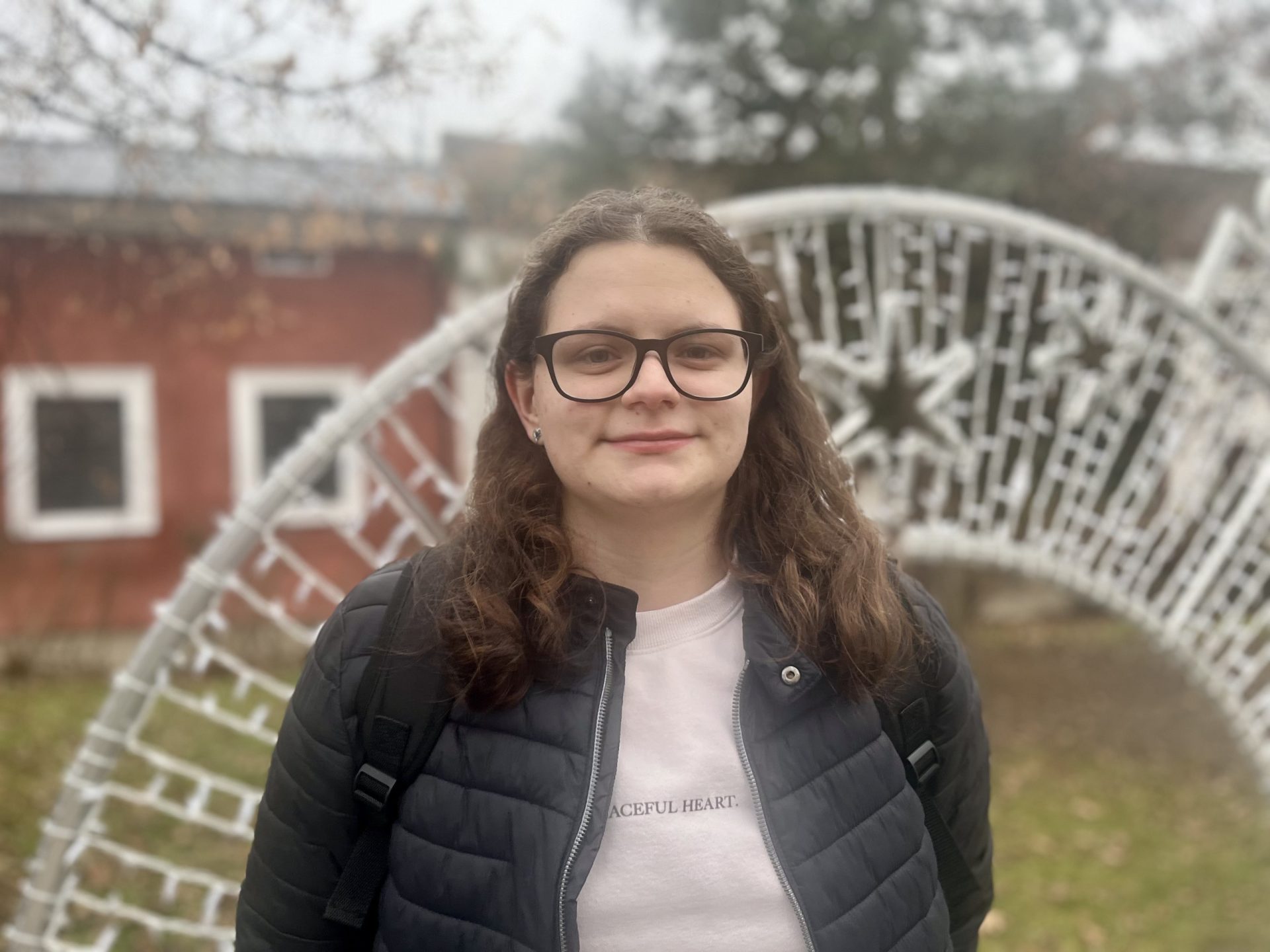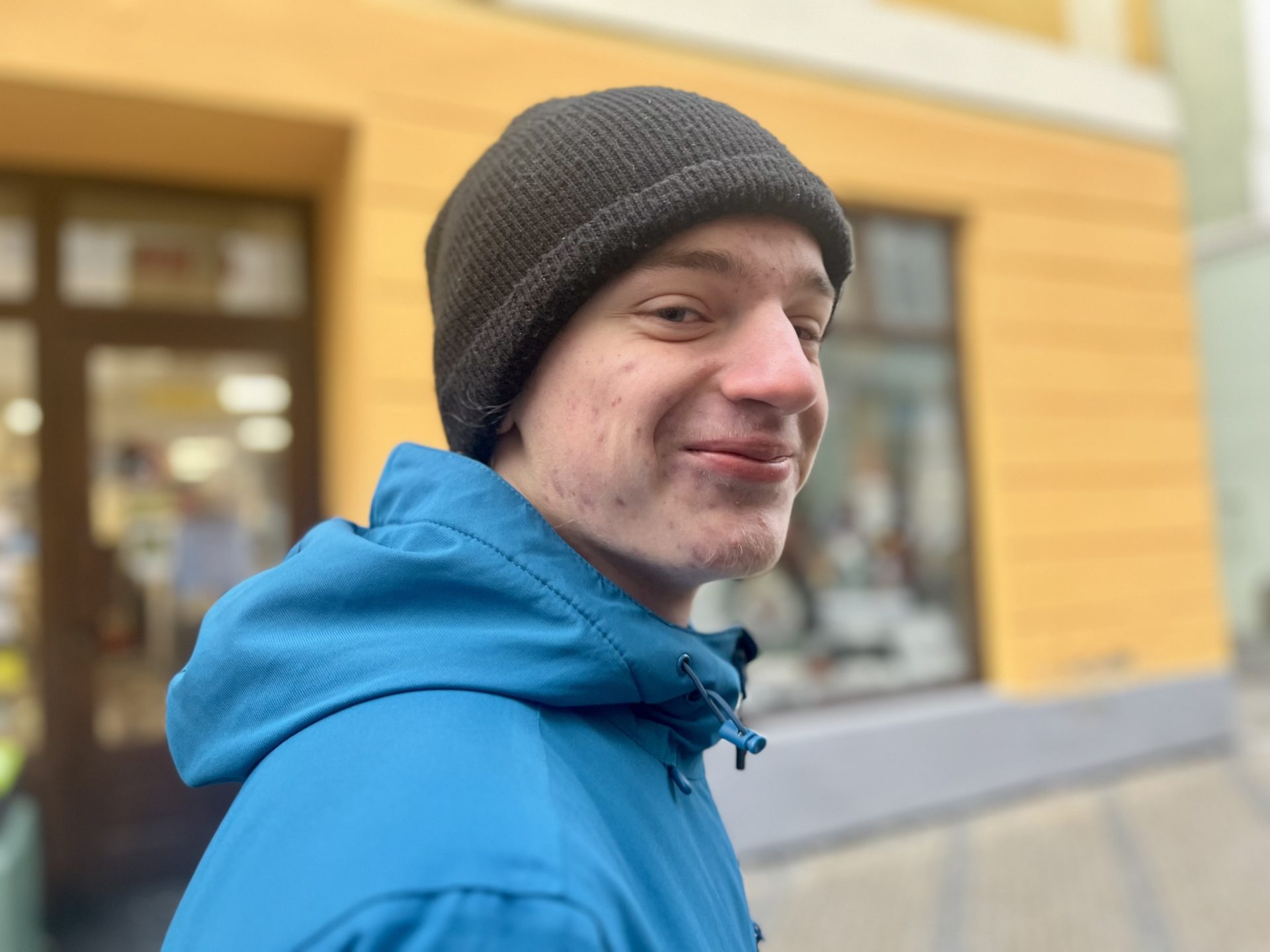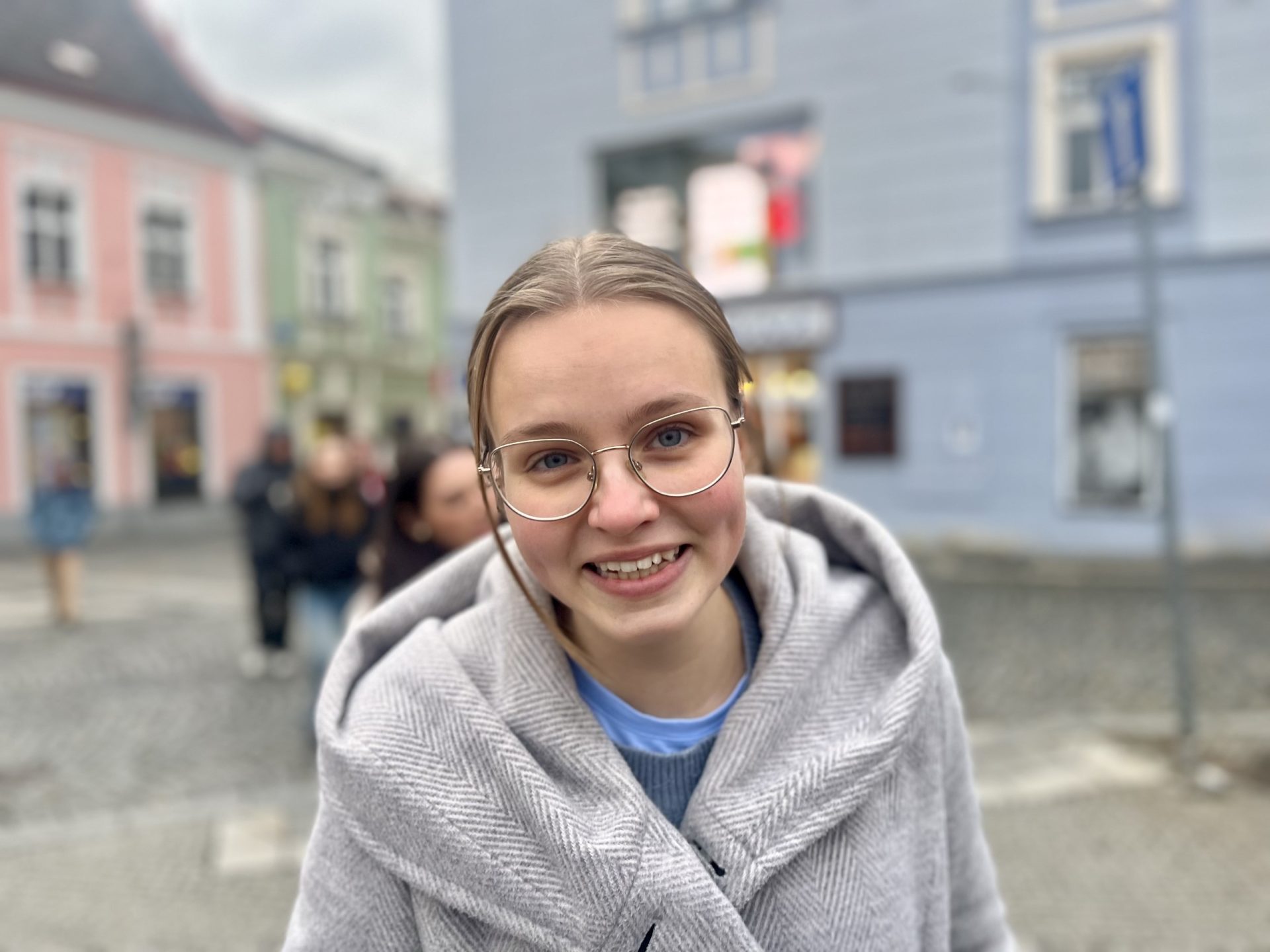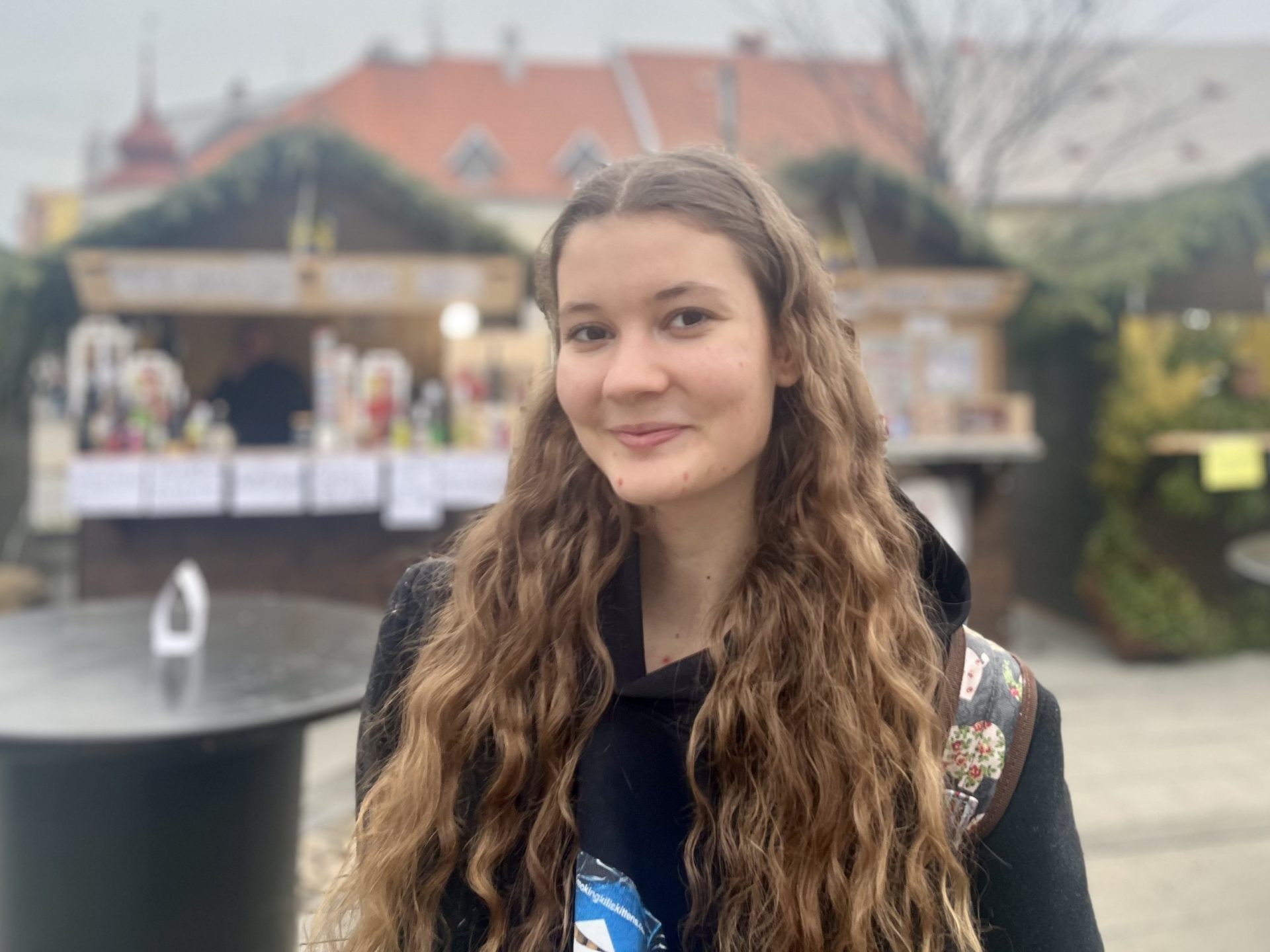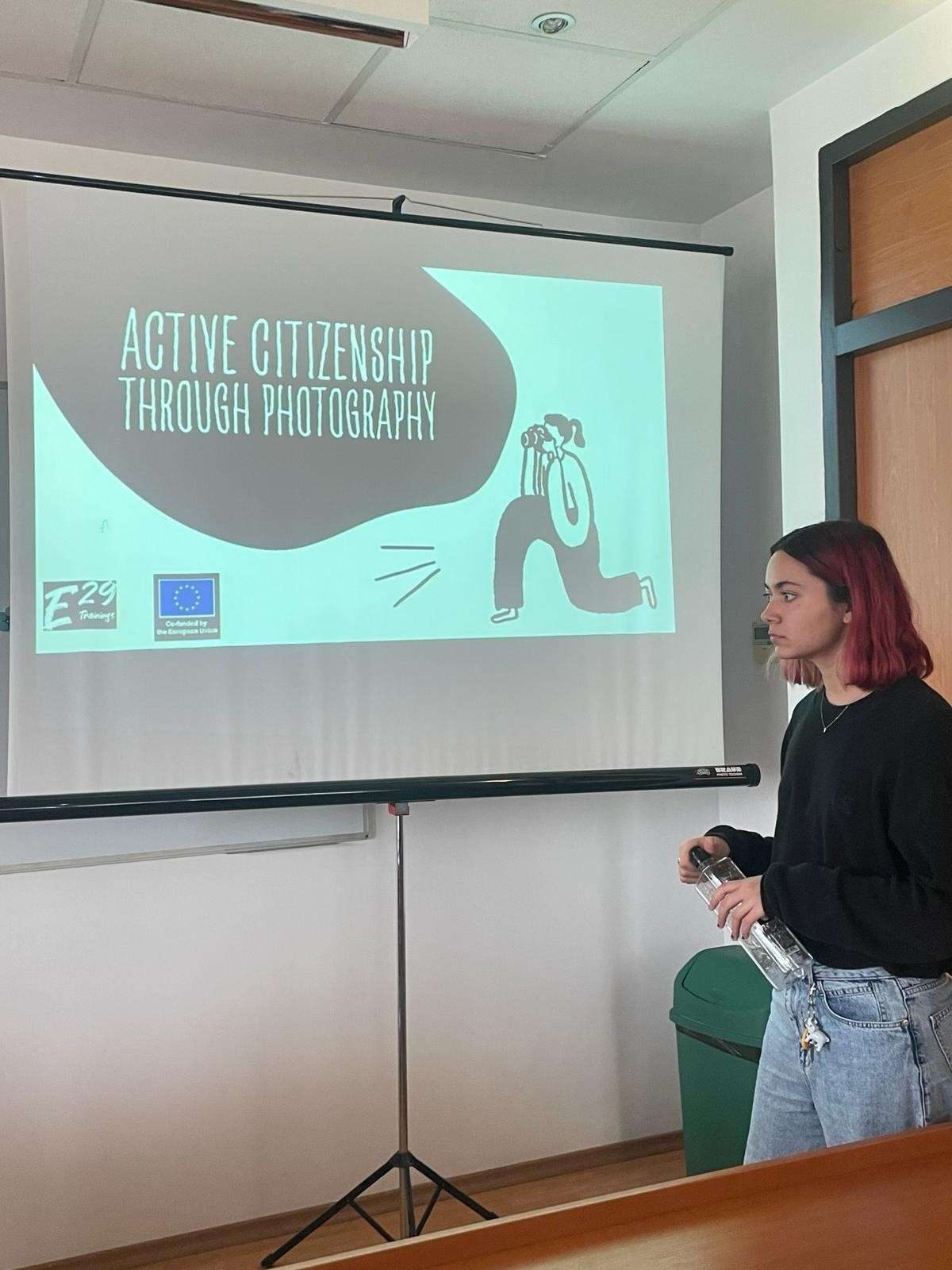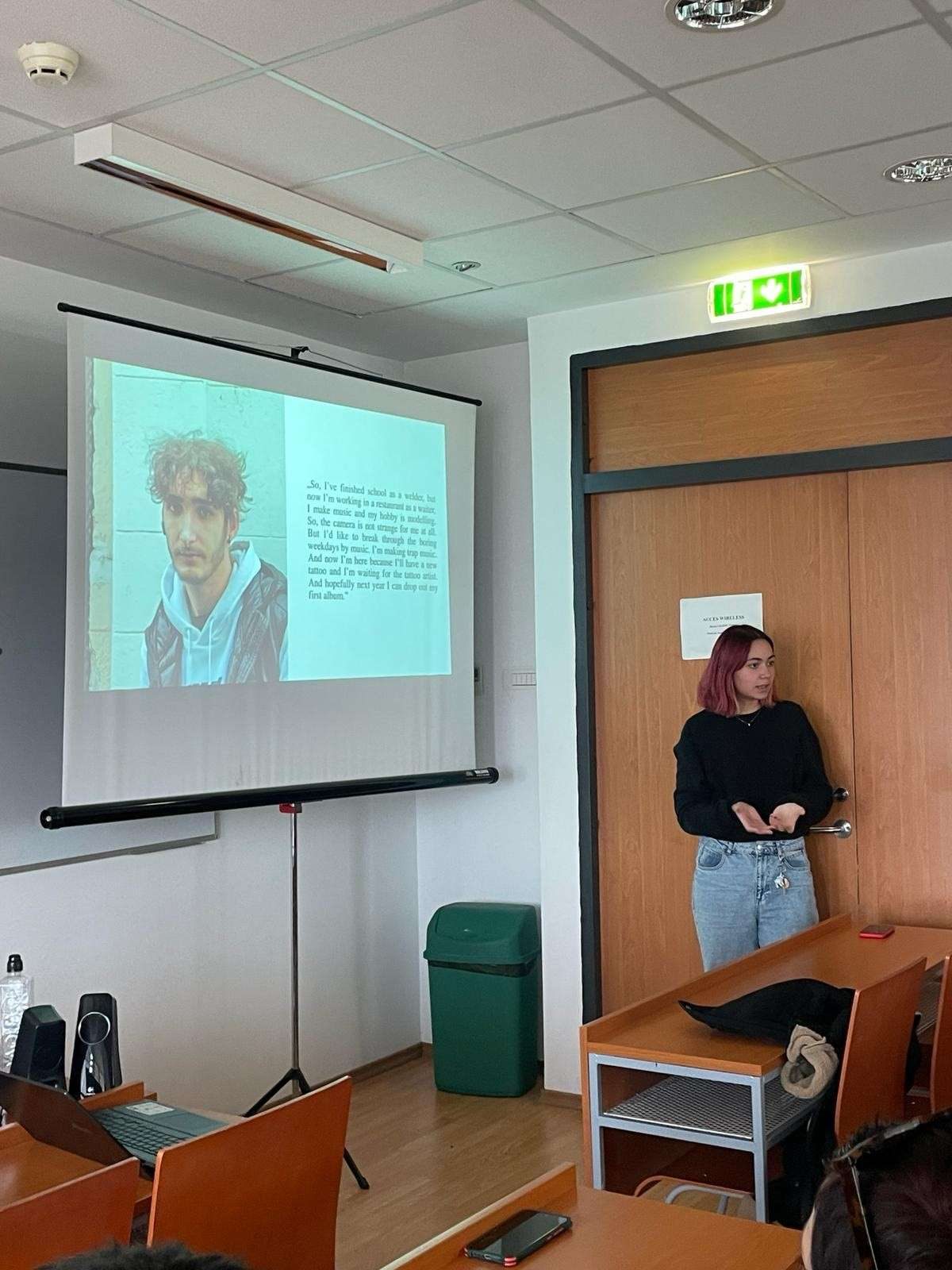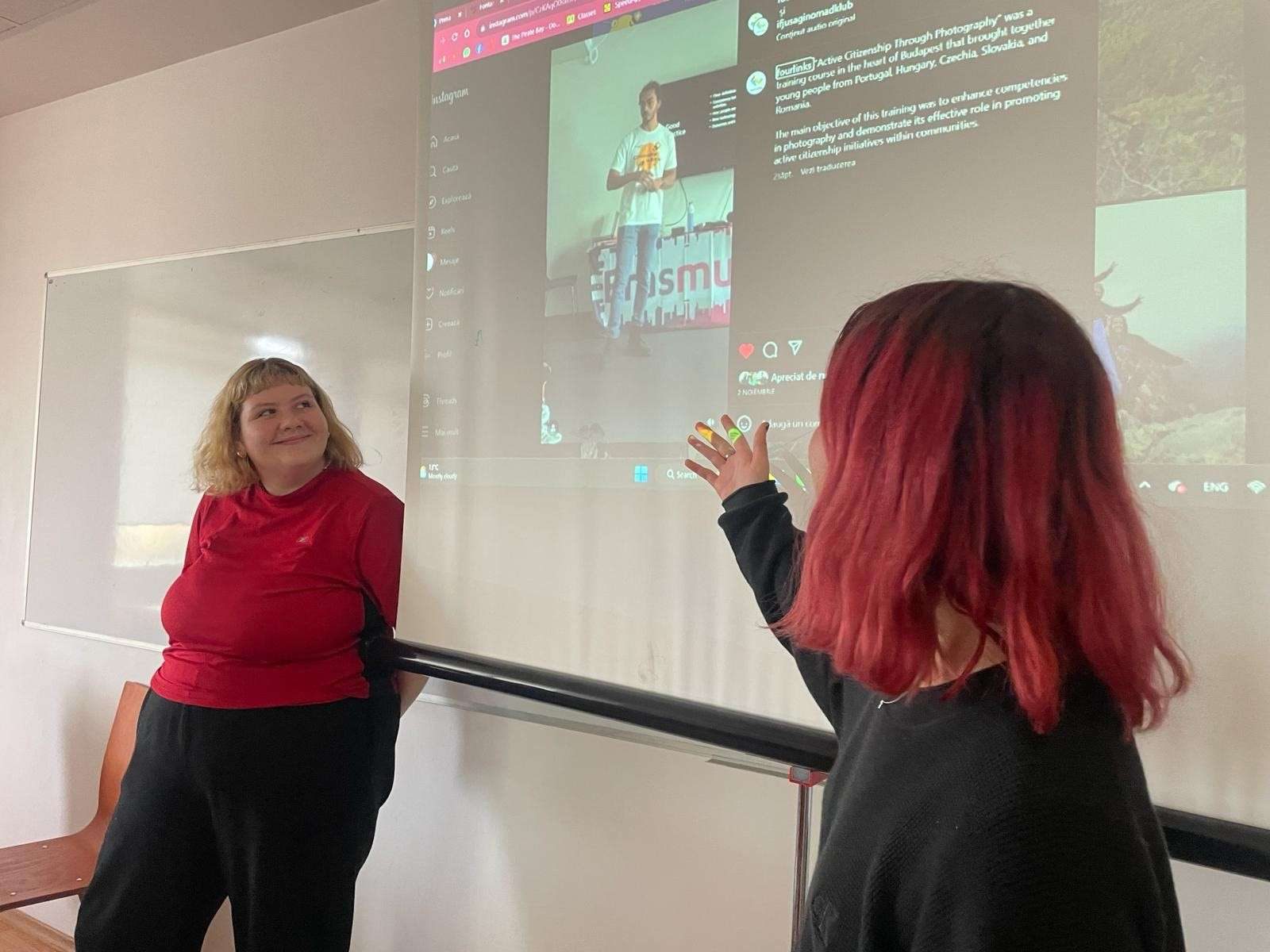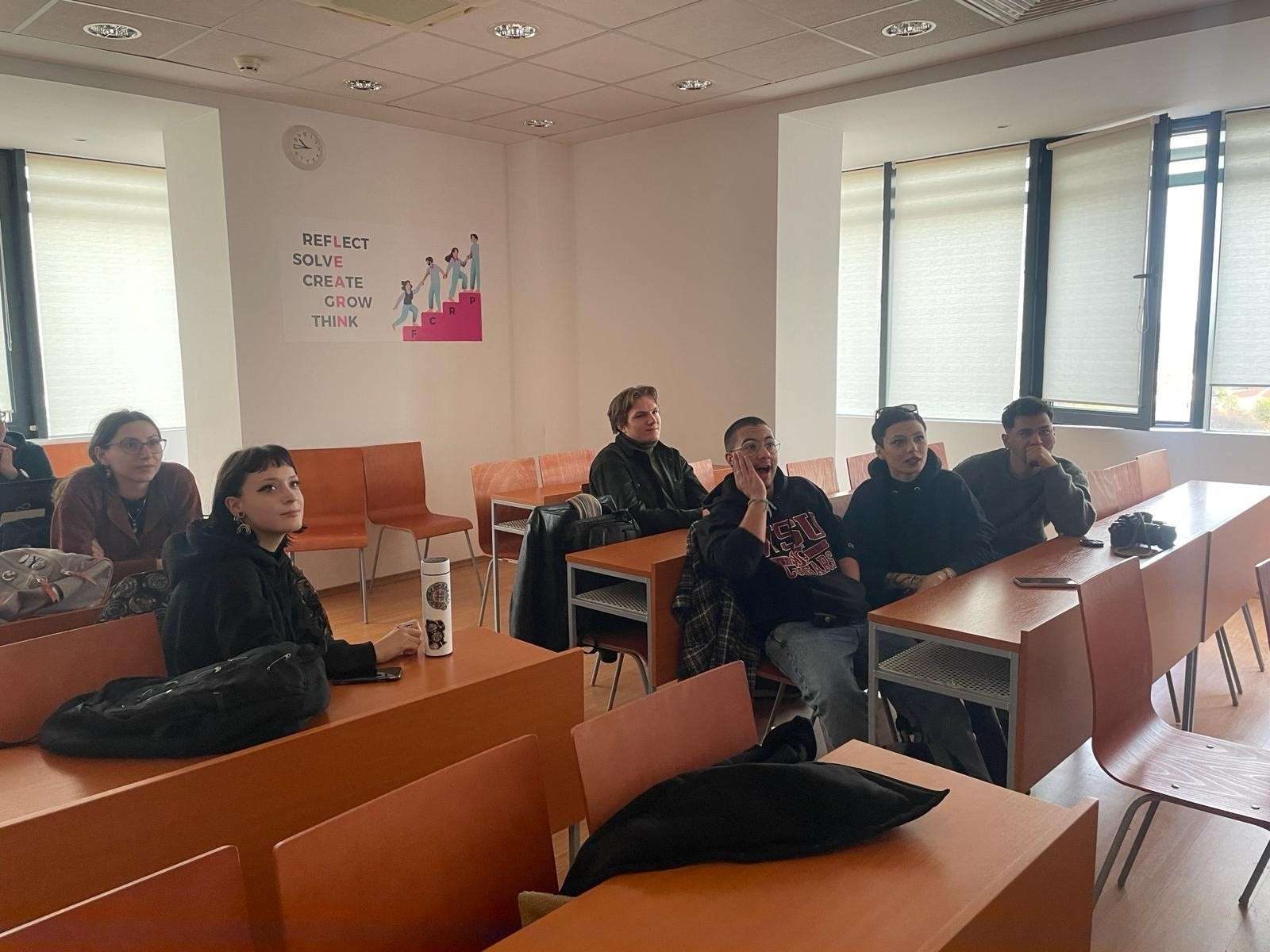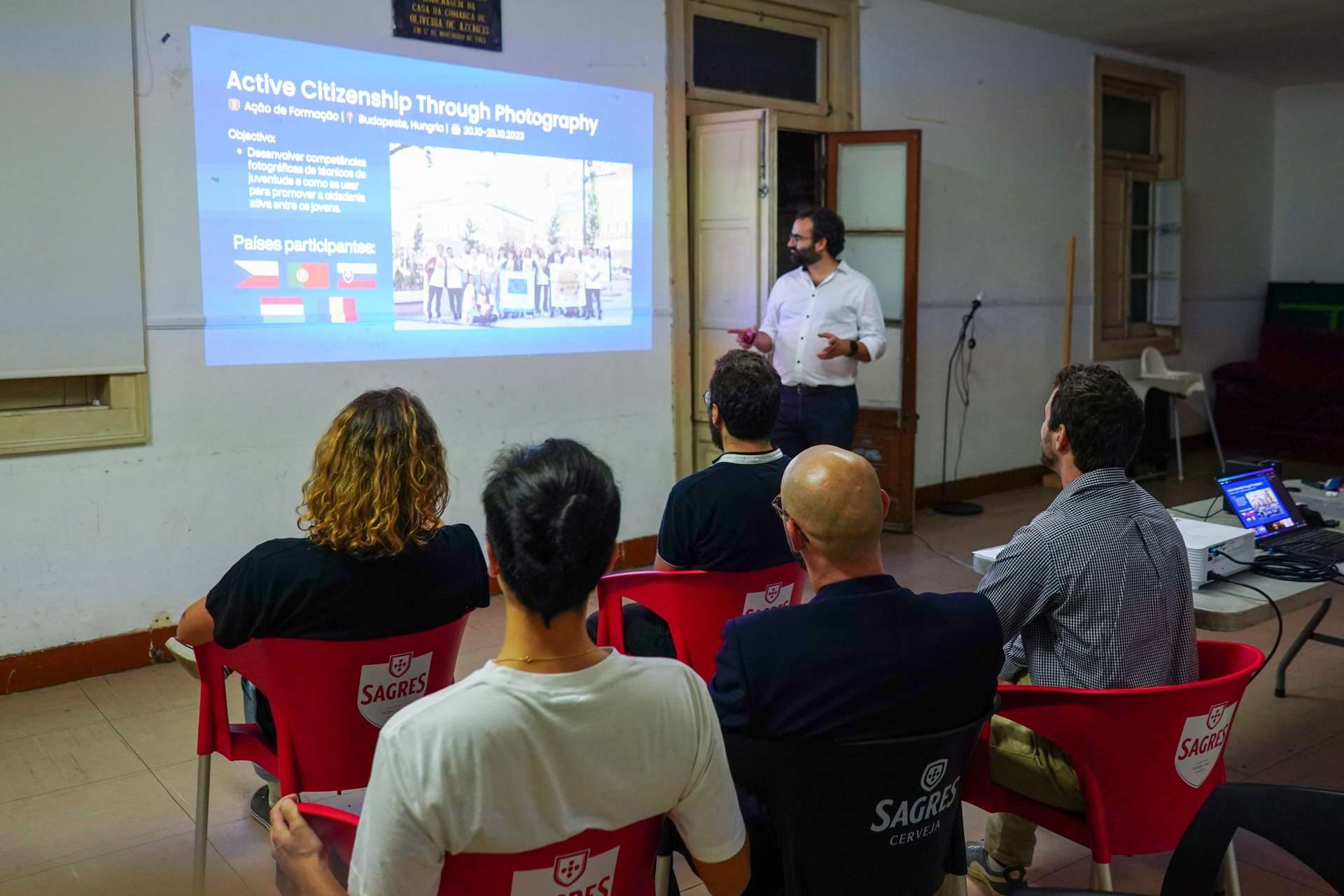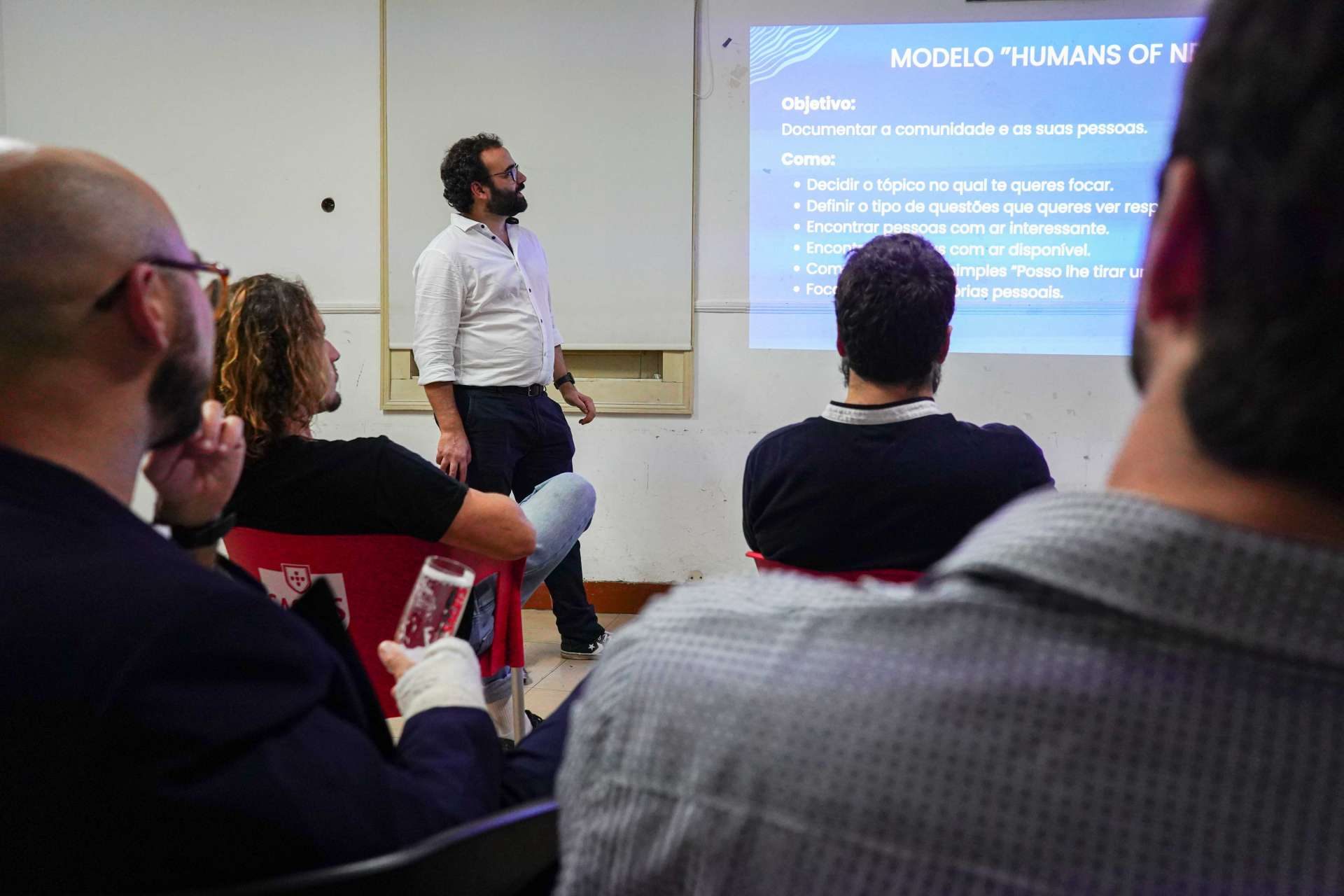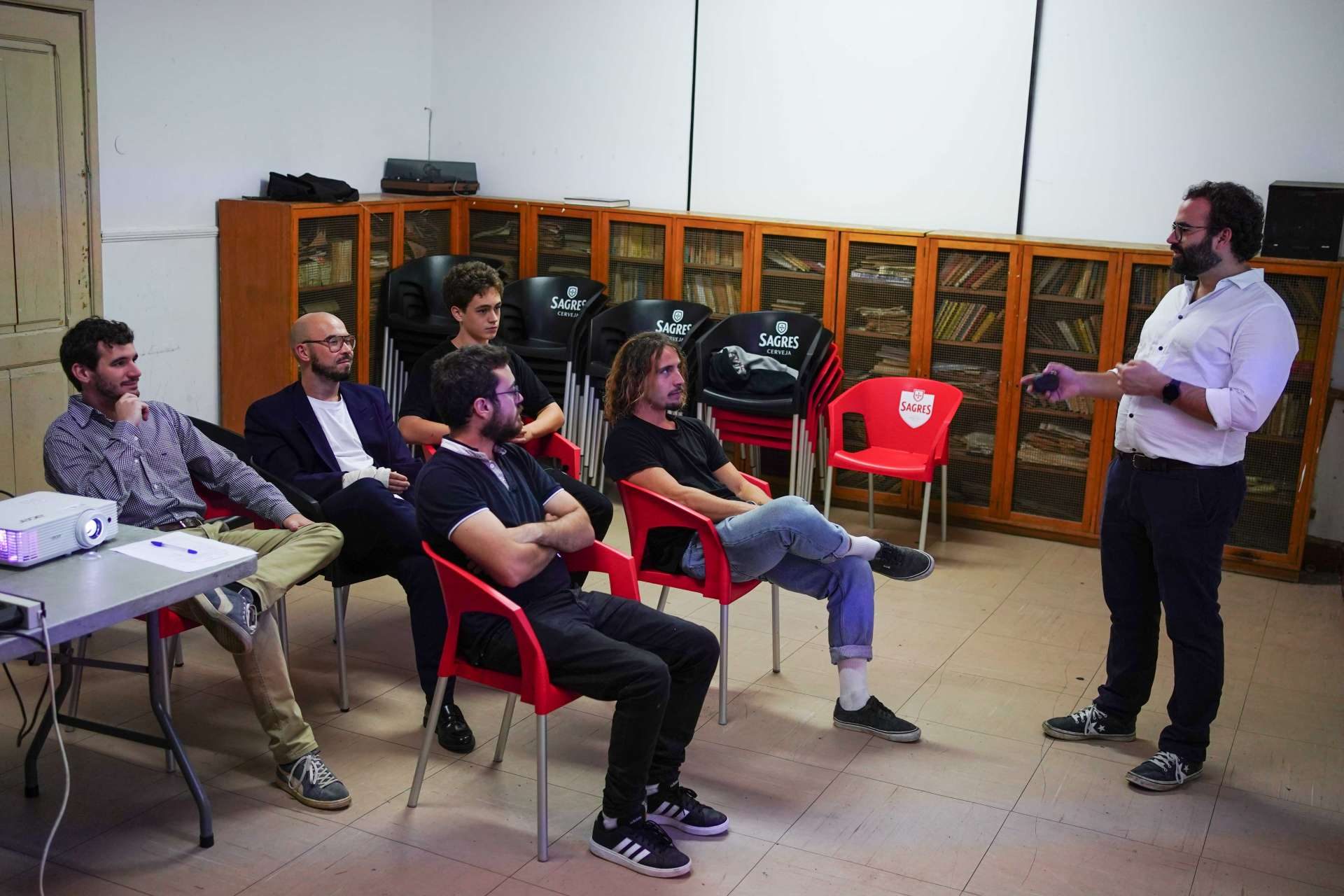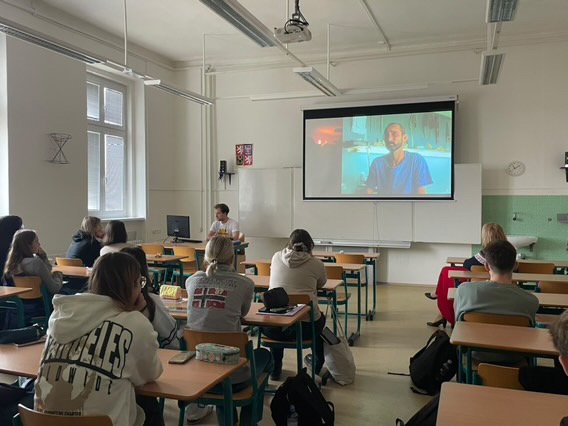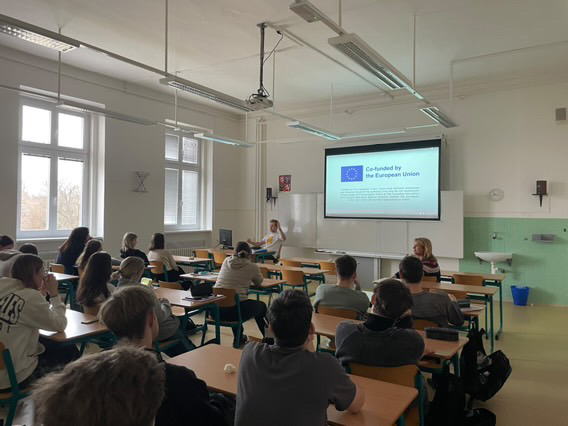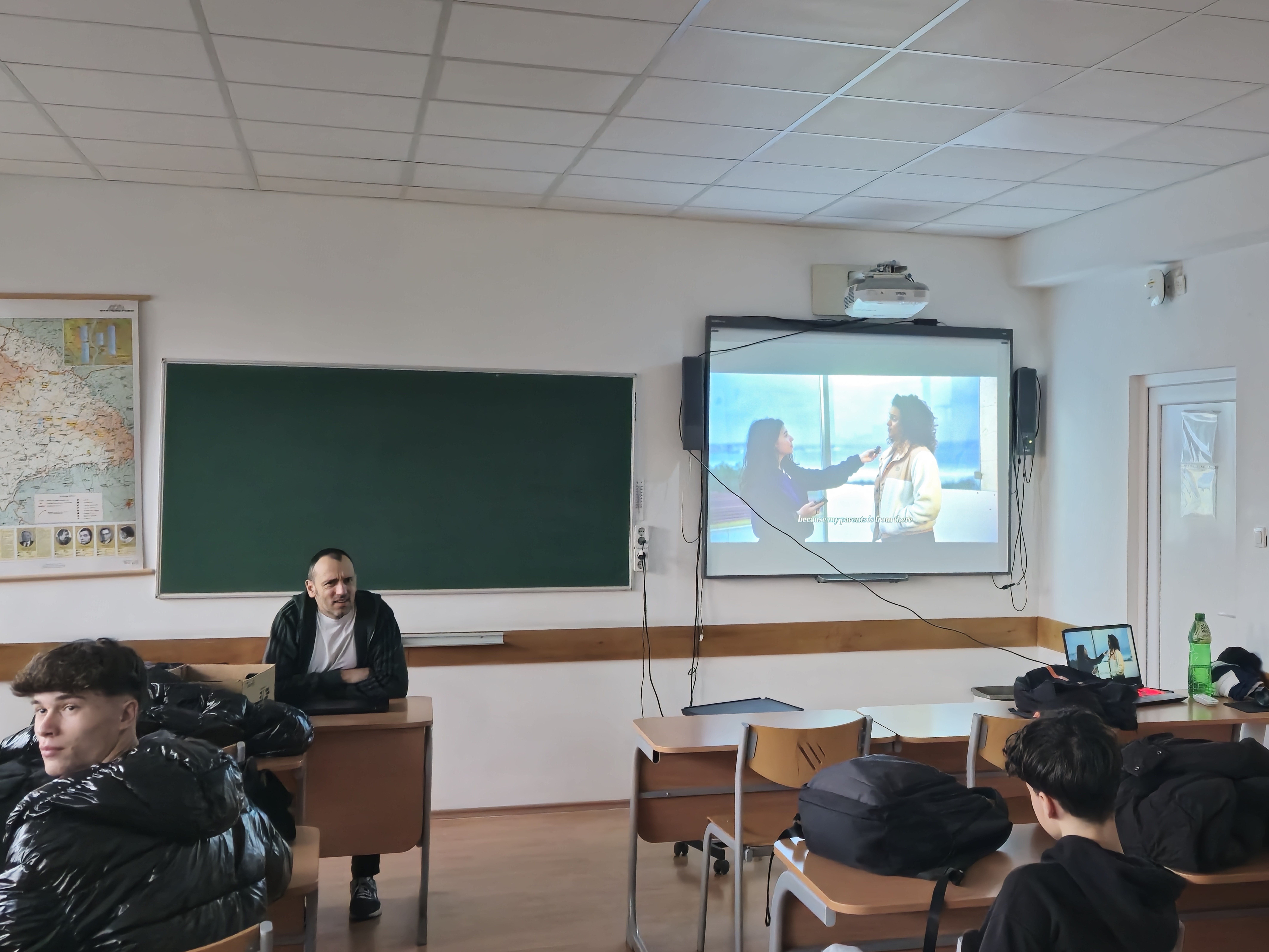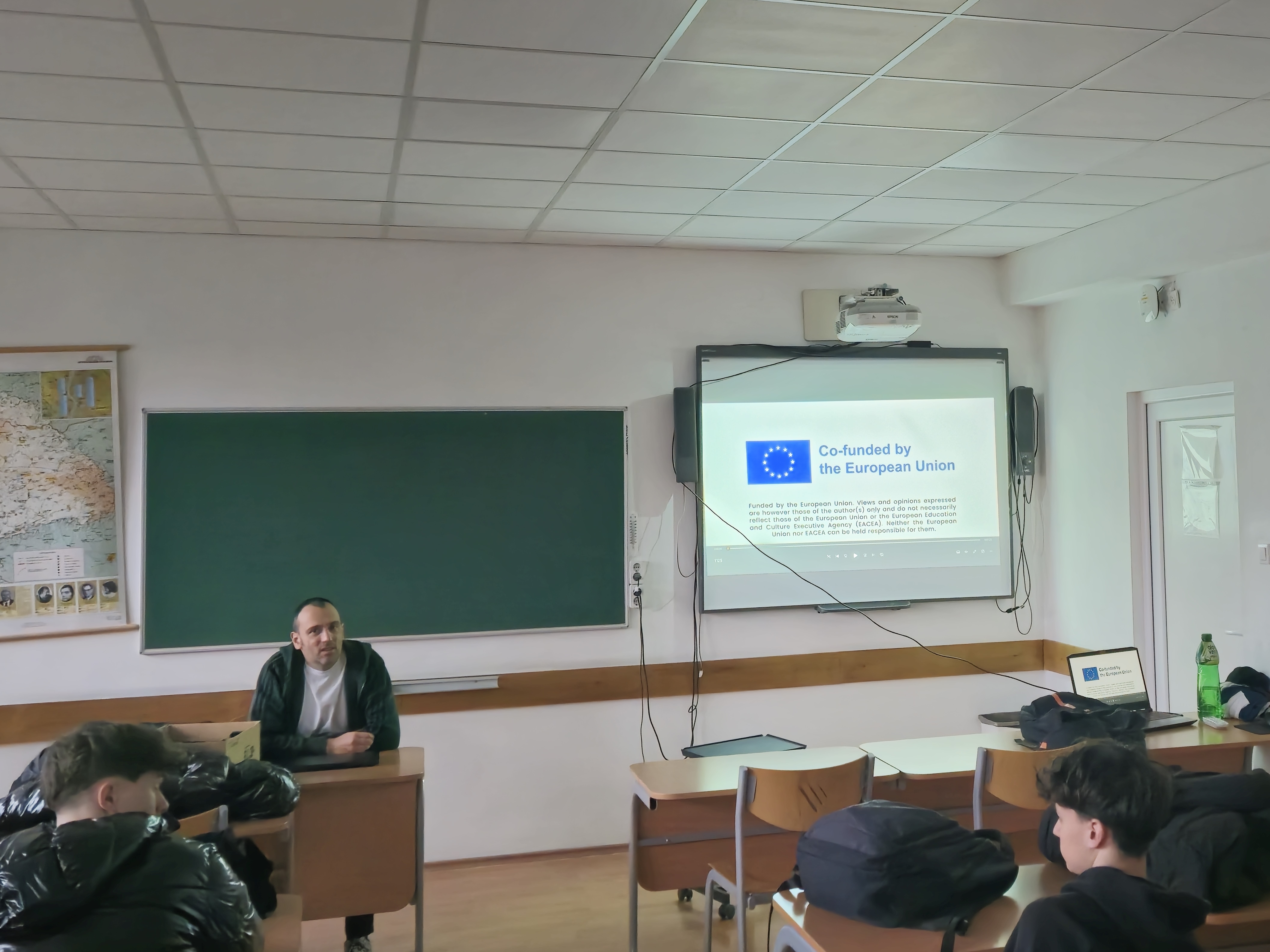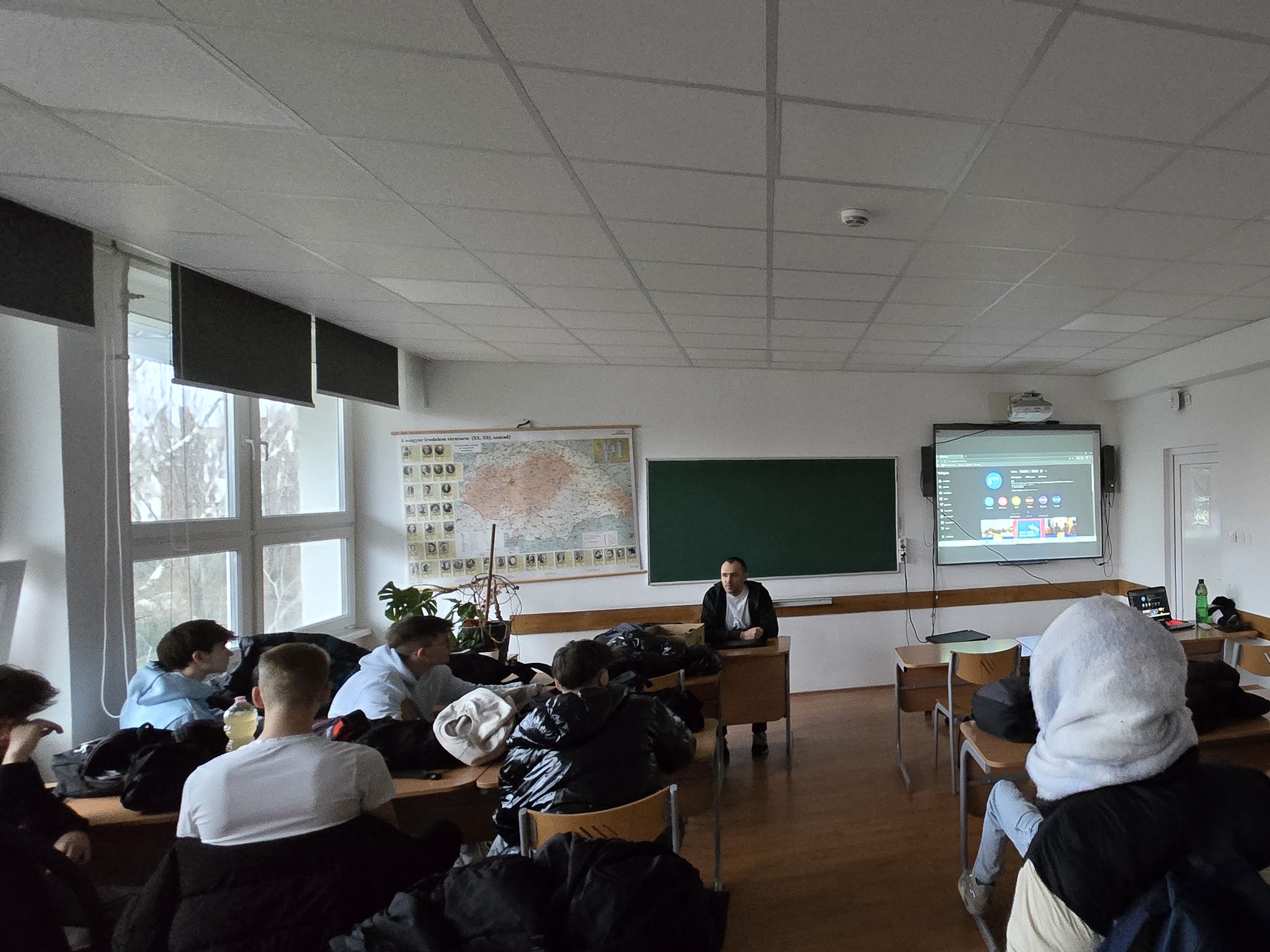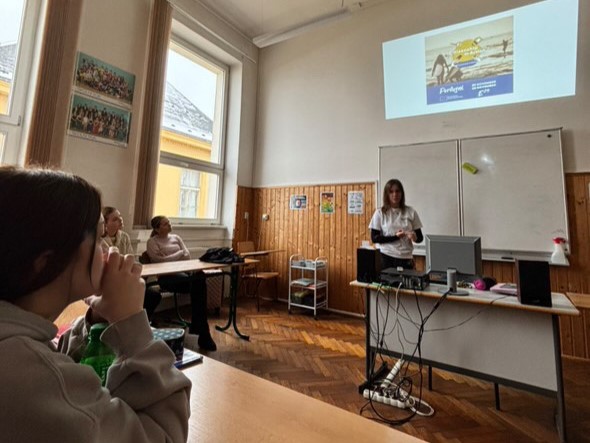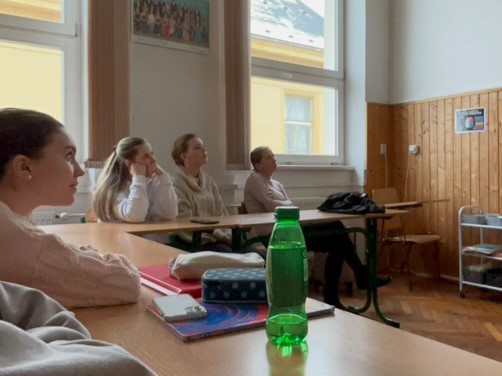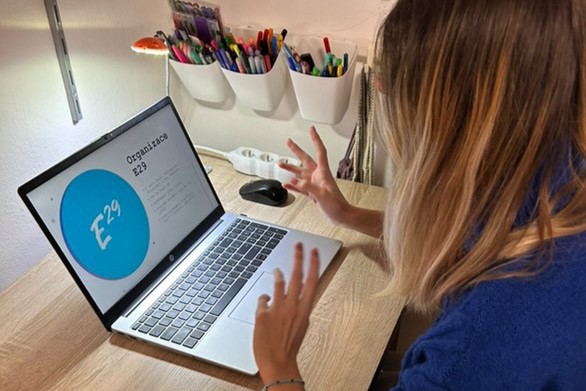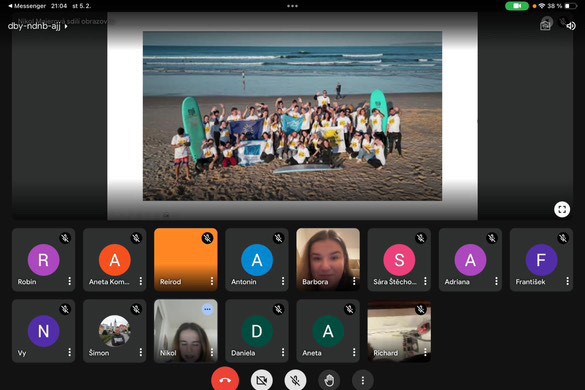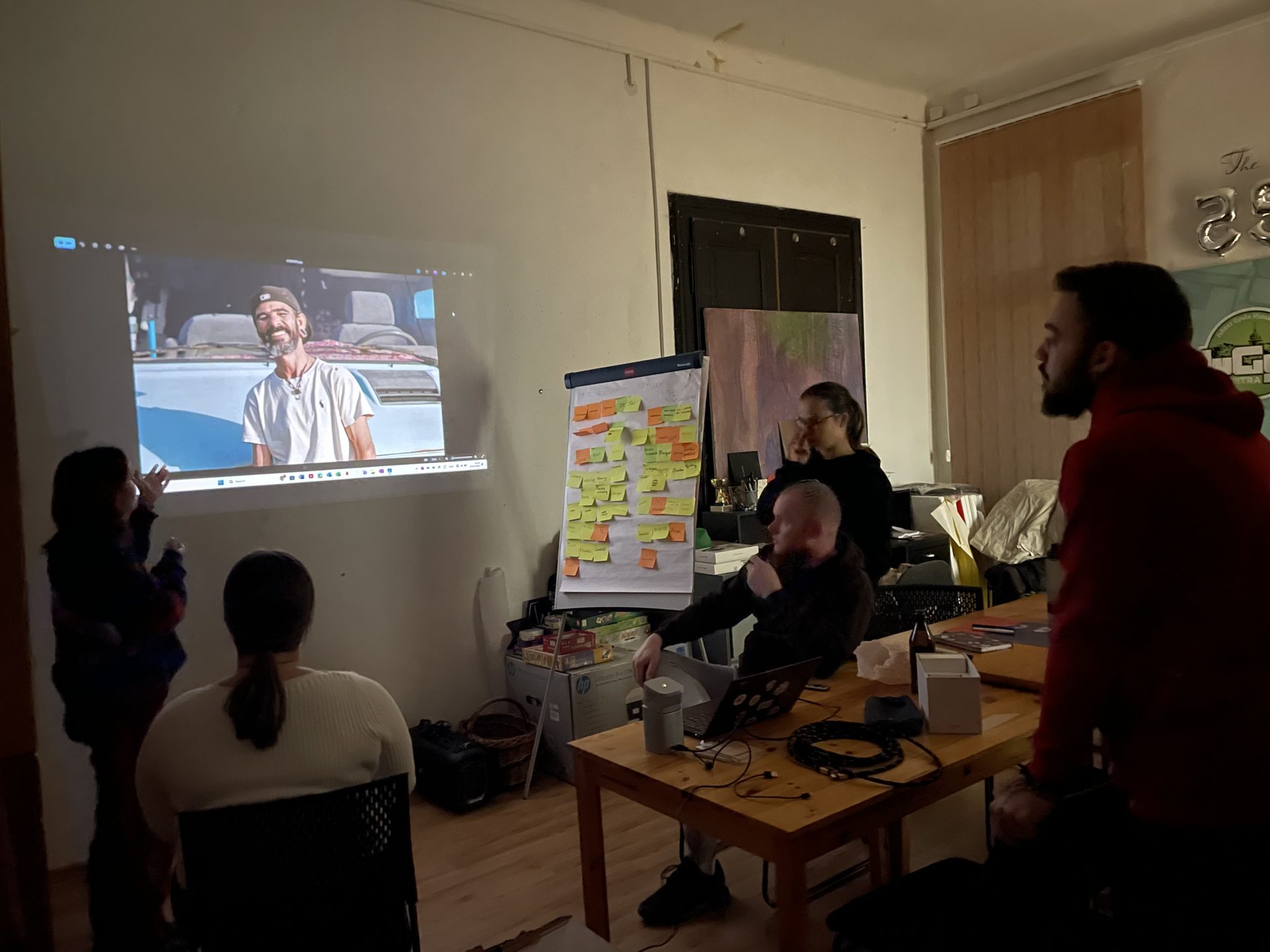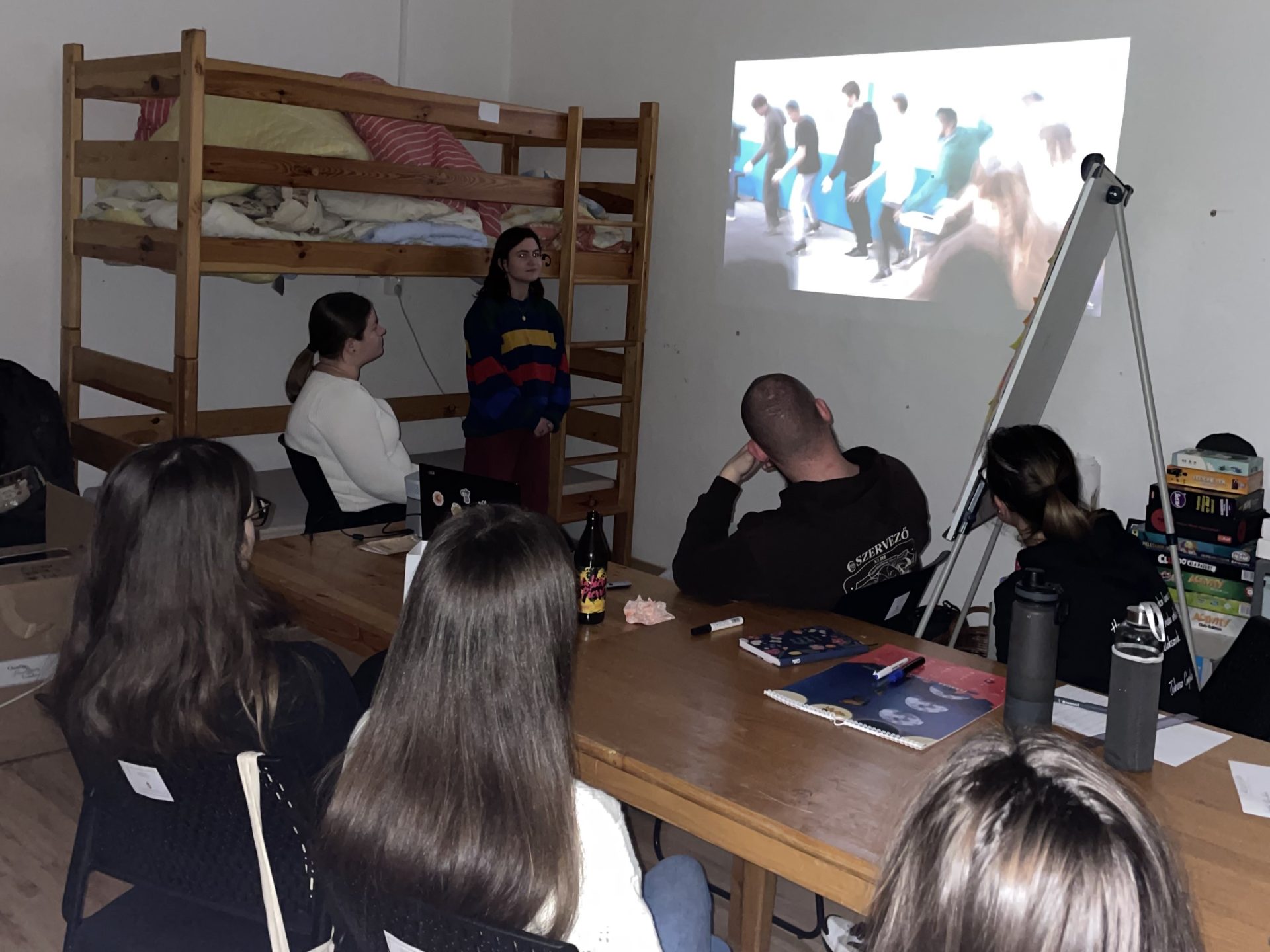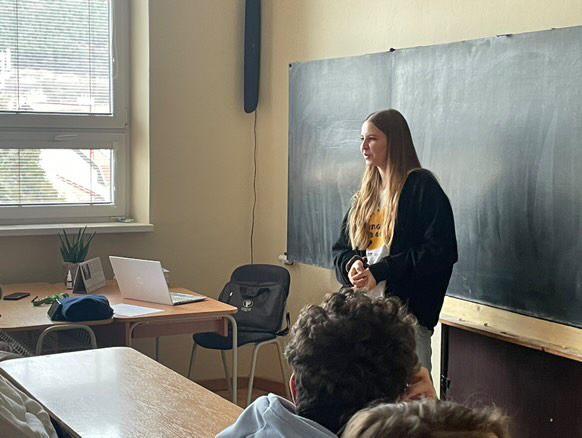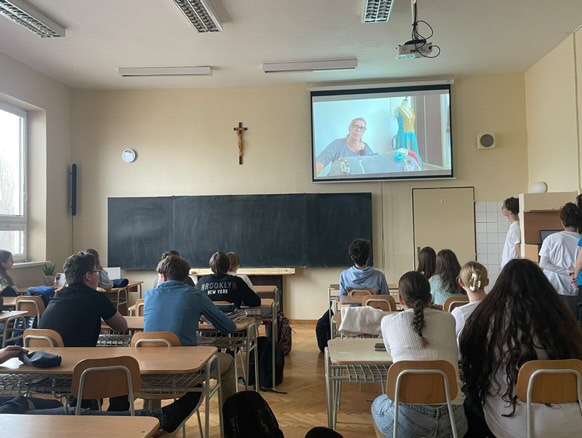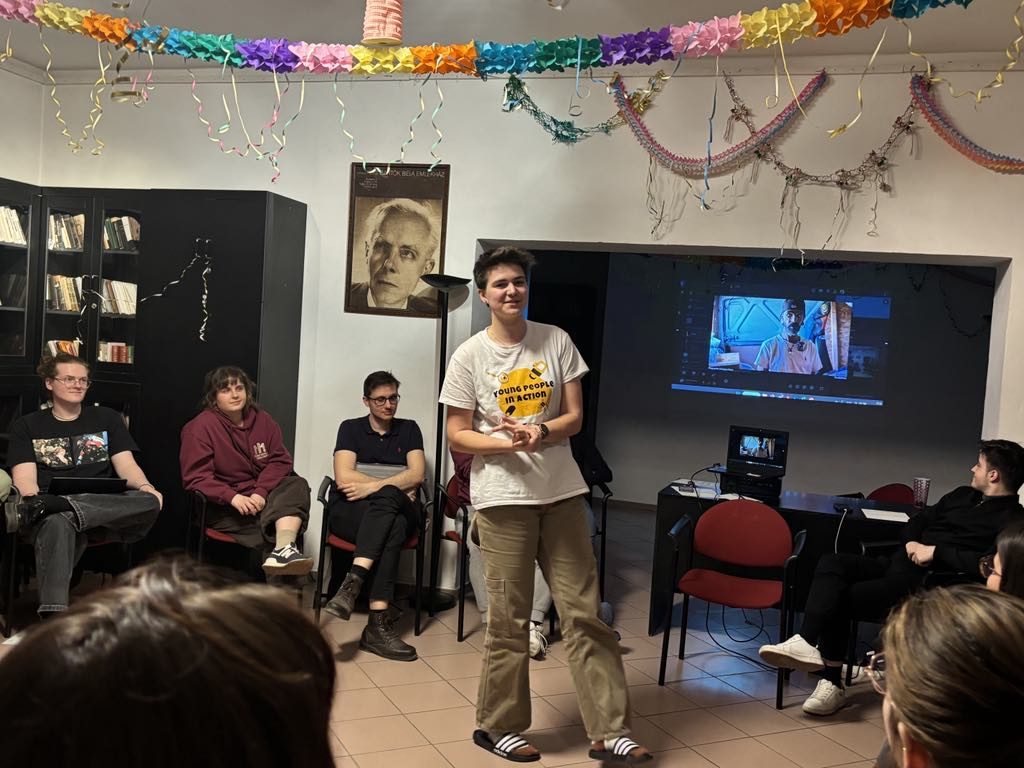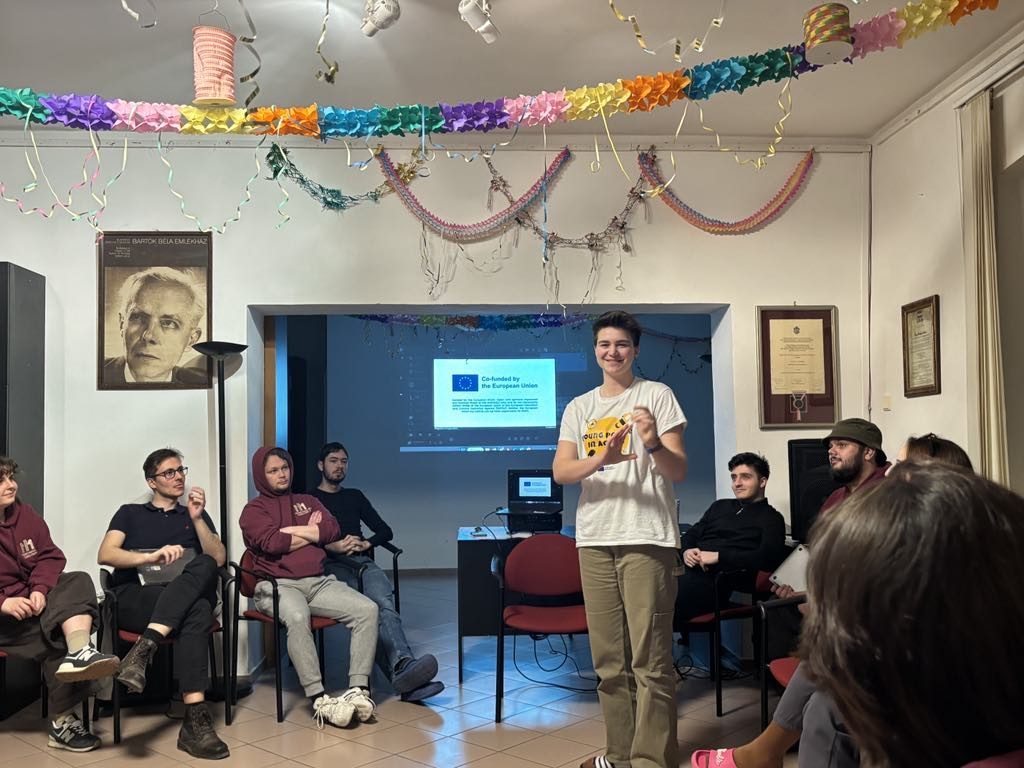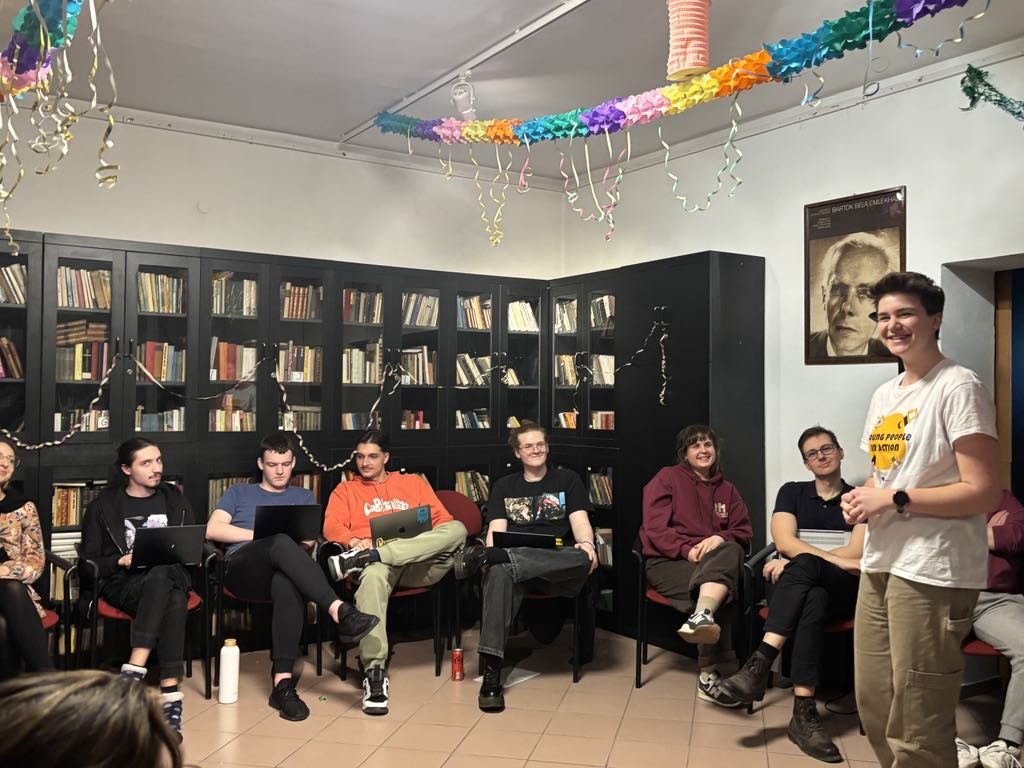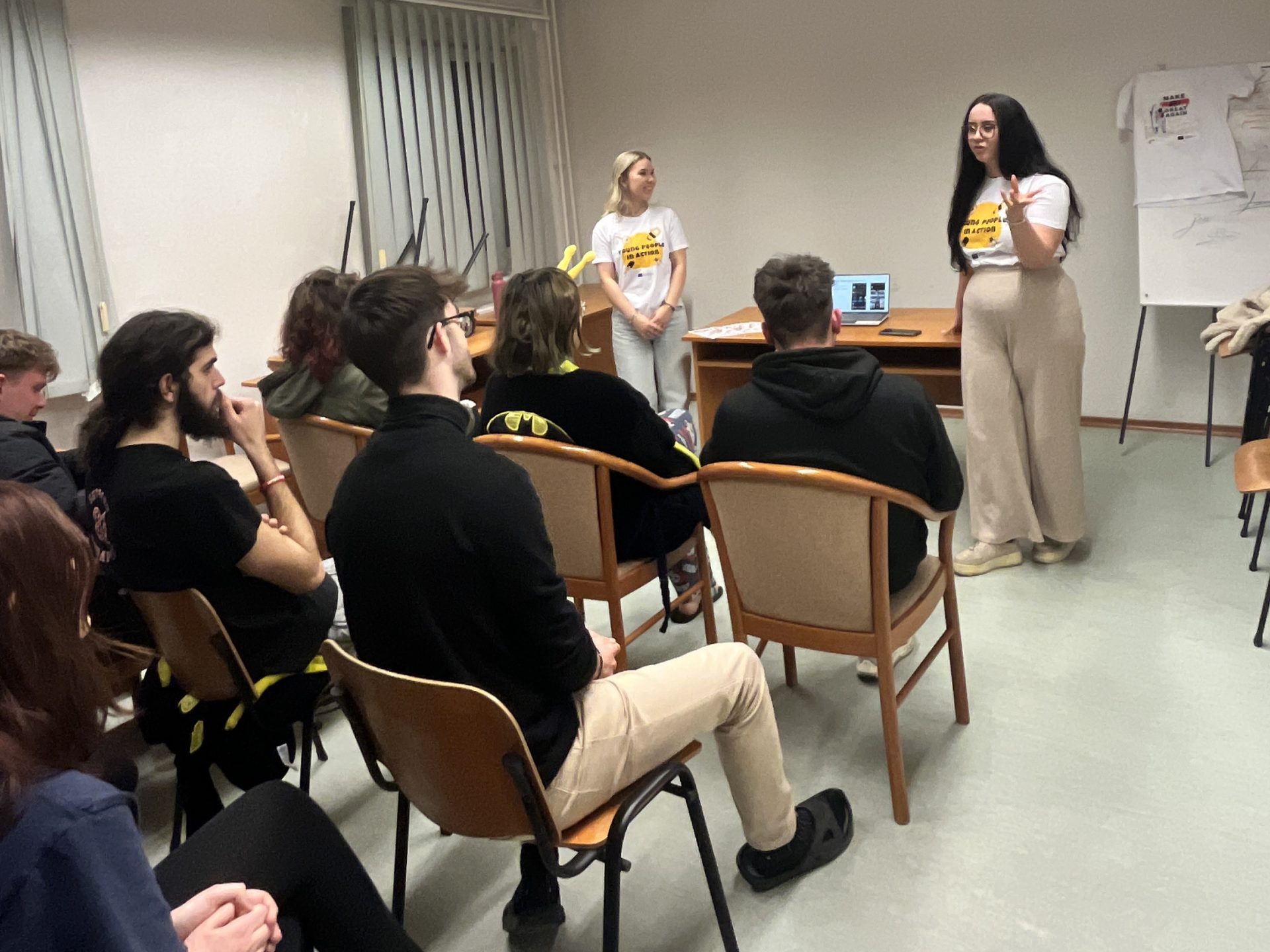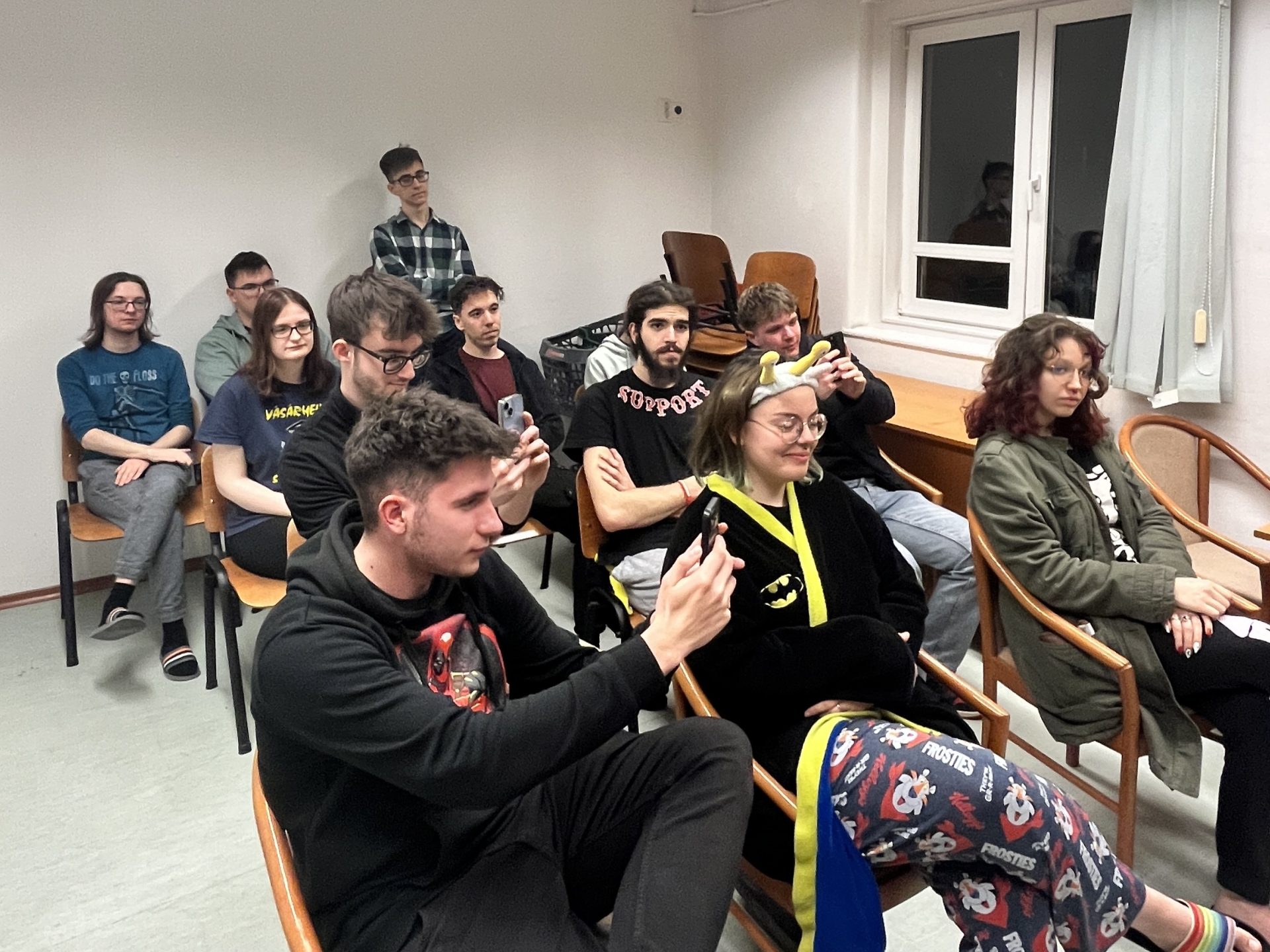Mobilities
Local Activities
Participants
Countries
Citizenship in Action is a collaborative partnership in youth project, across five countries, empowering young people through creative tools like photography and videography. These mediums foster initiative and can be a very valuable tool in the promotion of youth involvement in societal issues. Participants have learned camera skills and used non-formal education to express their ideas, needs, and opinions effectively. Youth workers also enhanced their abilities to support and facilitate engaging activities, not only in photography and videography but also in promoting active participation and involvement in community life.
International Activities
Within Citizenship in Action, we organized 3 mobility activities, two training courses, about photography and videography, and one blended mobility for youth, aimed at creating the safe space for international collaboration and creative expression of young people. You can read more about each of these activities below.
Here’s the story of a group of participants from five countries who gathered in Peniche, Portugal, to explore active citizenship through photography, videography, and community engagement.
Explore our journey in Brno, where youth workers from five countries used videography to promote active citizenship. Discover how storytelling through video can inspire community engagement and social change!
Discover our inspiring journey in Budapest! See how youth workers from five countries used photography to promote active citizenship and community engagement. Click to explore the power of storytelling through images.
Local Activities
In every country we organized local activities for dissemination and exploitation of results from the training courses and the international blended mobility. Moreover, young people, with the support of youth workers, promoted active citizenship campaigns in each country, using non-formal methods of education. You can read more about these workshops and film festivals below.
Active Citizenship Campaign in Eger empowered youth to explore citizenship and local engagement through photography and creative expression.
A relaxed Saturday in Campo de Ourique turned into a celebration of stories and portraits, as young photographers captured the faces—and voices—of this Lisbon community.
Photography enthusiasts in the snowy village of Látky, capturing its rural charm and community spirit through lenses.
Young people in Miercurea Ciuc used photography as a tool to explore creativity, strengthen community ties, and promote active citizenship.
Participants learned the fundamentals of photography and composition using both cameras and smartphones. They explored the outdoors until sunset and shared their best shots during an evening showcase.
We brought portraits to life in Alvito through an augmented reality mural built with the local community. Discover the stories, the people, and the journey behind this unique videography workshop.
Young people from Košice joined the Citizenship in Action project to learn videography and highlight local community issues.
Young filmmakers explore Rokytnice nad Jizerou, capturing local stories and community traditions in engaging mini-documentaries.
The Video Workshop in Budapest inspired youth to delve into citizenship and community involvement through videography.
Young people in Miercurea Ciuc used videography to express creativity, connect with their community, and engage in civic life.
Films, popcorn, and new connections in Budapest! A cosy festival showcasing the impact of visual storytelling.
Uni vibes in Bratislava! A student residency turned into a vibrant cinema space, bringing together young people for a night of storytelling.
A night of stories and karaoke at HighFive in Brno - celebrating the work of the Citizenship in Action project!
The Romanian Film Festival in Miercurea Ciuc and Pitești celebrated creativity, community, and storytelling's power to connect.
A night of storytelling at "Com Calma" in Lisbon, showcasing powerful documentaries and photography from the Citizenship in Action project.
Results
These are some of the results created by participants during this project. Using non-formal methods young people engaged in ways to tackle societal issues they face in the community using photography and videography.
Results from Active Citizenship Through Photography
In Budapest, youth workers from five countries joined a training course to explore photography as a tool for active citizenship. Through hands-on activities, they captured everyday life and stories, promoting social awareness and connection.
Faces Of Budapest
Dark Room Magic
Results from Active Citizenship Through Videography
In Brno, youth workers from five countries participated in a videography training course, enhancing their skills to promote active citizenship. Through hands-on exercises like interviews and one-shot challenges, they created documentaries capturing local voices and community life.
Documentary: “We Are The History”
Documentary: “Streets of Brno”
Documentary: “Citizens of Brno”
One Shot Wonder: “Silver Moon”
Results from Young People in Action
Before the start of the mobility itself, we got a warm-up task for the amazing days that were about to come. This task involved creating a video on an inspiring subject from within our circle. The video could be an interview, a compilation of digital content, or anything up to our creativity. Here are a few examples:
Inspiring People: “Dear Mom”
Inspiring People: Zsófi
Inspiring People: Miguel
One of the creative activities developed during the project was the “Guerrilla Interviews.” In this challenge, participants had around 24 hours to conduct spontaneous interviews with locals and visitors in Peniche. These interviews captured diverse perspectives from strangers on a variety of social issues and also served as a powerful way to connect with and better understand the local community. The recorded interviews were later compiled into short videos — you can watch three of them below.
What Are Your Skills?
People’s Opinions About Surf
Foreigners in Peniche
We took on a series of photography challenges — from shooting in different environments to making spontaneous portraits and experimenting with camera settings.
The final mission of this adventure was to plan, record, and edit a documentary from beginning to end. This documentary tackled a variety of citizenship-related topics, ranging from climate challenges to personal struggles. It also highlighted sustainable practices, local traditions, and the many elements that make Peniche a unique and remarkable place.
Documentary: “Dário Correia”
Documentary: “Guardians of the Ocean”
Documentary: “What Makes Peniche Special”
Documentary: “The Heartbeat of Peniche”
Documentary: “Motherhood”
Documentary: “Ricardo”
Documentary: “Solitude”
Results from 🇭🇺 Photography Workshop
Young people in Eger formed small teams to capture images reflecting their local realities. Their goal was to express messages about their community, highlighting challenges or positive initiatives in Eger.
Results from 🇵🇹 Photography Workshop
In Lisbon’s Campo de Ourique, participants joined a photography workshop where they captured portraits and stories of local residents, showcasing the neighborhood’s warmth and community spirit.
Results from 🇵🇹 Video Workshop
During the workshop in Alvito, participants took to the streets to interview people passing by, capturing their voices, stories, and reflections. These spontaneous conversations offered an authentic glimpse into the local community and were later turned into video portraits that became part of a larger visual installation.
Interview with Eduardo Bon de Souza
Interview with Antonio Chanino
Interview with João Monte
Interview with Maria Catarina Feio
Interview with Benjamim
Interview with Inês Sacchetti e Eric Felet
Interview with Rita Silva
Interview with Gonçalo Pôla
Results from 🇸🇰 Video Workshop
In Bratislava, participants filmed a documentary about Centrum rodiny, a community center that connects people across generations, supports social inclusion, and promotes sustainability by reusing food, clothes, and offering second chances to those in need.
Documentary “Centrum Rodiny”
Results from 🇸🇰 Photography Workshop
In Látky, Slovakia, participants engaged in a photography workshop where they explored the village’s serene landscapes and community spaces. Guided by the soft light of a cloudy day, they captured images reflecting the calm and reflective atmosphere of the area.
Photo challenge in Slovakia (Digital Gallery)
Results from 🇨🇿 Video Workshop
In Rokytnice nad Jizerou, participants engaged in a video documentary workshop, learning filmmaking techniques and exploring the local community. They captured everyday moments and personal stories, creating short documentaries that reflect the village’s unique spirit and identity.
Documentary “Charming Town”
Documentary “Secret Landscapes”
Documentary “Community Connections”
Results from 🇭🇺 Video Workshop
In Budapest, participants learned video storytelling and created short documentaries about local culture and community life. They also filmed a running event at Lake Balaton, linking sport with social connection.
“Chimney Cake Tales”
“Rising Tides, Racing Spirits”
“The Flavour Experiment”
Results from 🇷🇴 Photography Workshop
In Miercurea Ciuc, participants joined a photography workshop where they explored citizenship through the lens. The activity resulted in three series: Humans of Bucharest, Humans of Ciuc, and a Photovoice collection highlighting local challenges and community perspectives.
Humans of Bucharest
A series of portraits and stories captured by participants during their time in Bucharest, focusing on the everyday lives, thoughts, and emotions of people in the capital.
Humans of Ciuc
Inspired by the same concept, this collection highlights the voices and faces of Miercurea Ciuc residents, offering a glimpse into the local identity and spirit of the town.
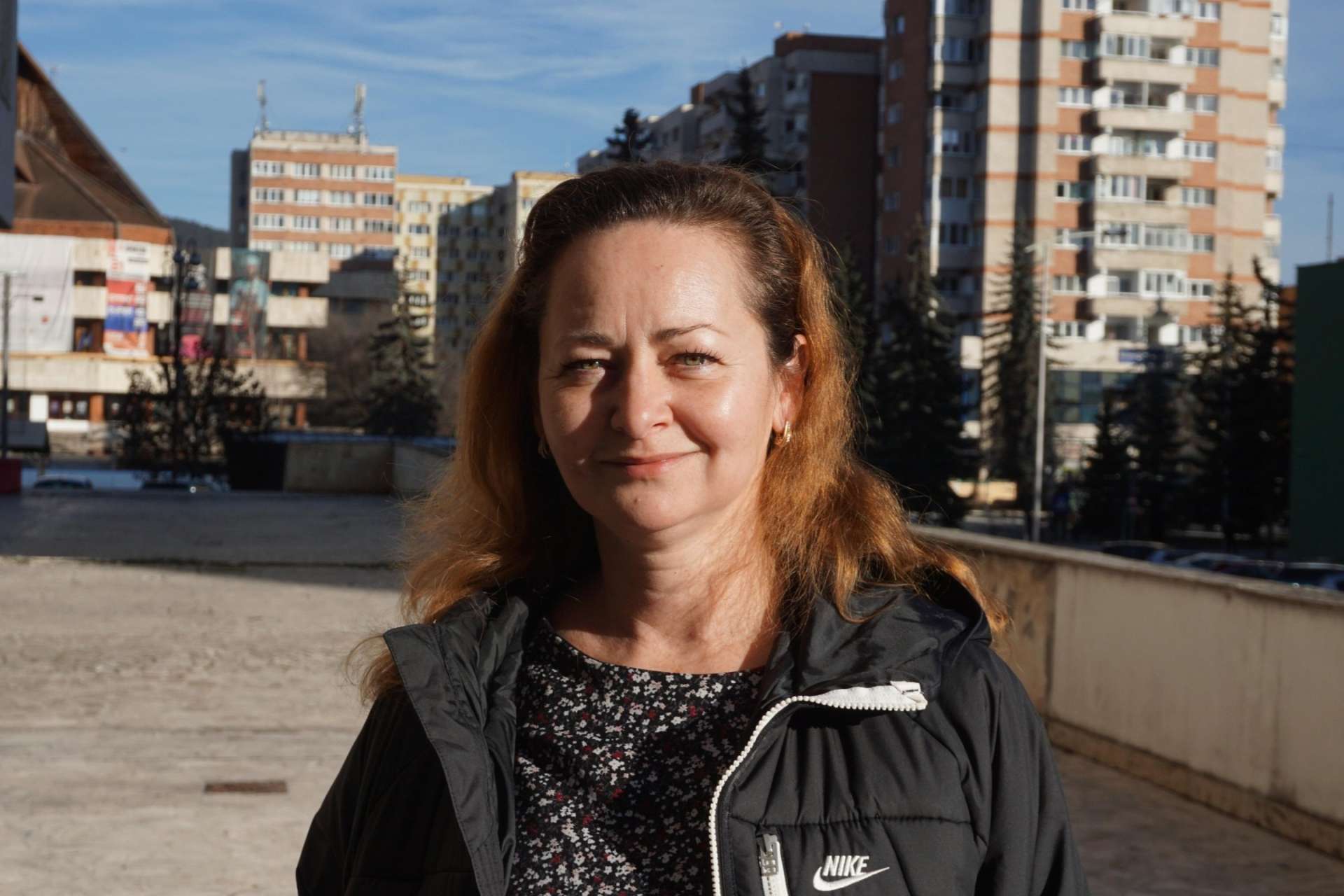
Irina
One of my dearest childhood memories from the countryside, at my grandparents’ house, in a village in northern Moldova, was the winter holiday season.
On Christmas Eve, we, “the ones from the valley” (of the village and the Siret River), would gather and go caroling. On the last day of the year (December 31st), we would go with the plugușor (a traditional New Year’s Eve chant), and on the morning of January 1st, we, the same little children, would go sowing, filling our neighbors’ homes with wheat grains.
Such beautiful times! And how happy we were to receive walnuts, apples, pretzels, and small coins!
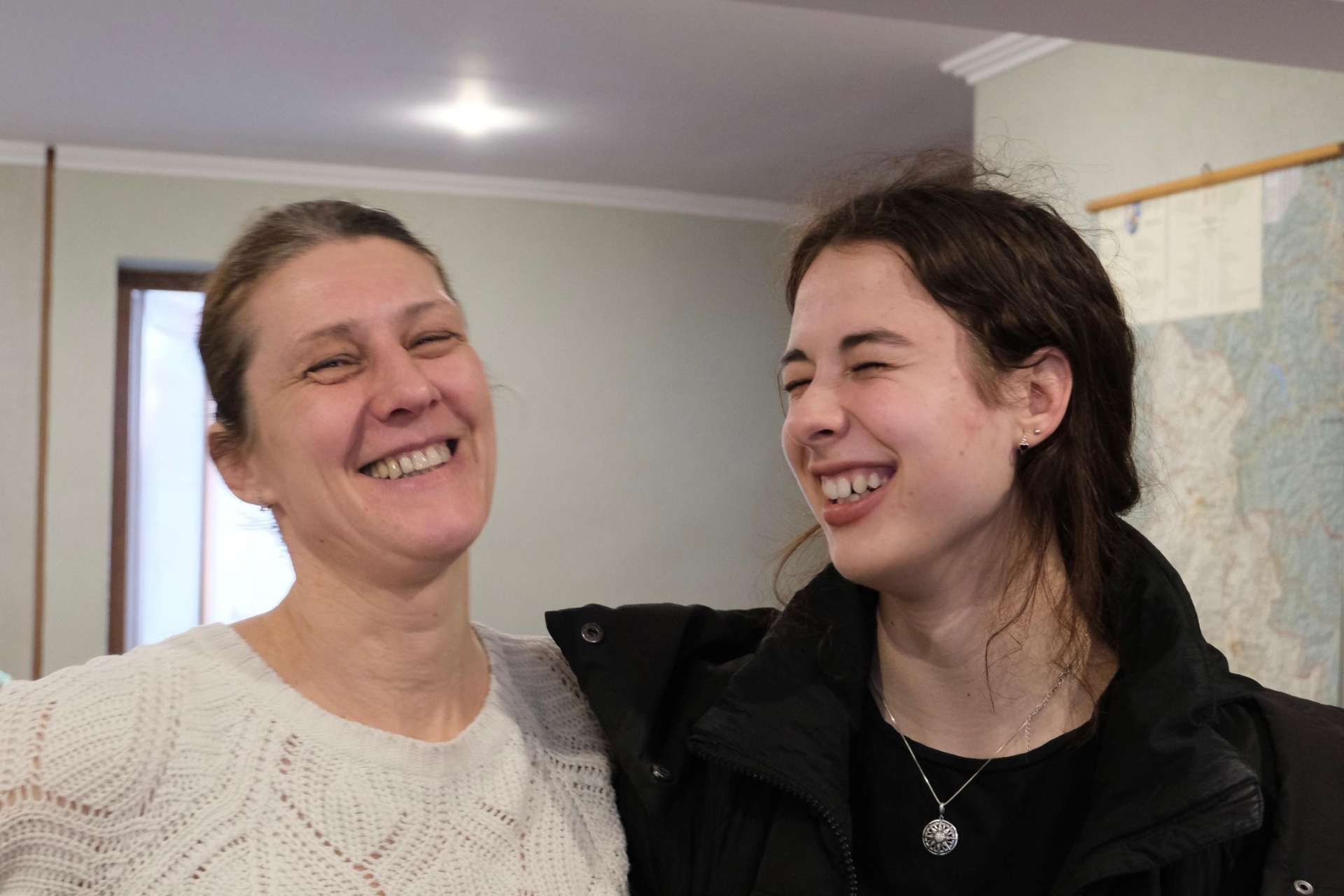
Bianca
I took my high school graduation exam, but then I failed to get into university. So, I started working with some restorers in Bucharest, and after I saved up some money, I decided to move there. When I told my parents, ‘I’m leaving for Bucharest tomorrow,’ they were very shocked and asked me why, how, and where I was planning to go. My mother told me that in Bucharest, ‘dogs don’t walk around with pretzels on their tails’ (meaning life isn’t easy there), but I didn’t believe her. However, when I arrived, I realized she was right—I had no home, no food, nothing. Luckily, the friends I made at work helped me with everything. They let me stay with them, gave me food, and I appreciated that so much. I ended up staying there for ten years, and I have the most beautiful memories. And it was there that I also discovered my passion: restoration.
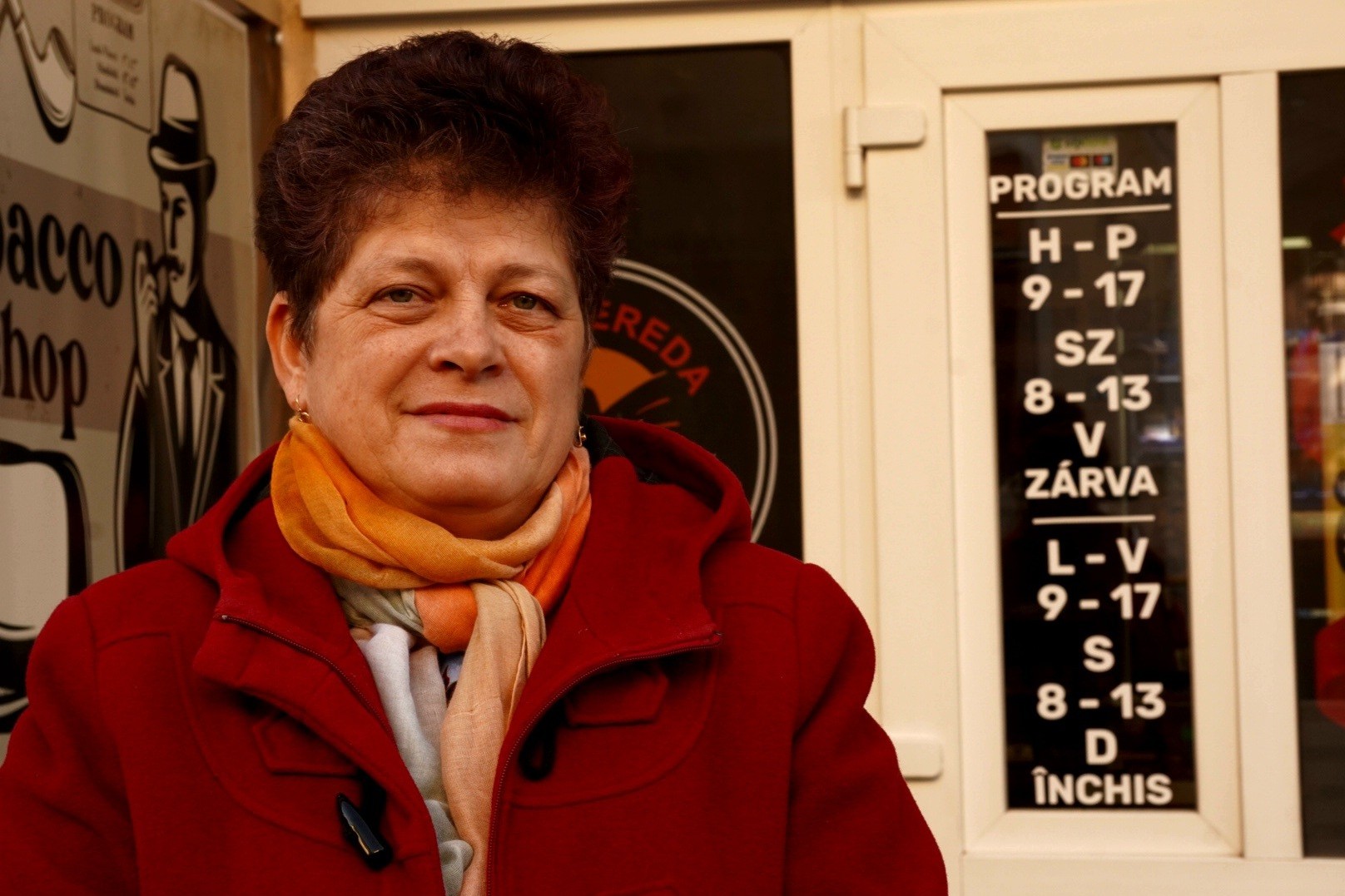
Maria
I come from a village, but I found my path in life here, in Miercurea-Ciuc. My greatest achievement is overcoming my background and building a life for myself in the city. Miercurea-Ciuc will always hold a special place in my heart.
I agreed to share my story because my daughter has also participated in Erasmus projects.
Photovoice
Through this series, participants used photography to reflect on social issues and challenges in the community, giving visibility to overlooked realities and encouraging dialogue.
Results from 🇷🇴 Video Workshop
In Miercurea Ciuc, high school students took part in a video workshop, learning to film and edit. They created People of Miercurea Ciuc, a short documentary capturing local voices and perspectives.
“Miercurea Ciuc Through Local Voices”
Results from 🇨🇿 Photography Workshop
In Rokytnice nad Jizerou, participants took part in a photography workshop, learning the fundamentals of photography and composition using both cameras and smartphones. They explored the outdoors until sunset and shared their best shots during an evening showcase.
In Czechia, the workshop encouraged participants to photograph friends and locals, capturing everyday life and community. In December, Anna interviewed young people in Jindřichův Hradec about their routines, civic engagement, and experiences studying in the city, sparking thoughtful conversations.
In Prague, Nikola and Oleksandra asked locals what they love most about the Czech Republic — from favorite places to daily joys. Through heartfelt conversations and portraits, they captured the essence of Czech life and community.
Disseminations
In addition to the formal activities such as workshops and film festivals, the young participants also took the initiative to share their involvement in the Citizenship in Action project. With the support of youth workers, they informally disseminated the activities they took part in—such as the training courses and local campaigns—within their schools and social circles, reaching classmates and friends. This informal dissemination helped broaden the impact of the project and inspired others to reflect on and engage with the values of active citizenship.
Bucharest, Romania
Dissemination held by Letitia Maria Ciobotea to her class of 10 students.
Lisbon, Portugal
Dissemination held by Rui Pereira to his 5 colleagues.
Kyjov, Czechia
Dissemination held by Jan Šimeček to his class of 25 students. He talked about how the group created a short film while engaging with the local community, highlighting both the creative process and the impact of the experience.
Esztergom, Hungary
At Géza Fejedelem Technikum, Noel Moldovan shared his experience with his classmates, talking about how creating a short film and connecting with the local community turned out to be a truly enriching journey.
Jablonec nad Nisou, Czechia
Sara Pavlíková gave a presentation to her 16 classmates, sharing her experience in the ‘Citizenship in Action’ project. She talked about how the project allowed her to engage with the local community and develop valuable skills.
Online, Czechia
Nikol Majerová hosted an online presentation on Discord for 15 friends, sharing her experience and insights from the project in an engaging and interactive way.
Nitra, Slovakia
Luca Soltésová presented the project to a group of 16 people. During her talk, she encouraged everyone to explore a topic of their own interest and proposed an activity for the youth club to create their own documentary.
Zilina, Slovakia
At Gymnázium sv. Františka z Assisi, Laura Carna presented the project to her classmates.
Bratislava, Slovakia
Edina Lilla Gablyasz presented the project at Pro Collegio Posoniensi to a group of 25 classmates. She talked about the activities and her personal experience, and opened a discussion to answer questions. To finish, she showed where to find similar Erasmus+ opportunities online.
Debrecen, Hungary
Mara Pataki and Boglárka Gecso gathered 12 friends at their university dorm to present the project.

Funded by the European Union. Views and opinions expressed are however those of the author(s) only and do not necessarily reflect those of the European Union or Dům zahraniční spolupráce (DZS). Neither the European Union nor DZS can be held responsible for them.

